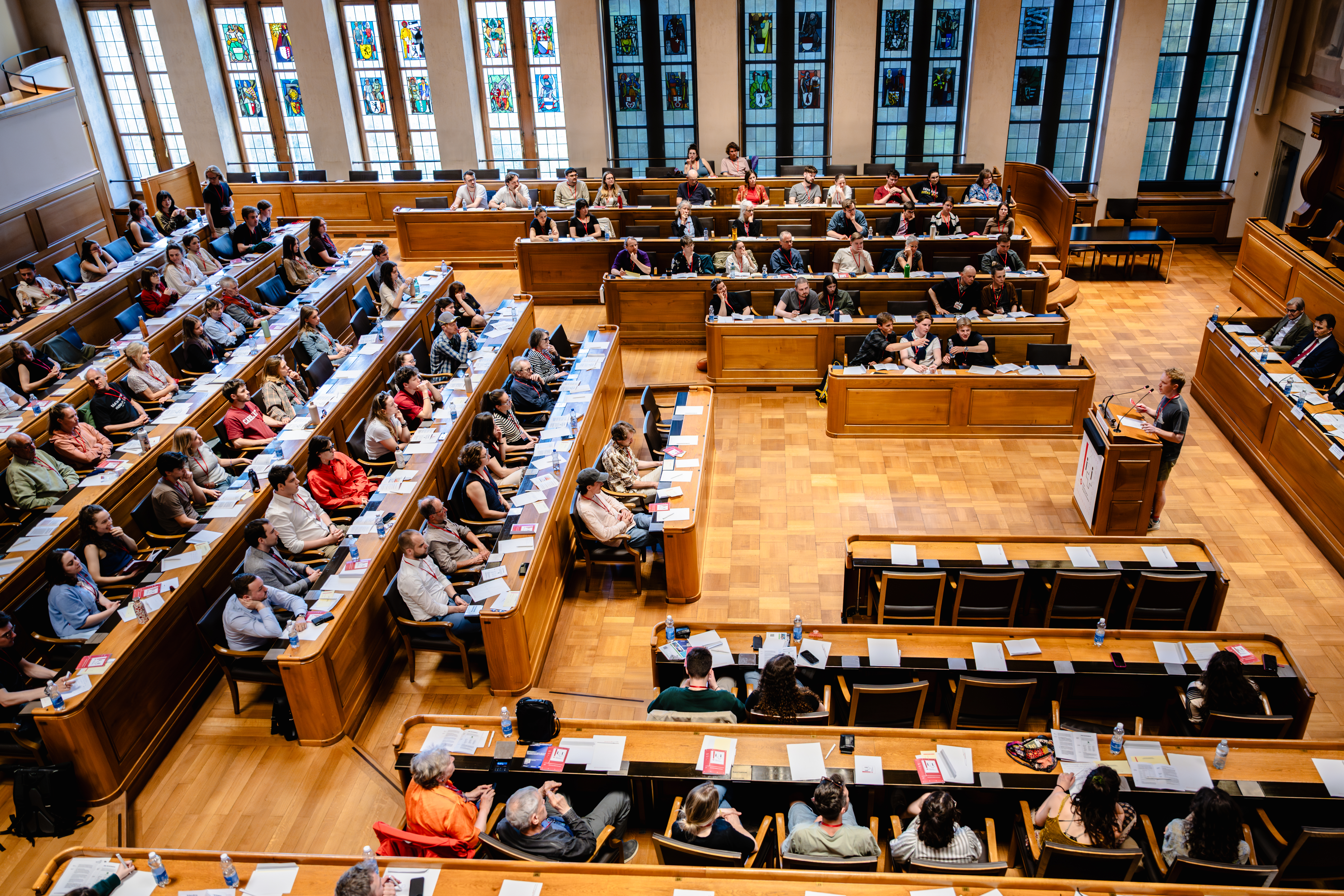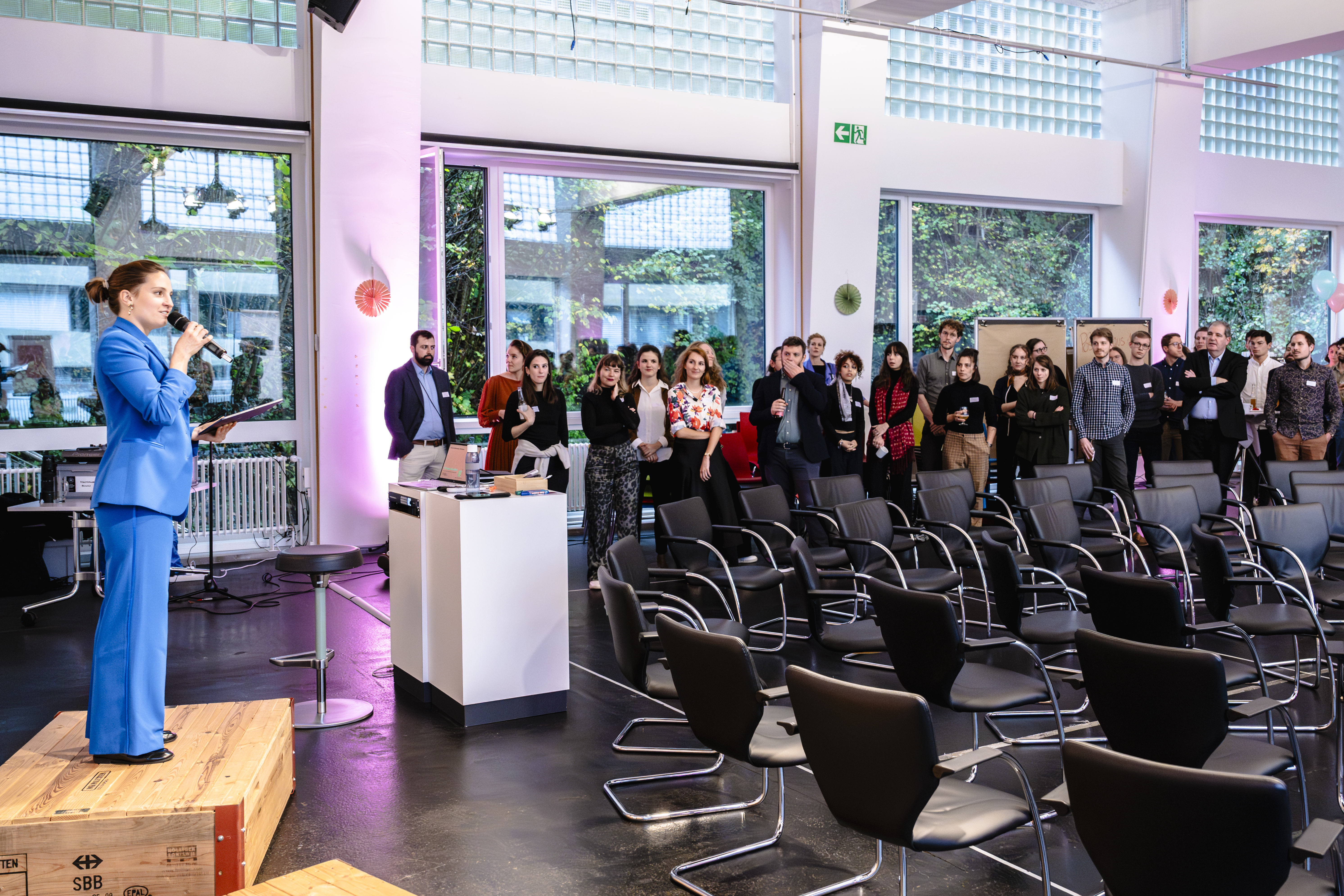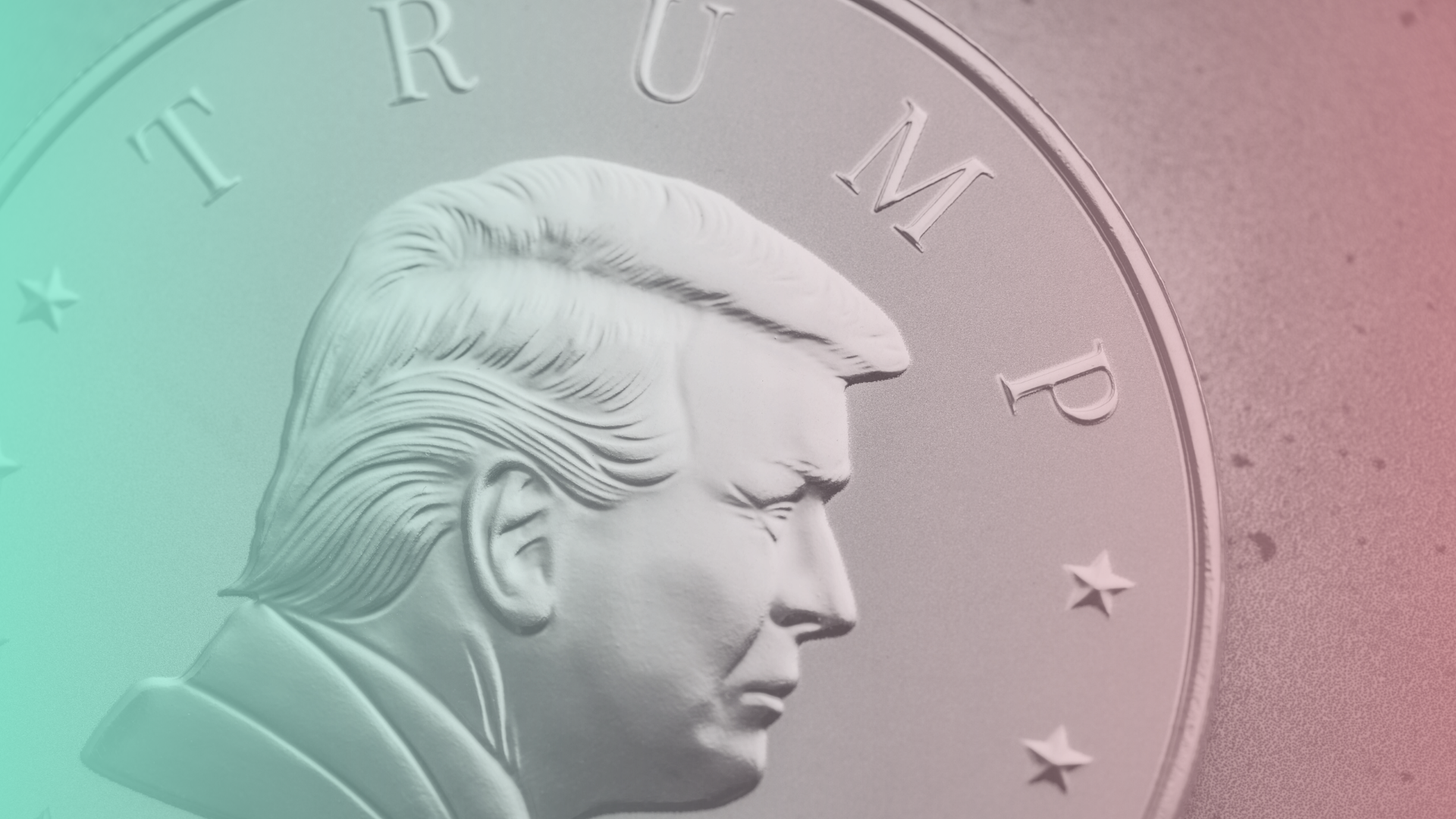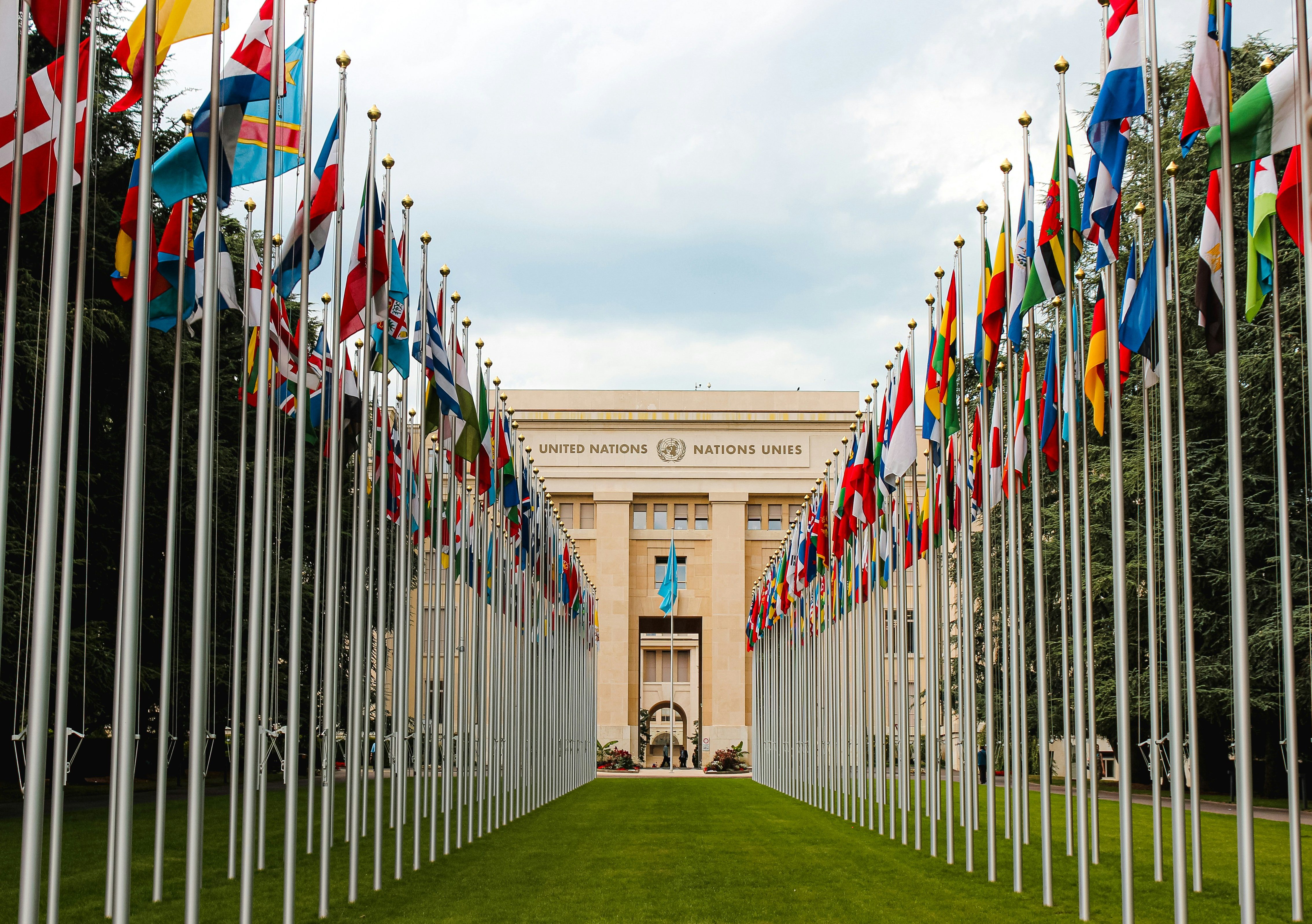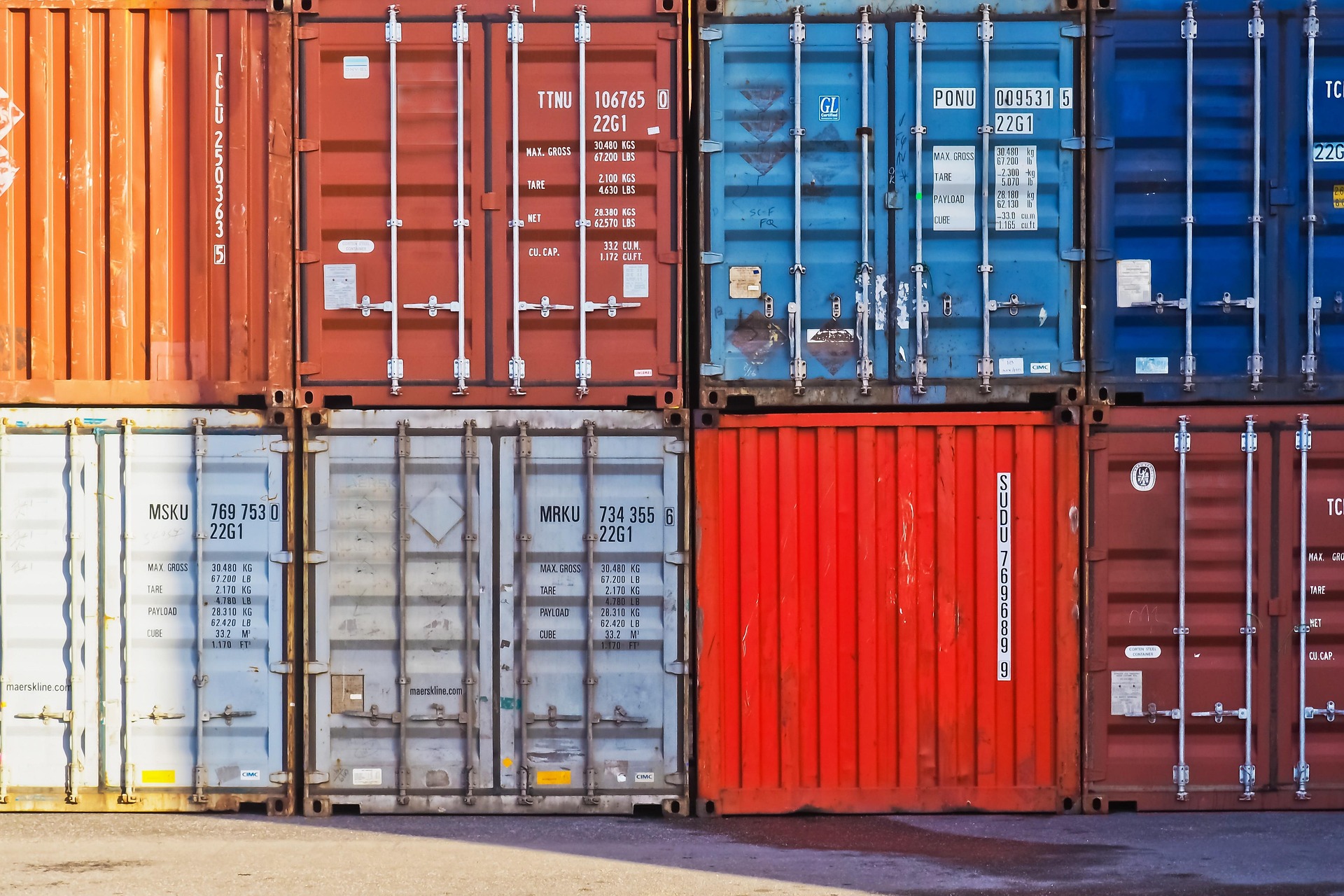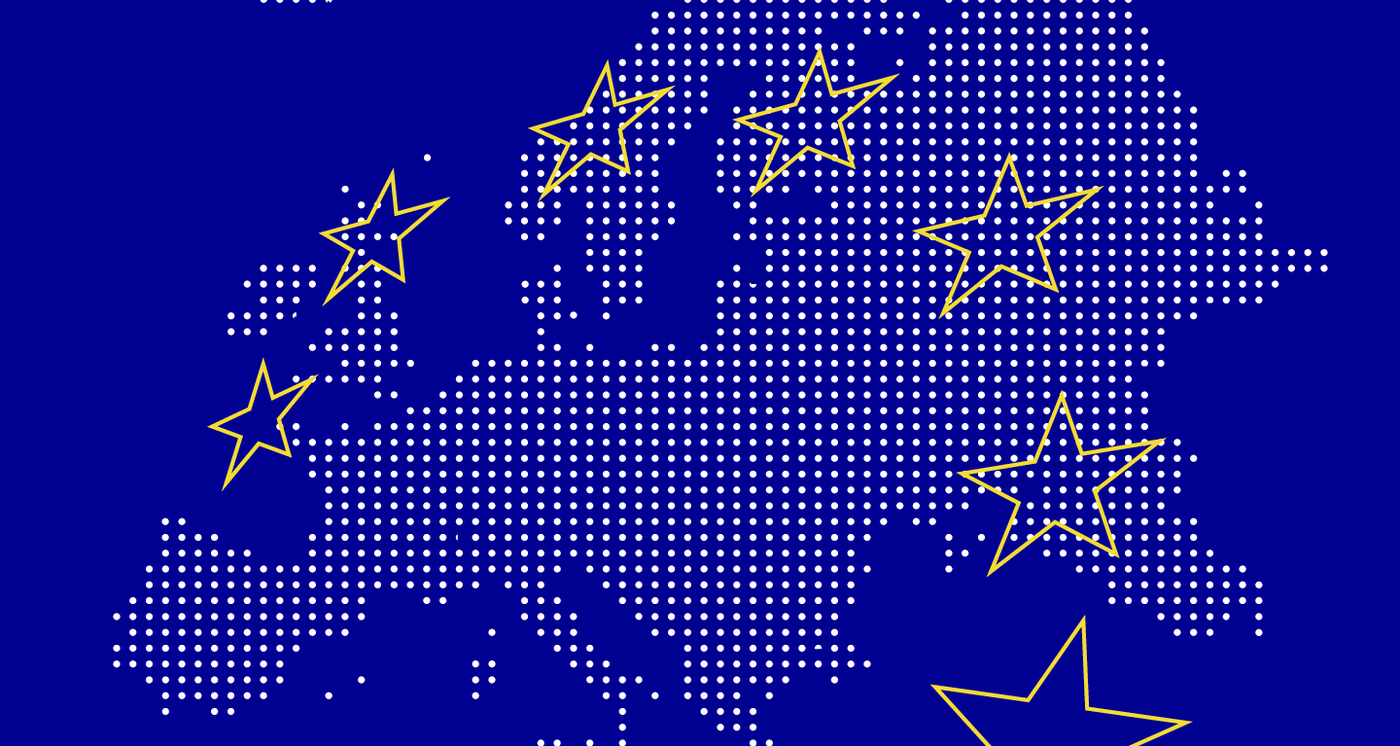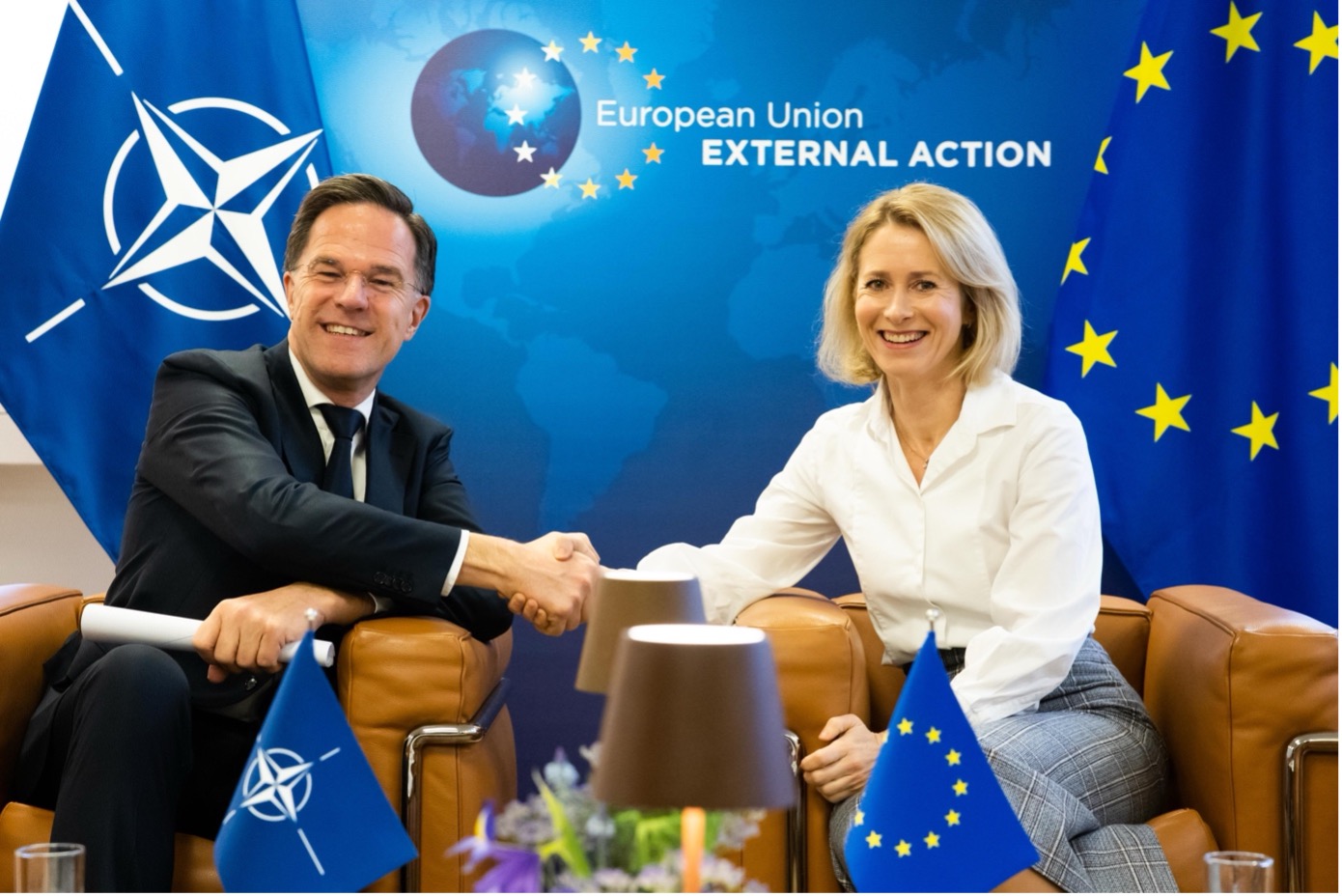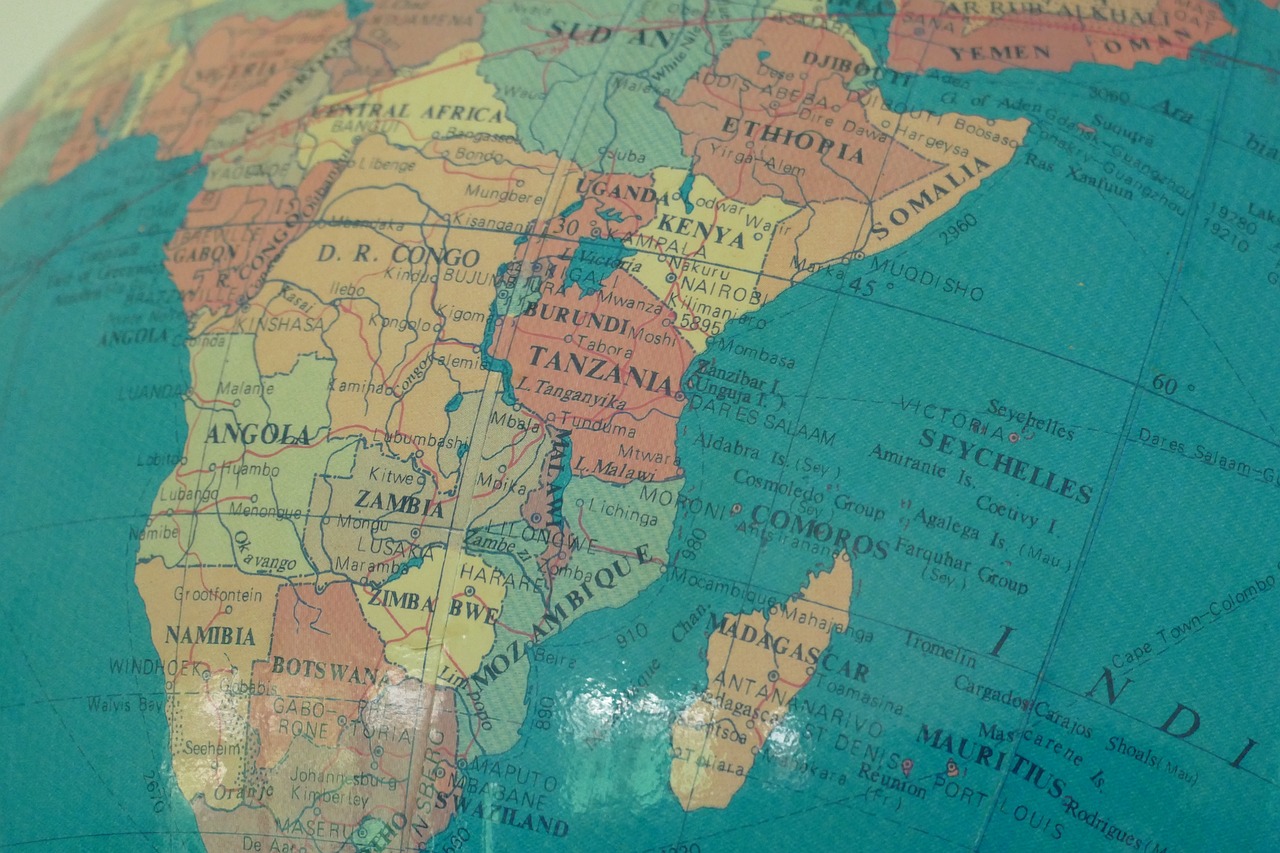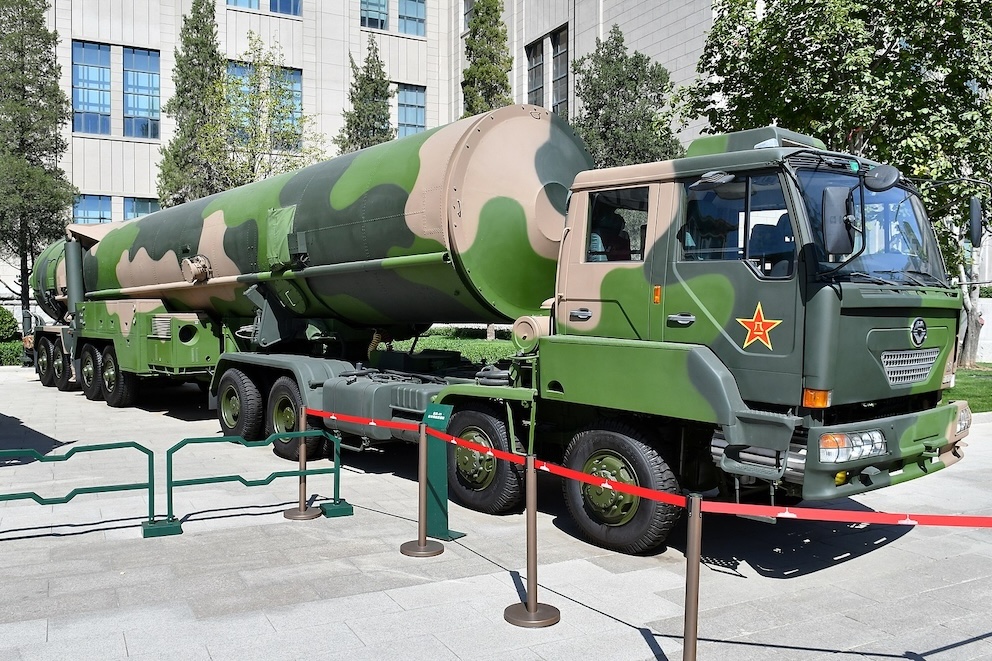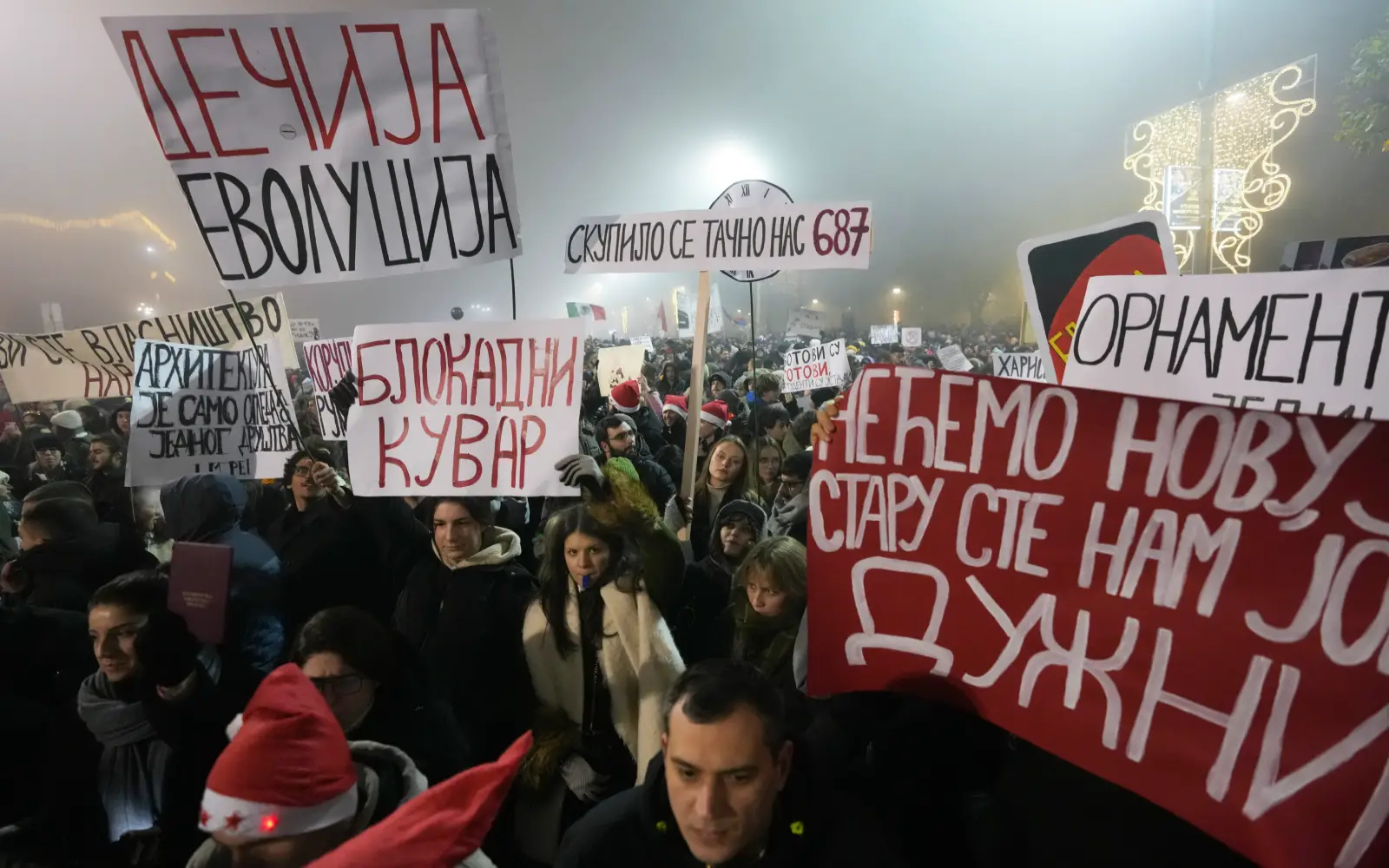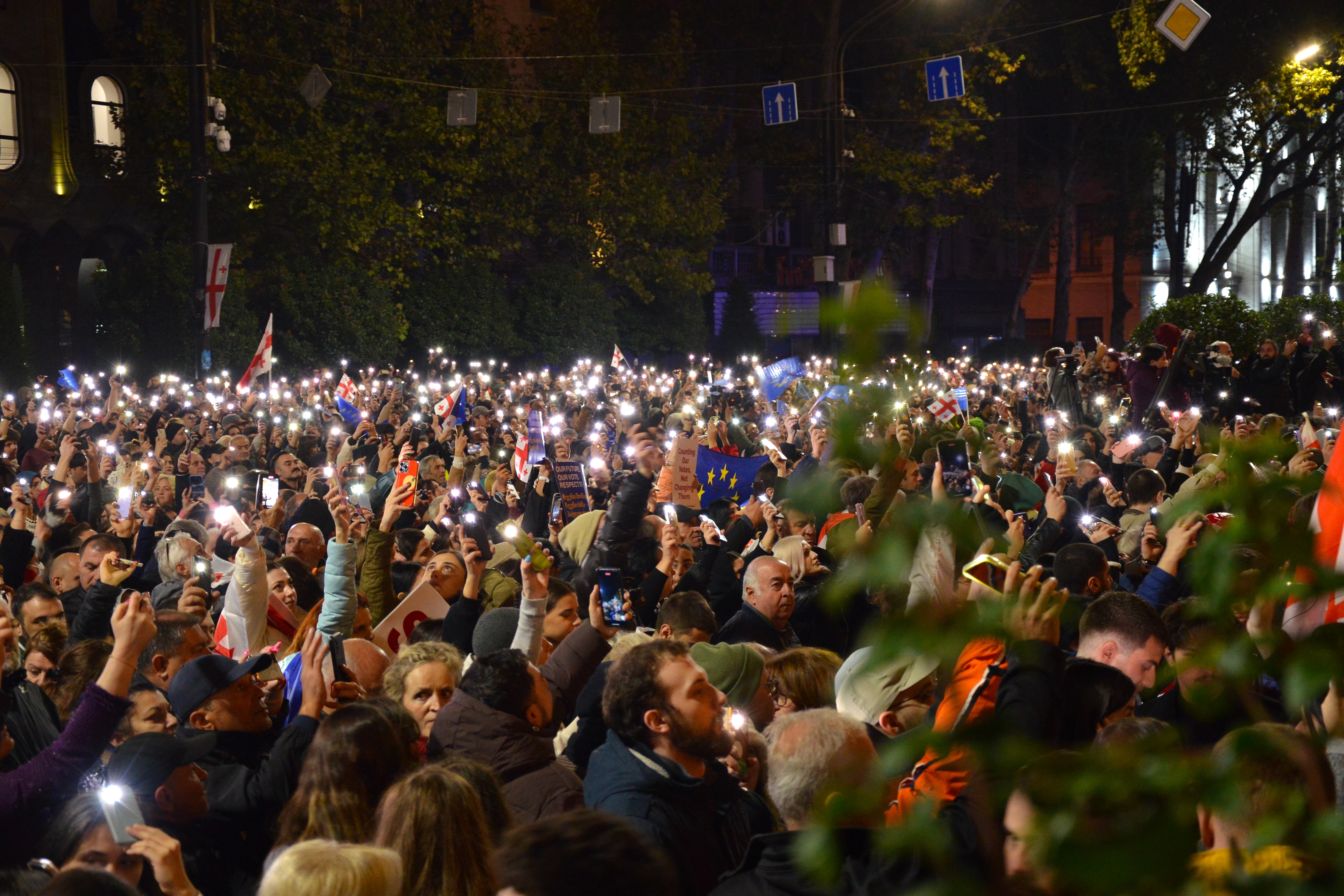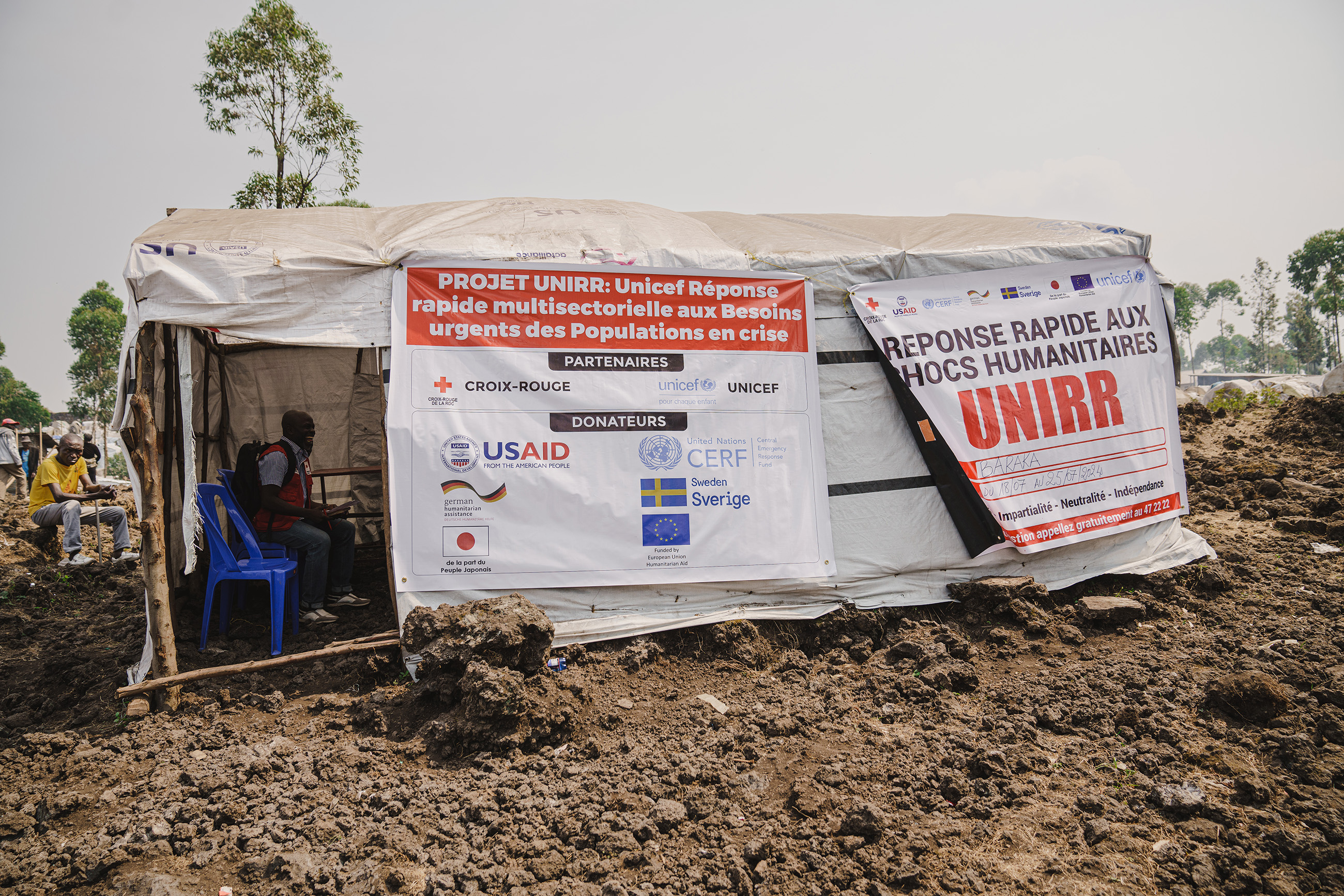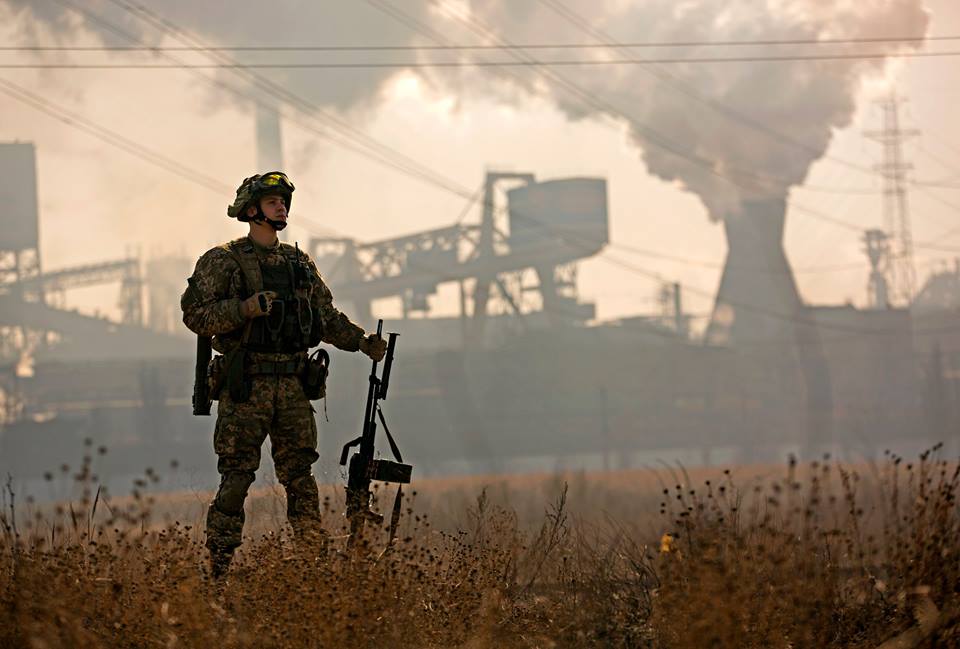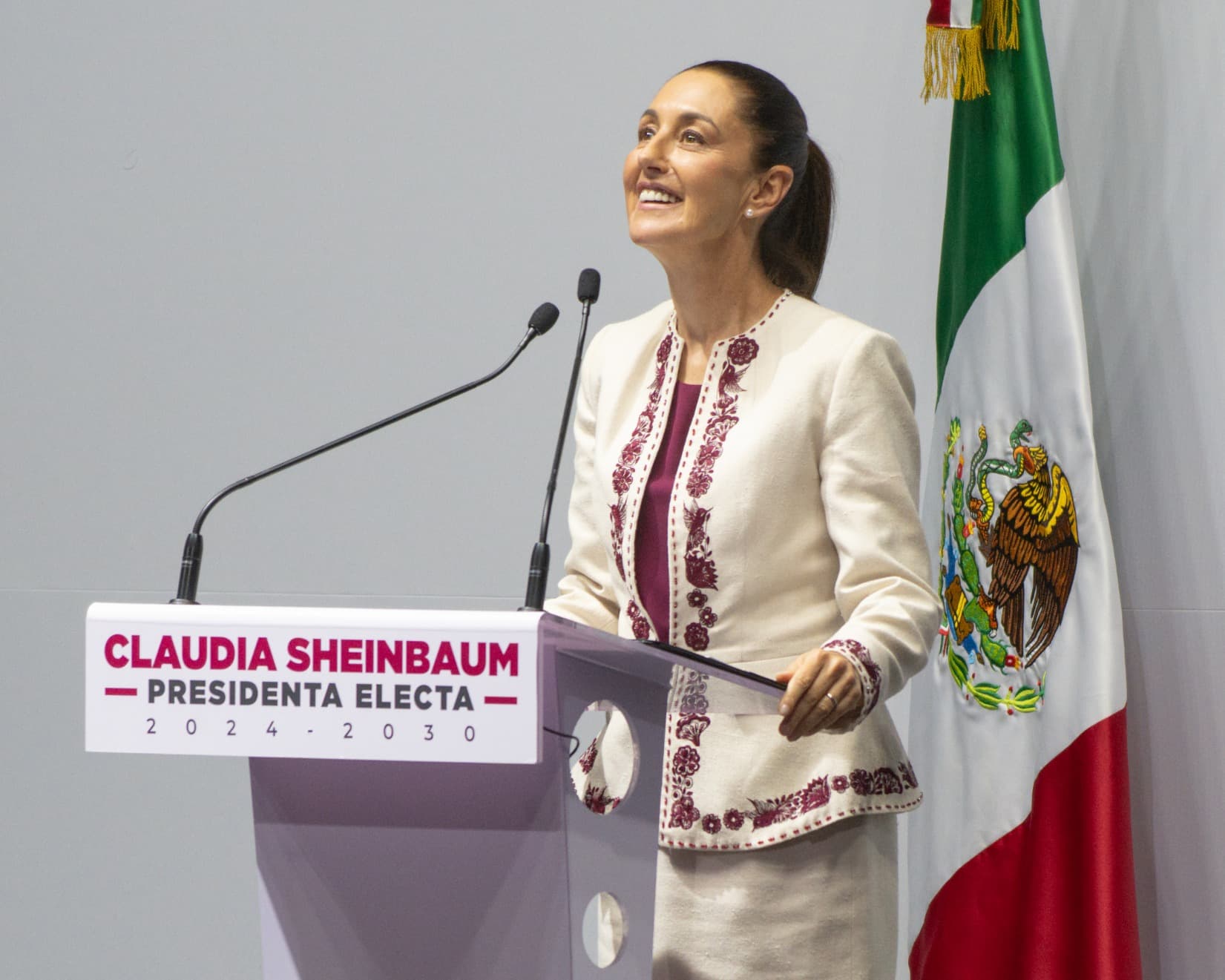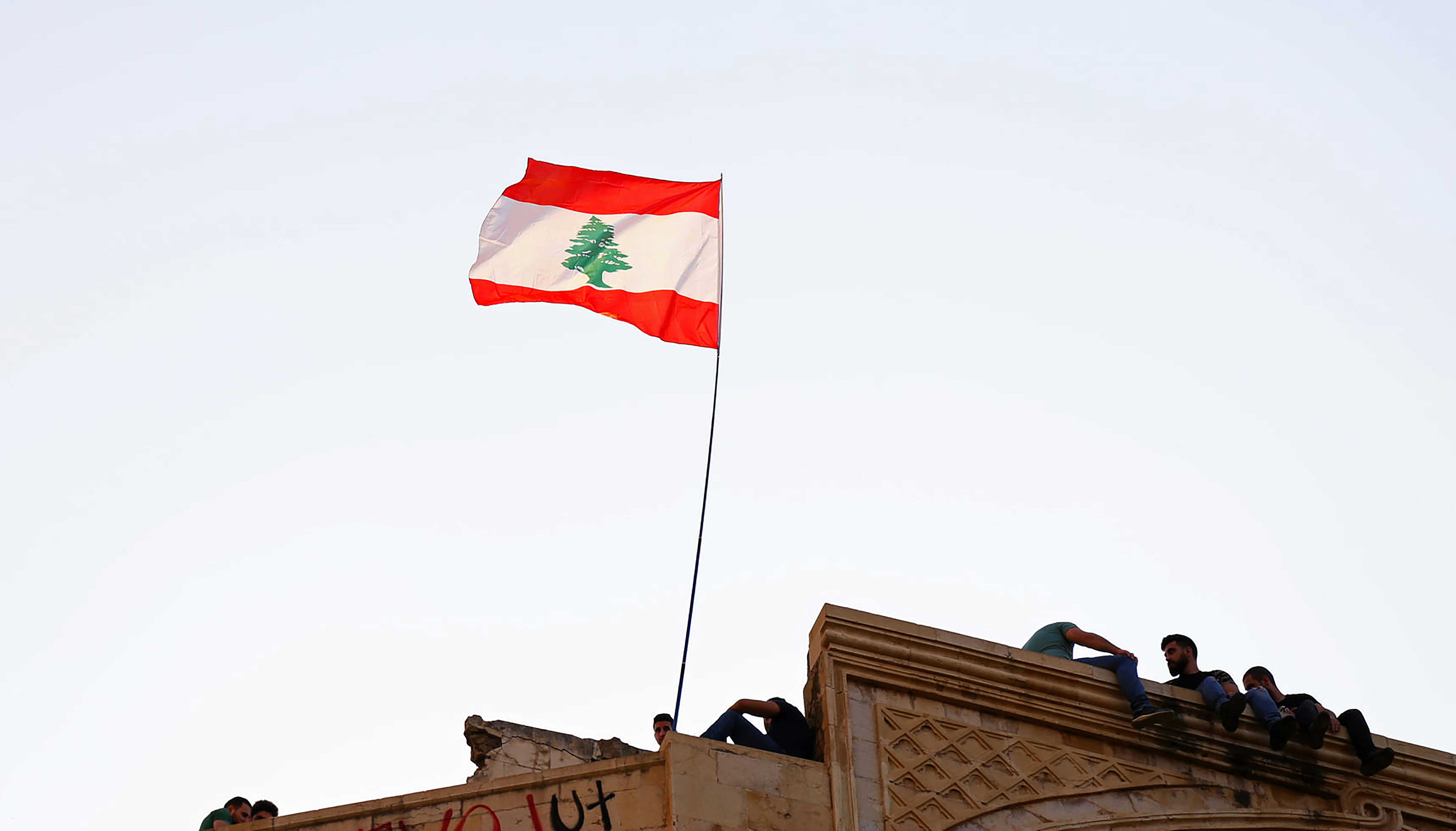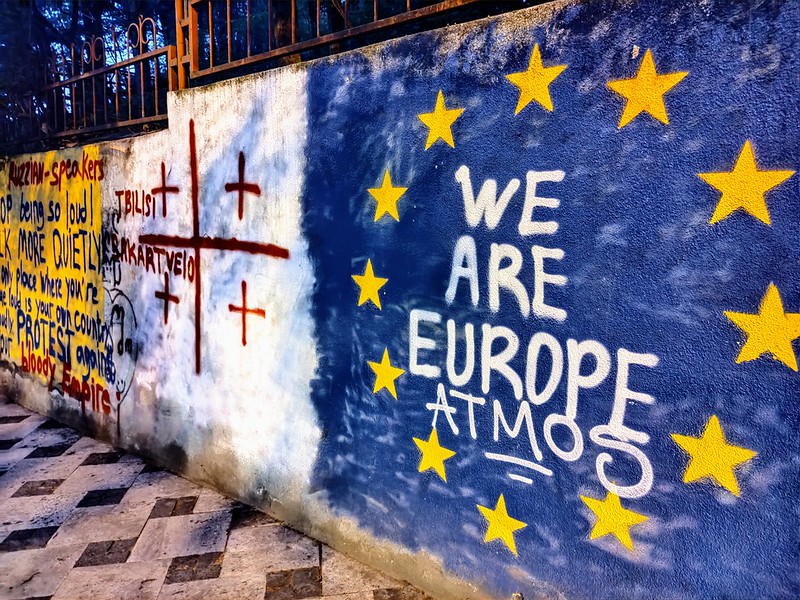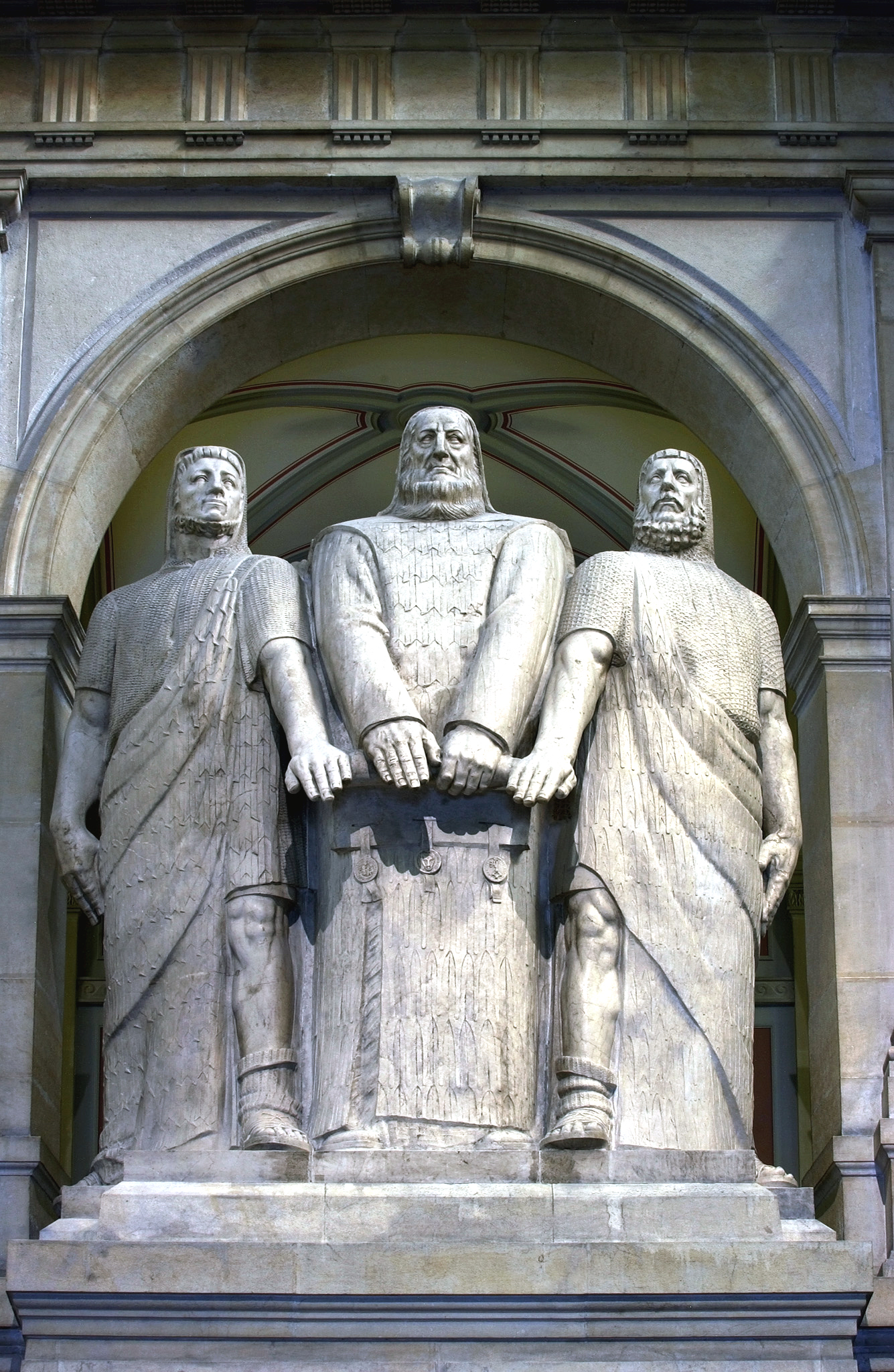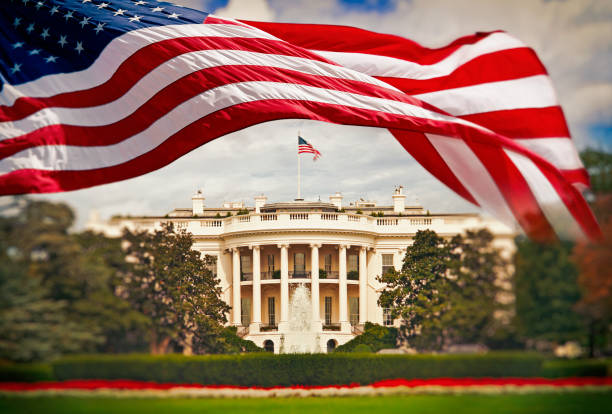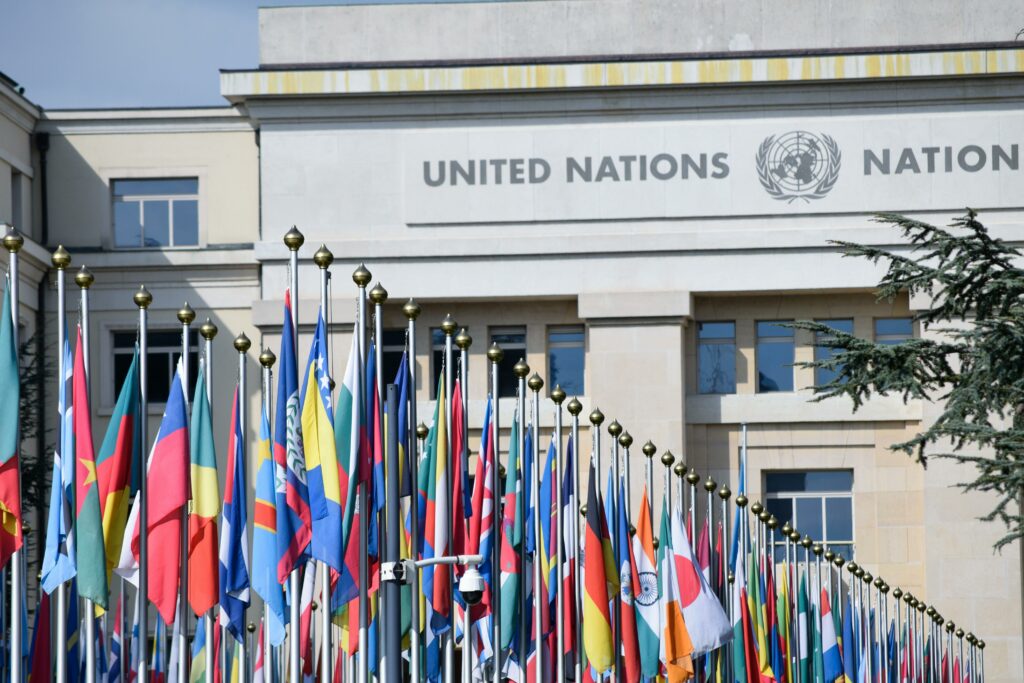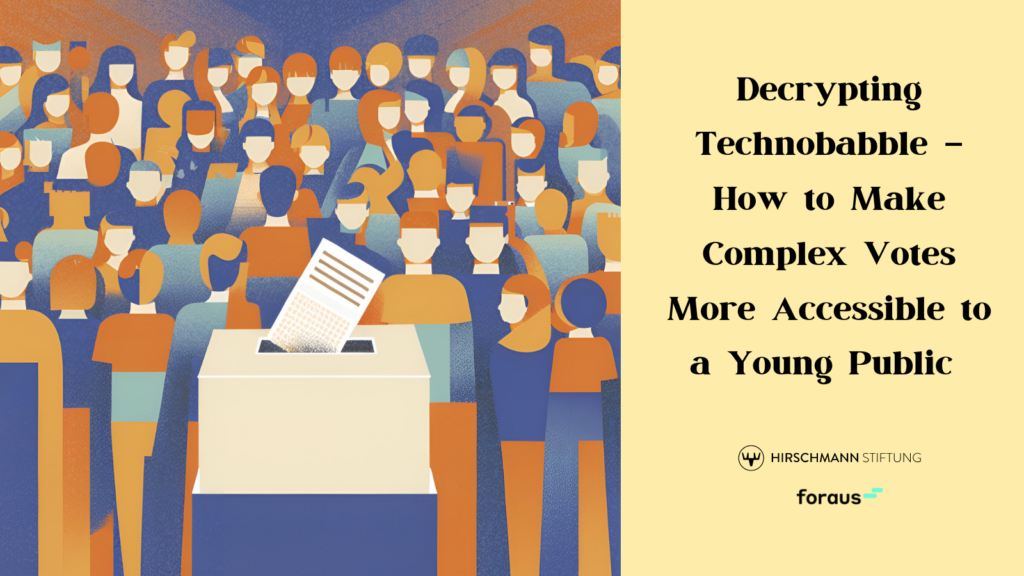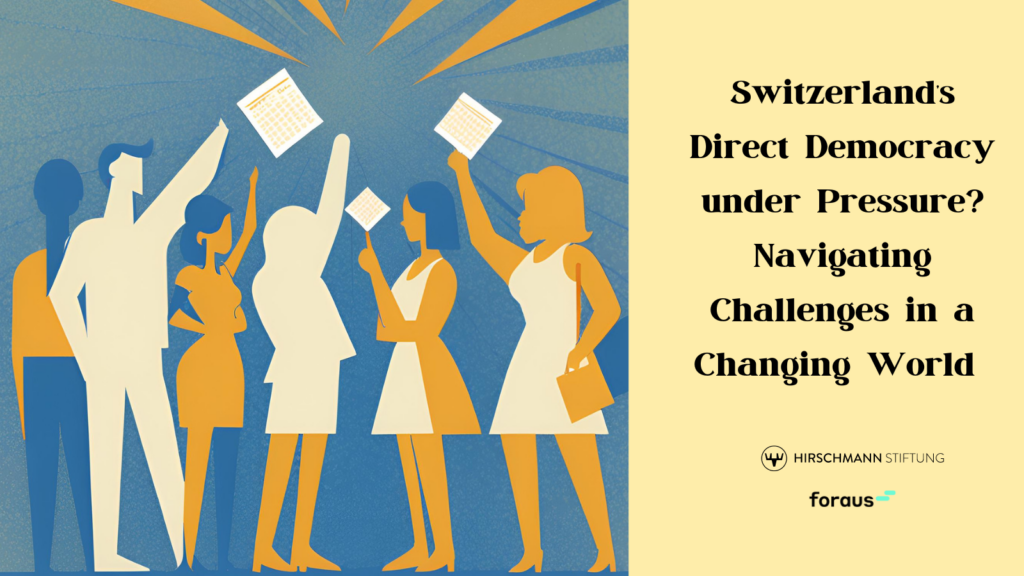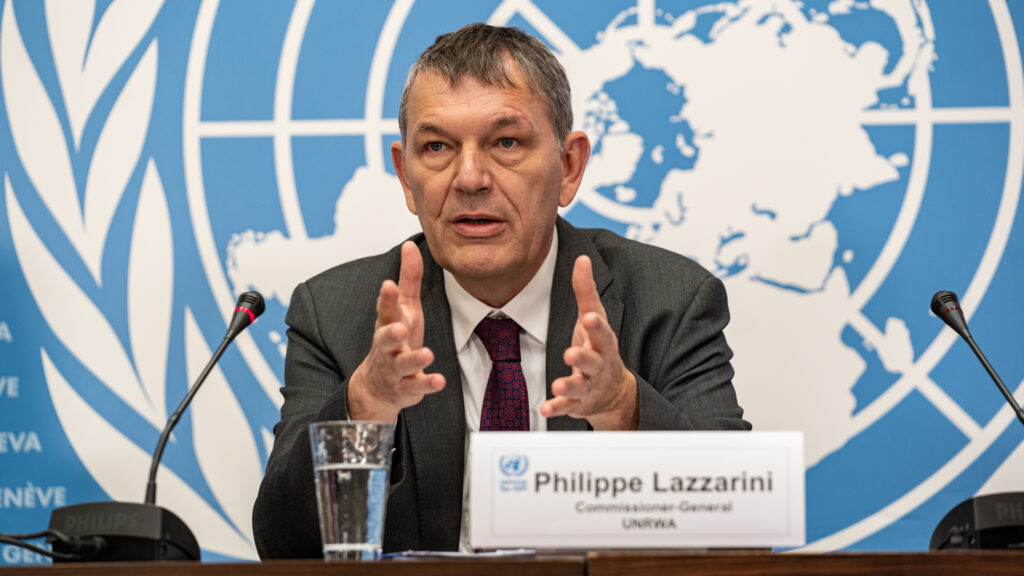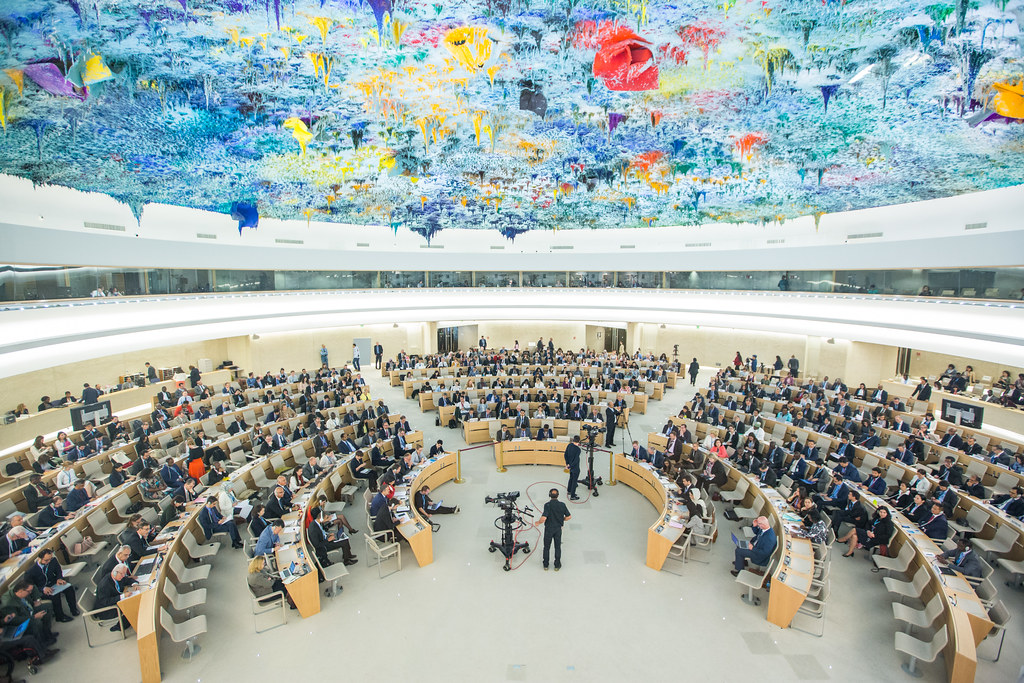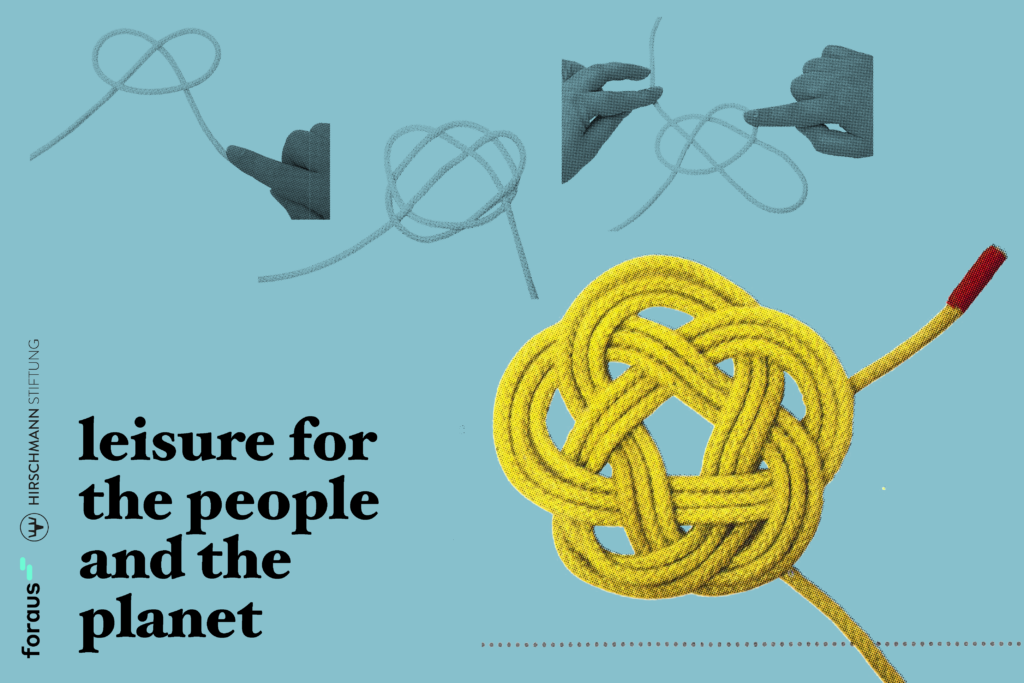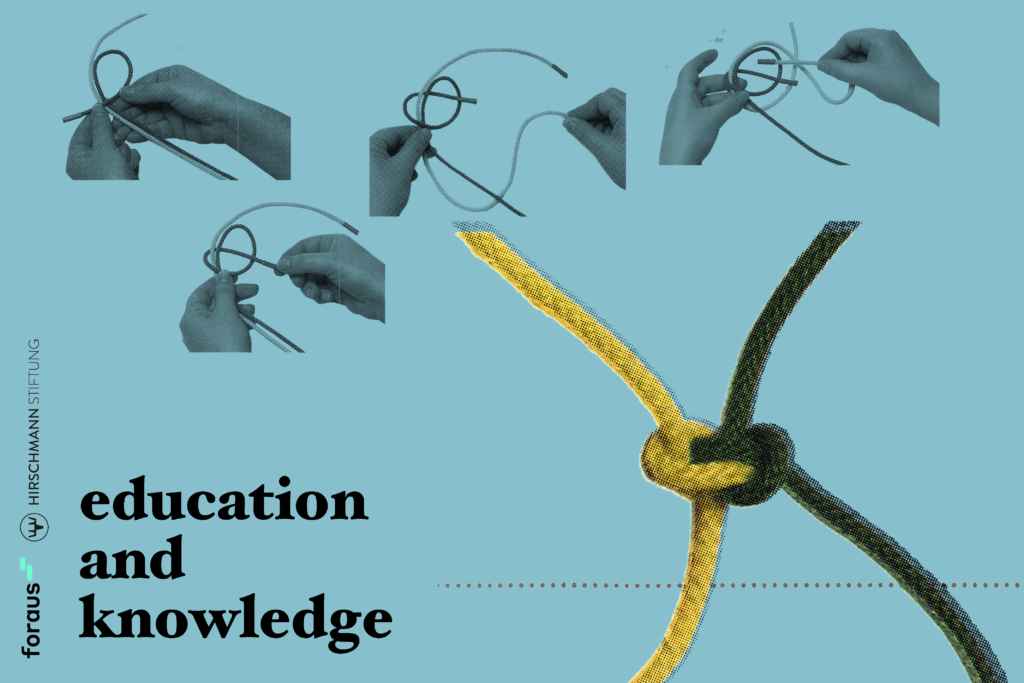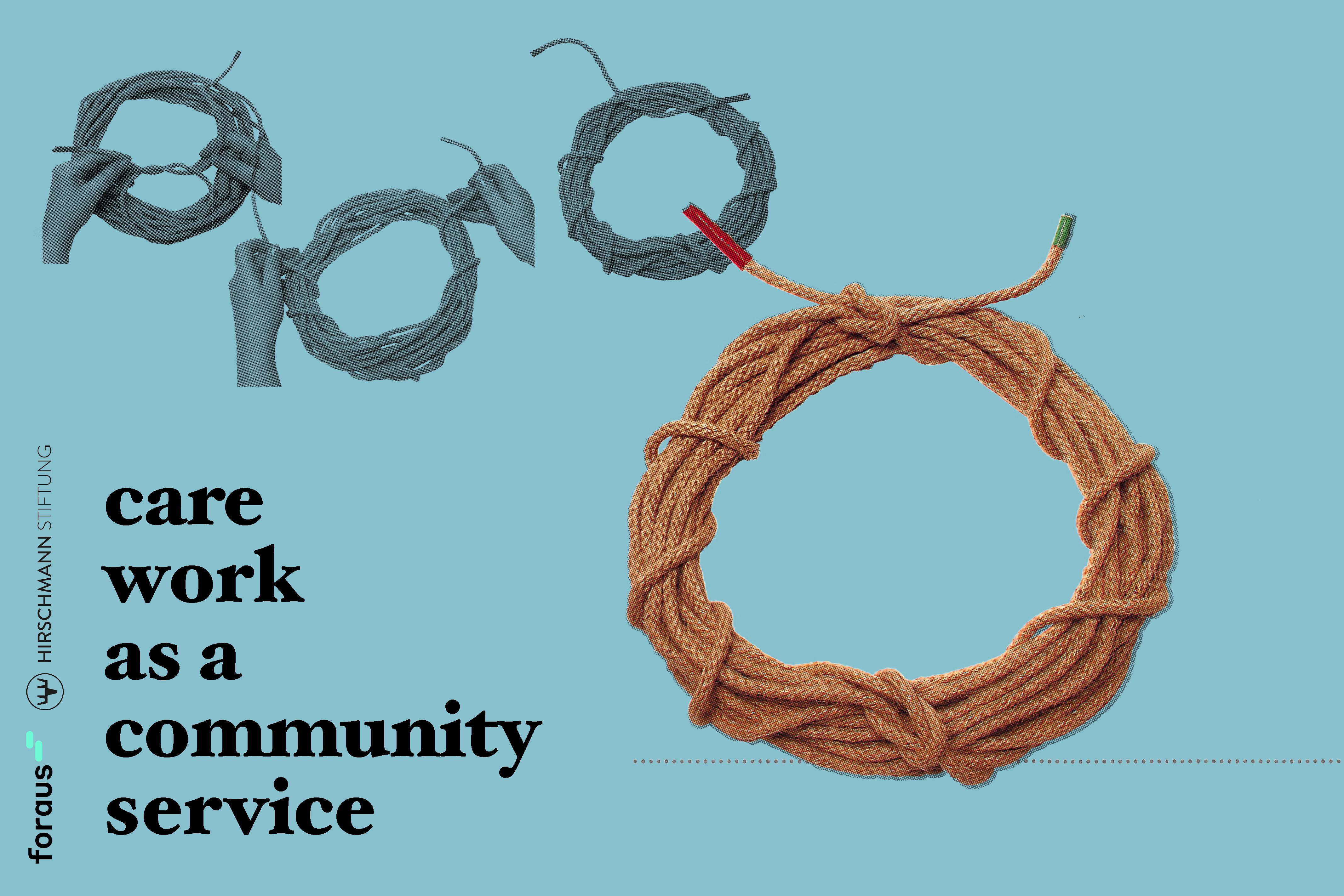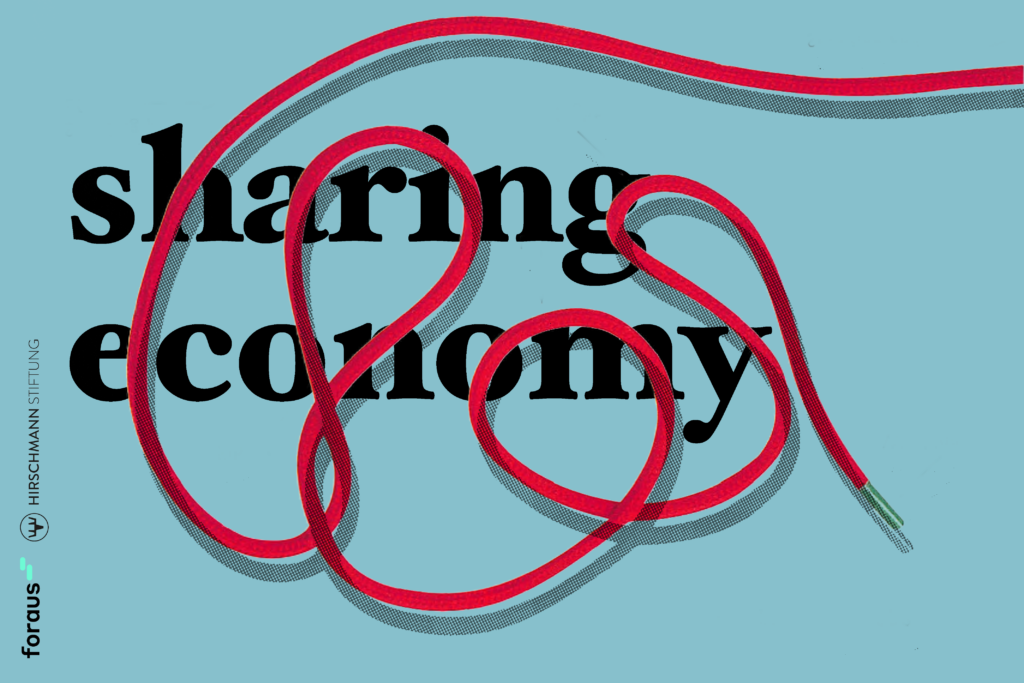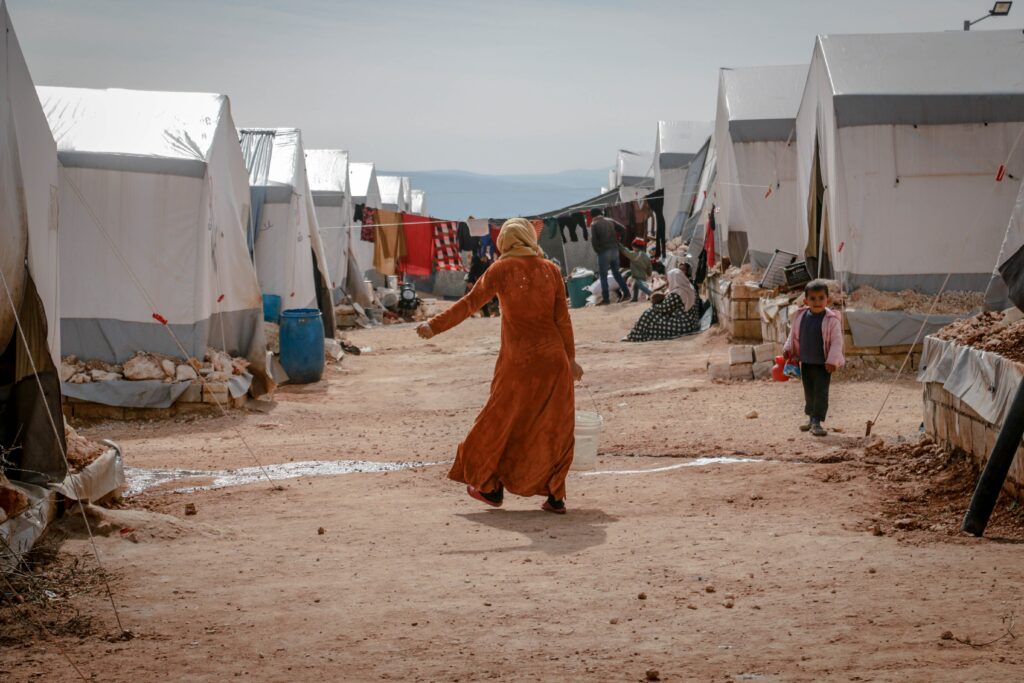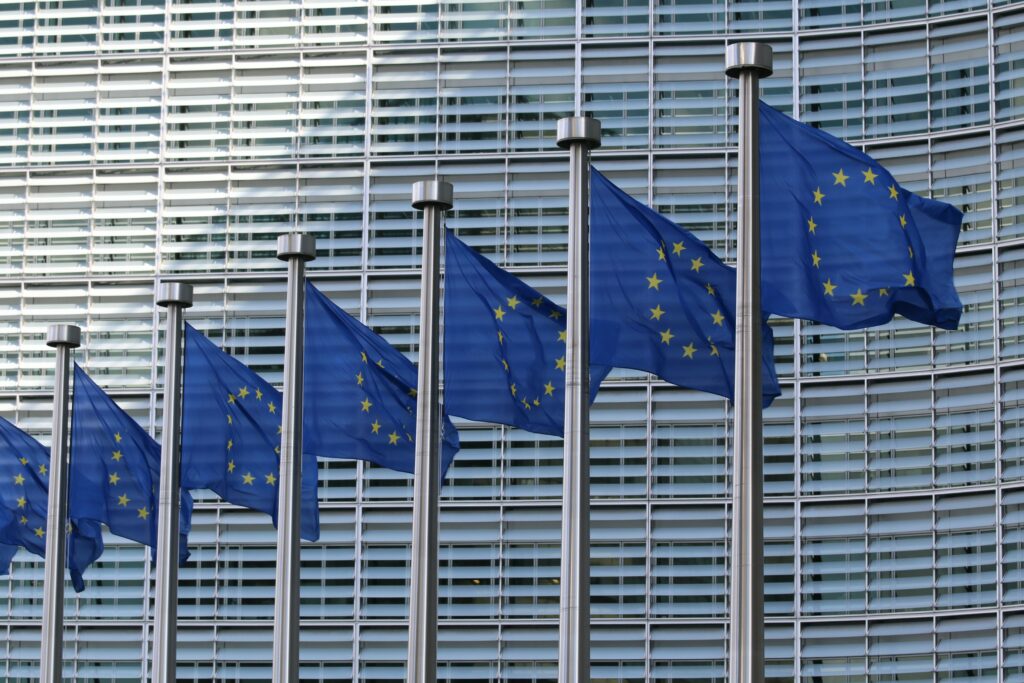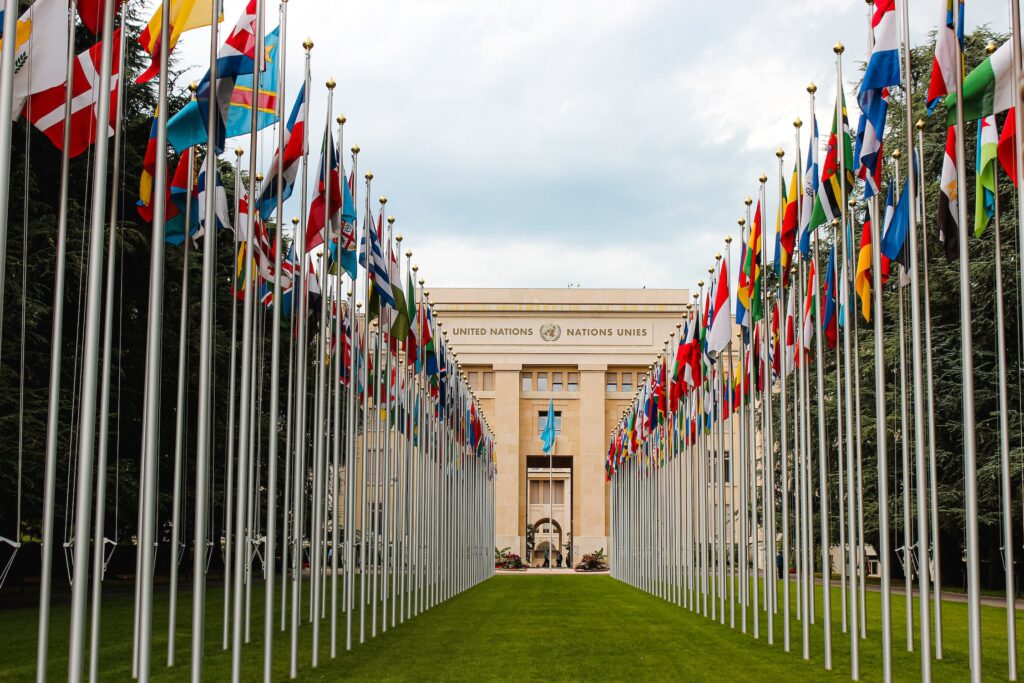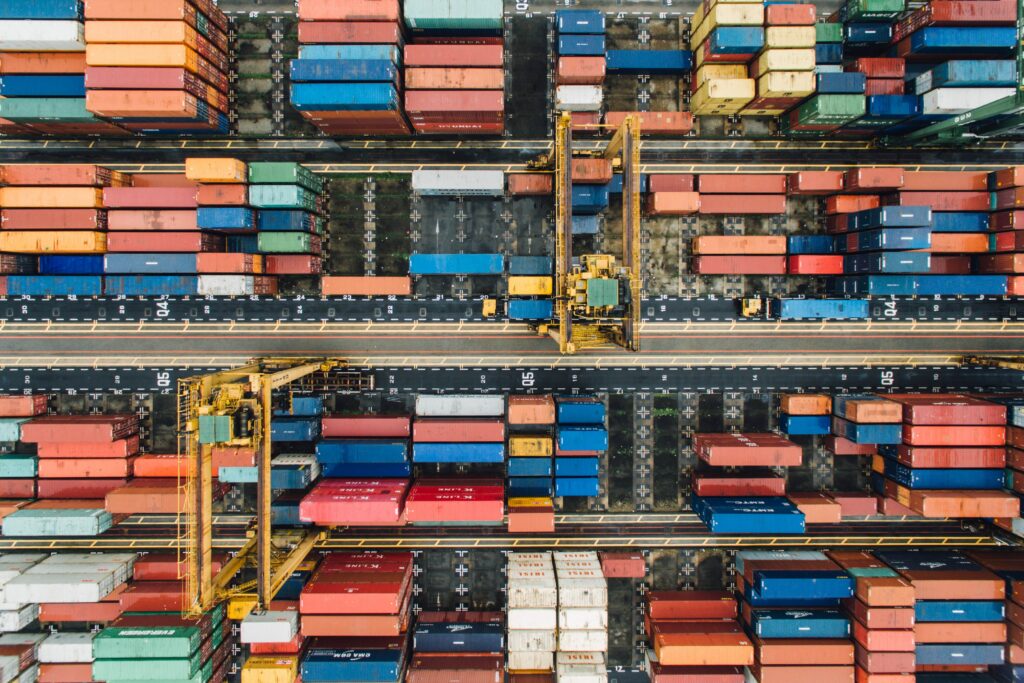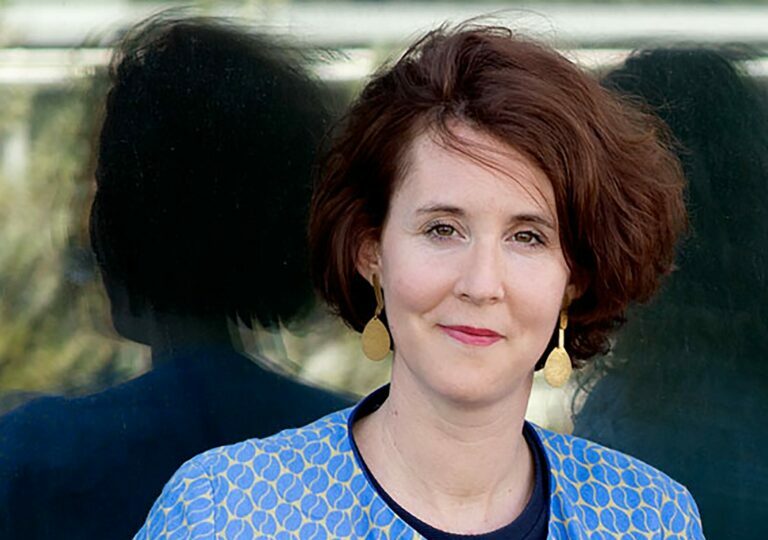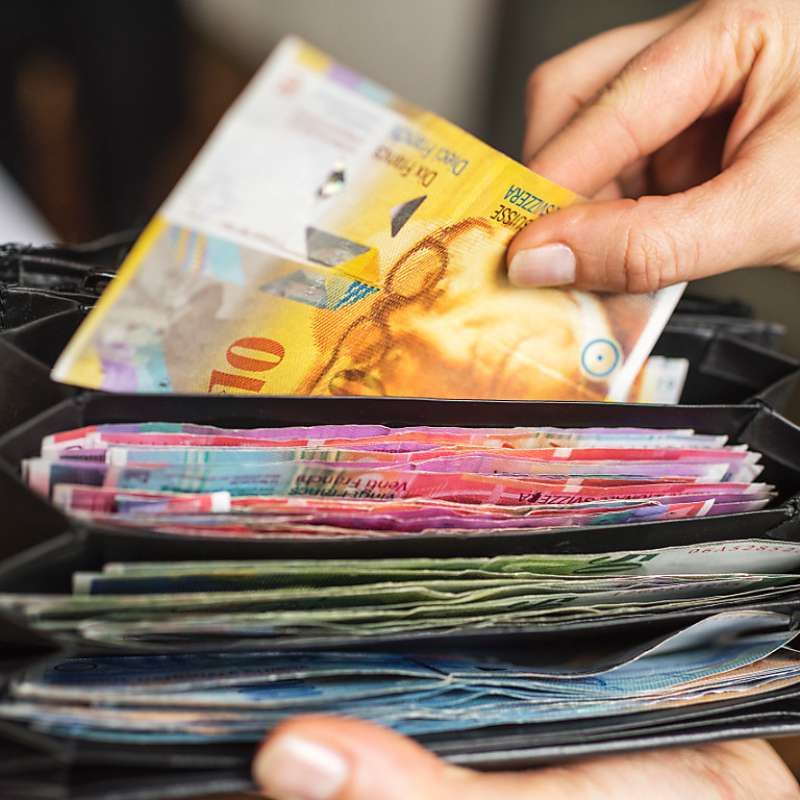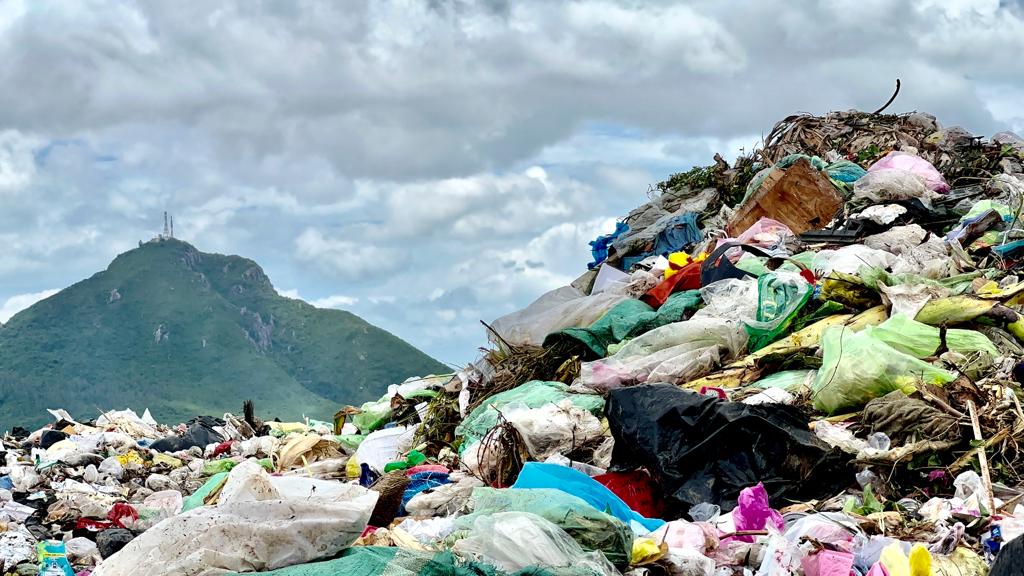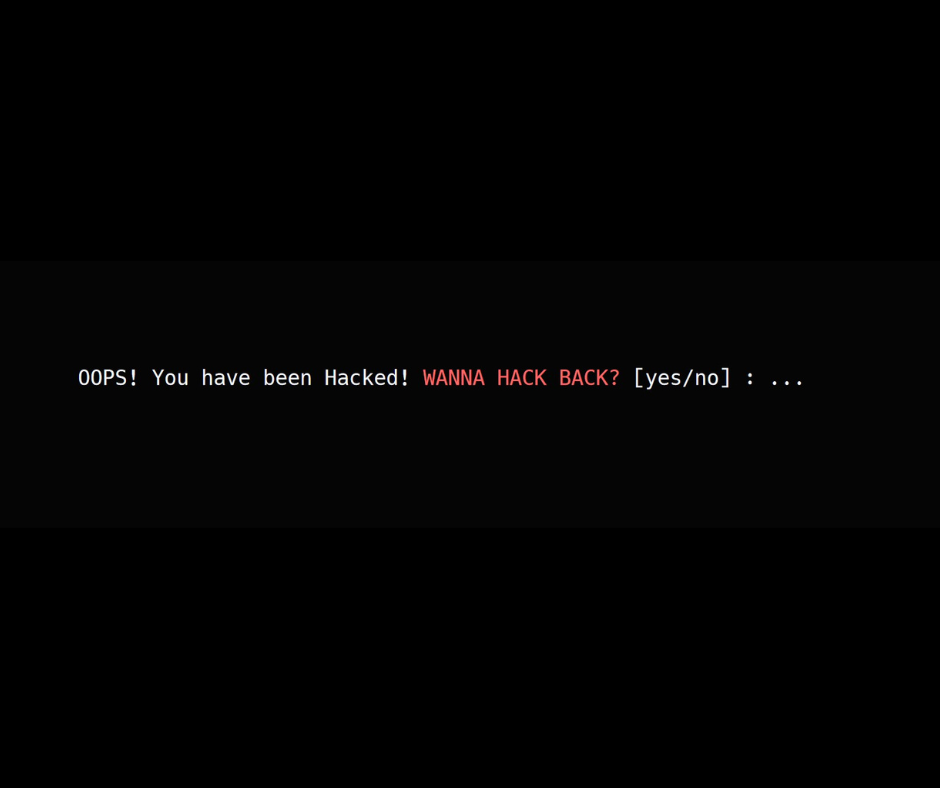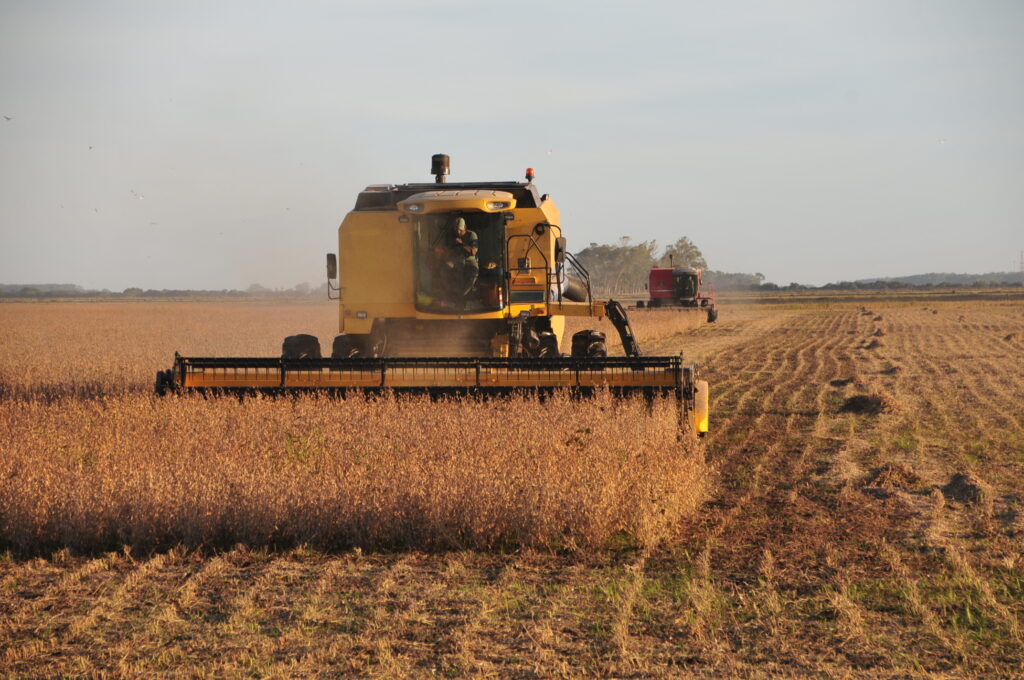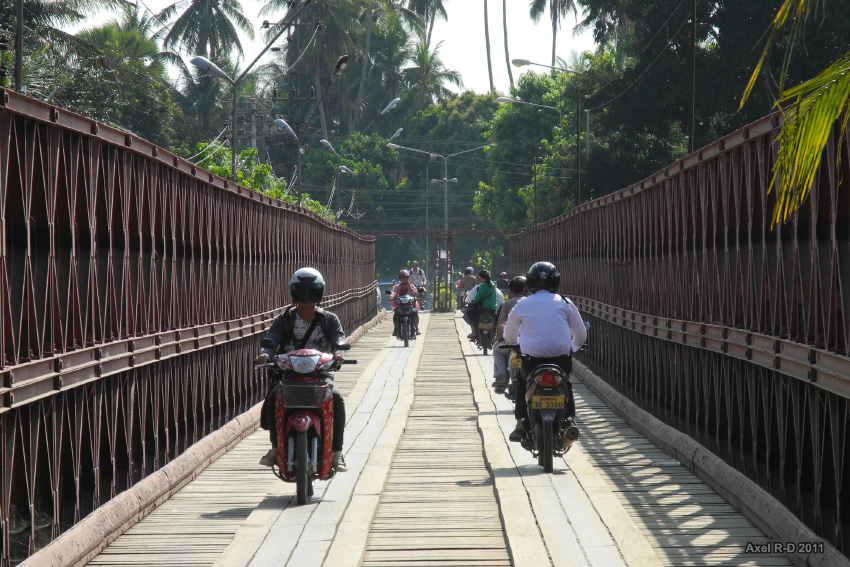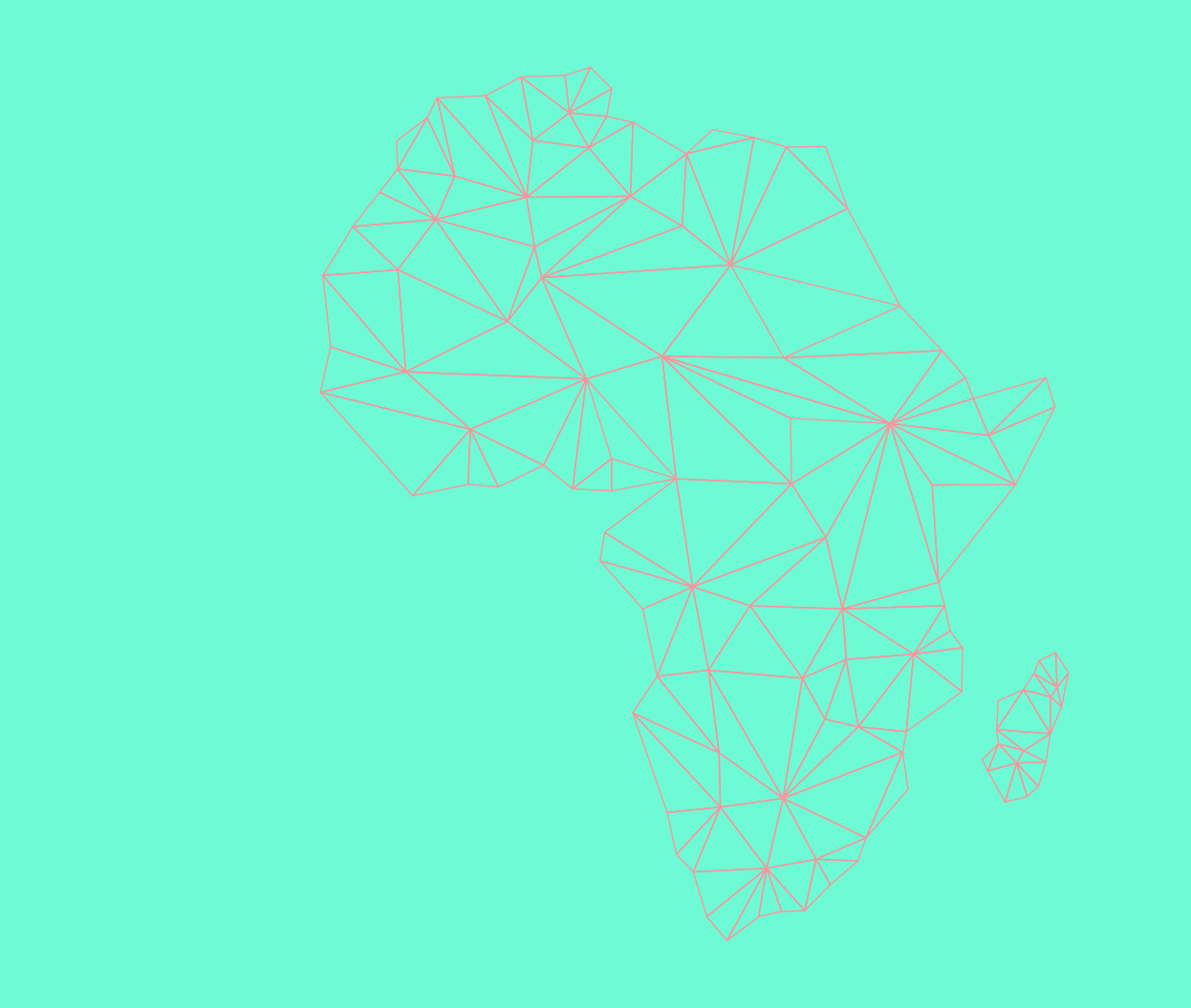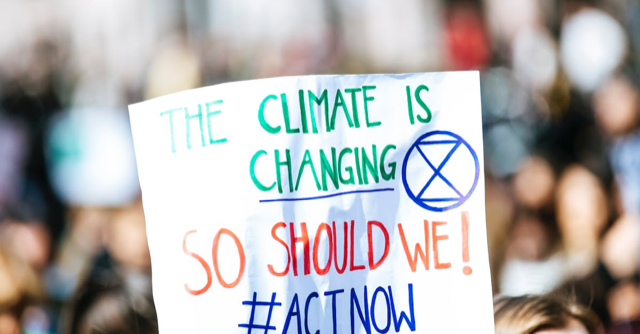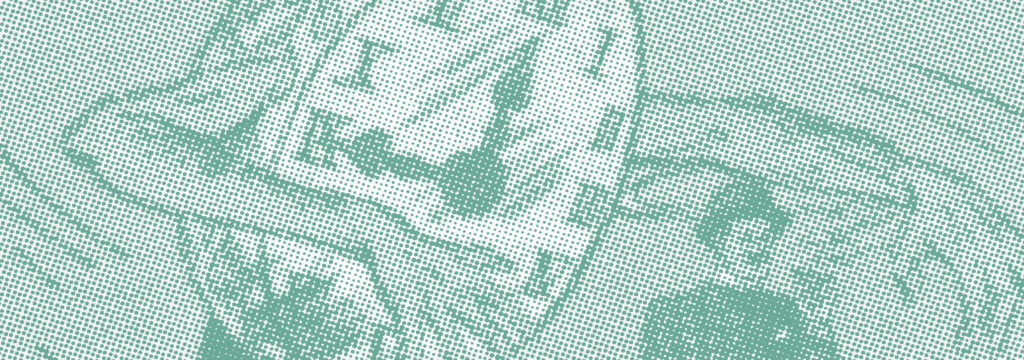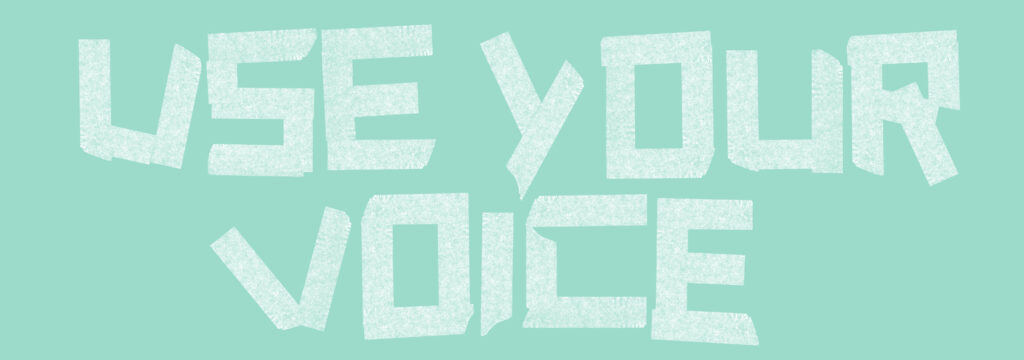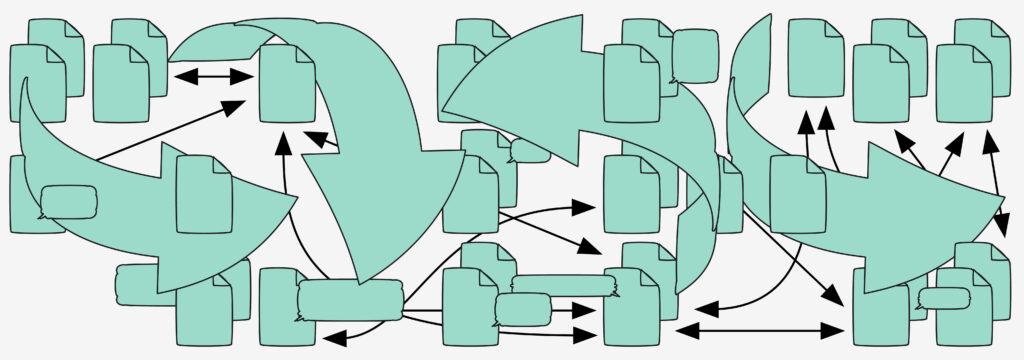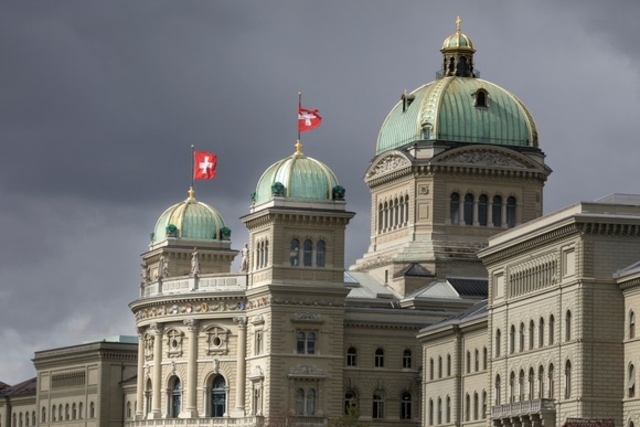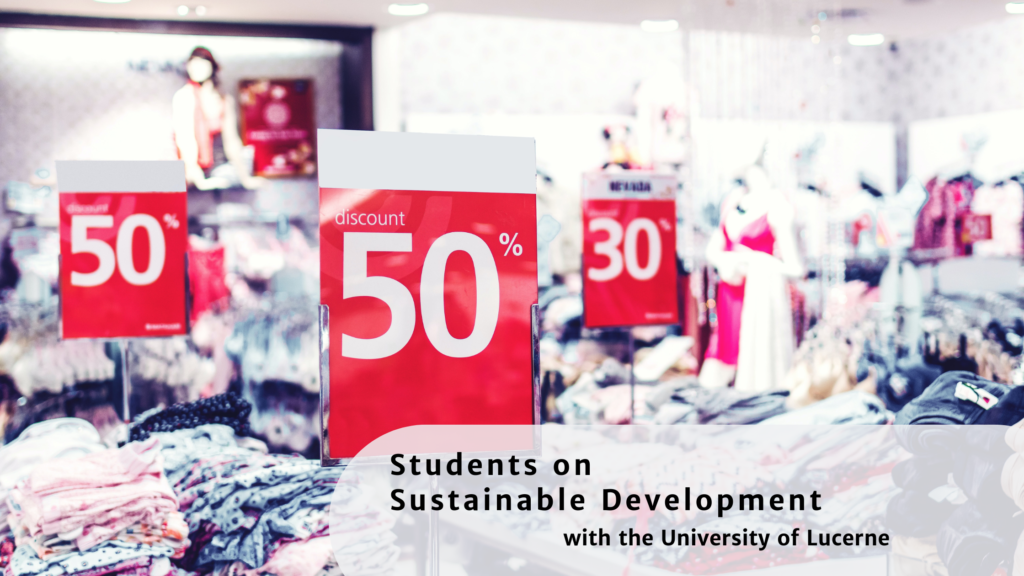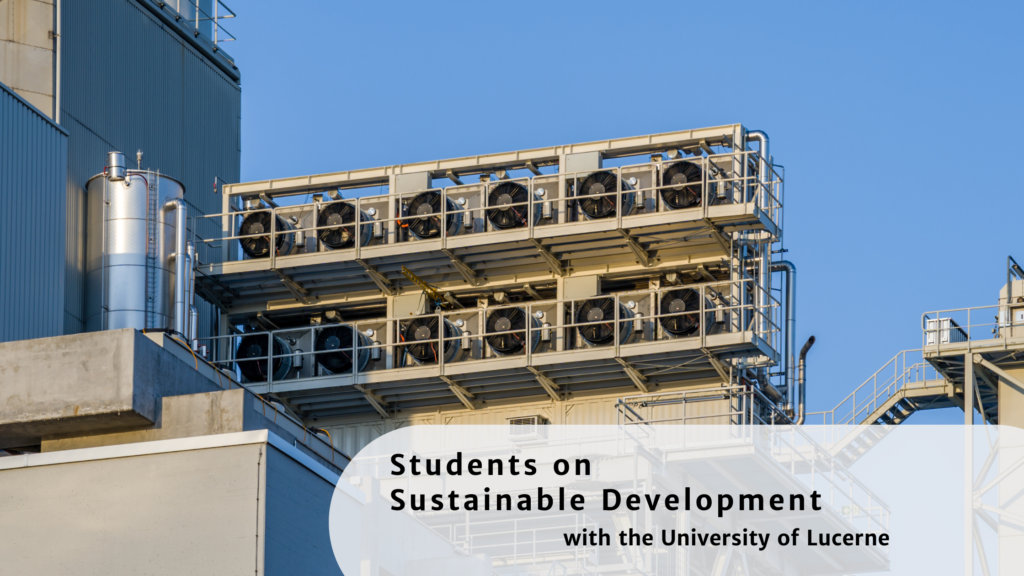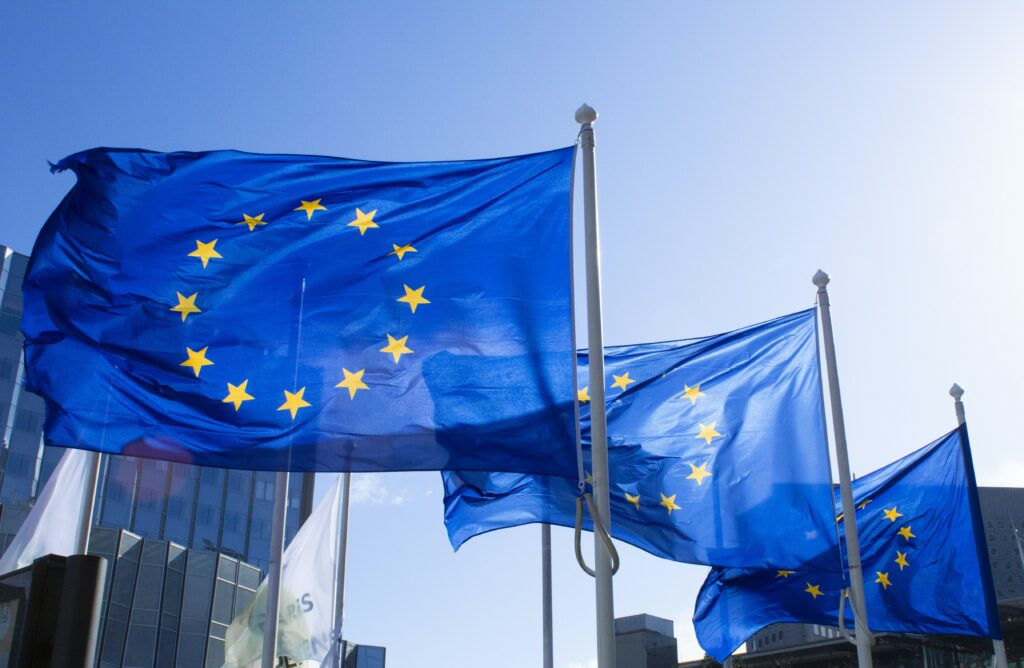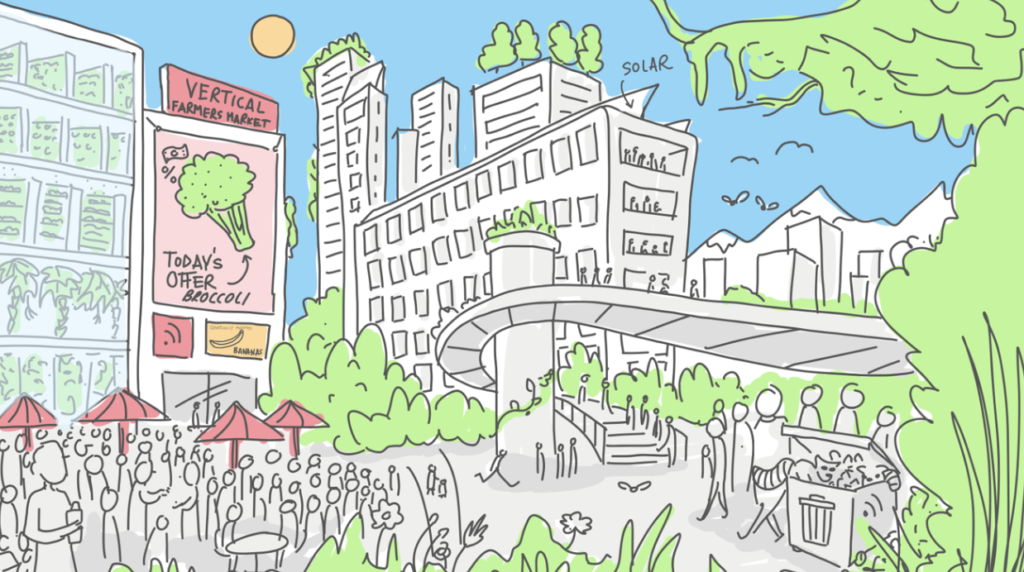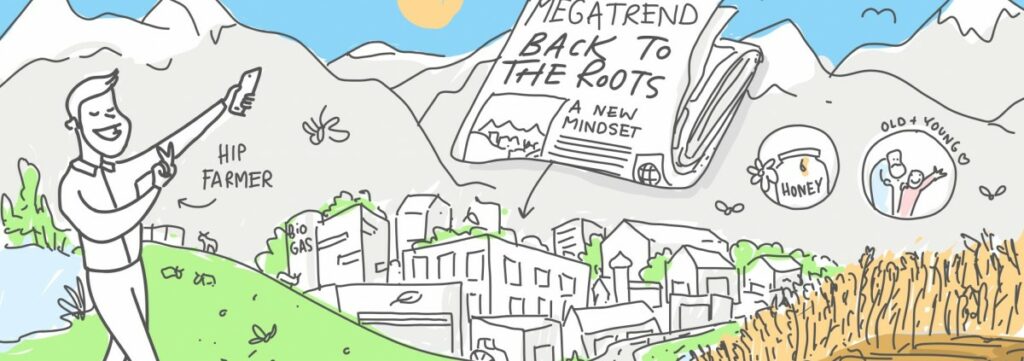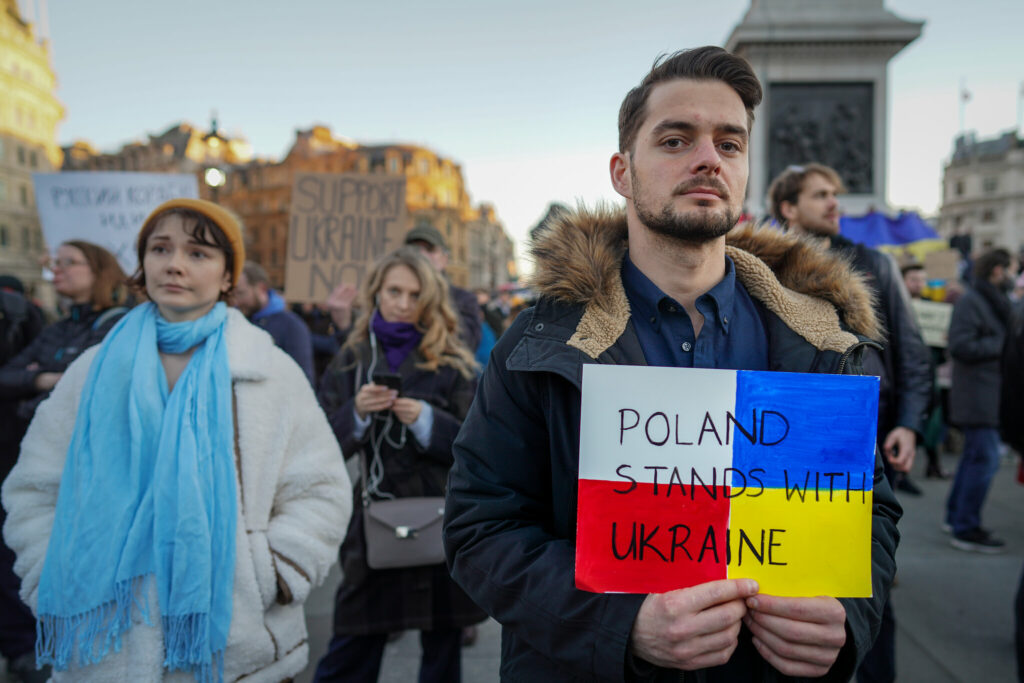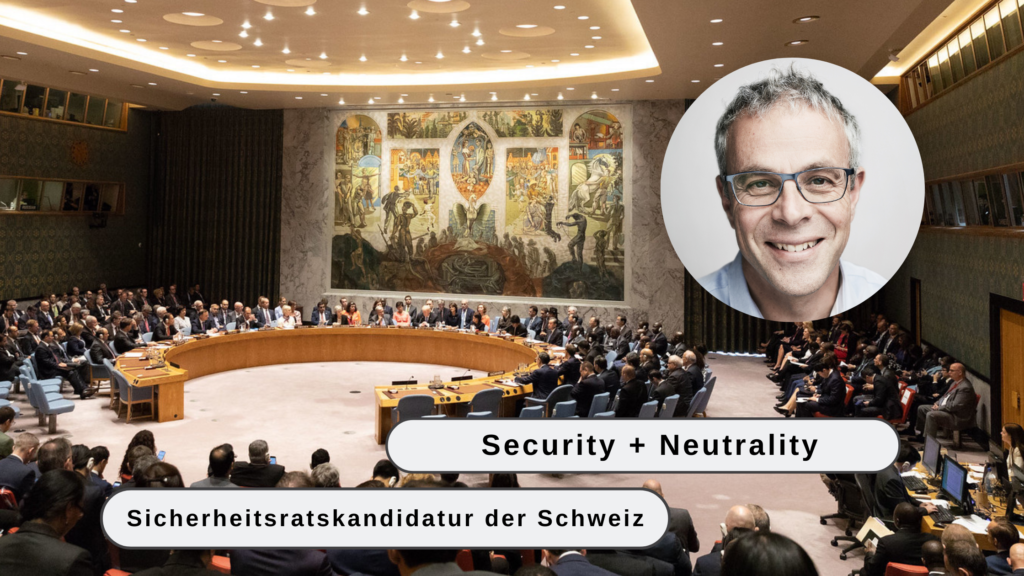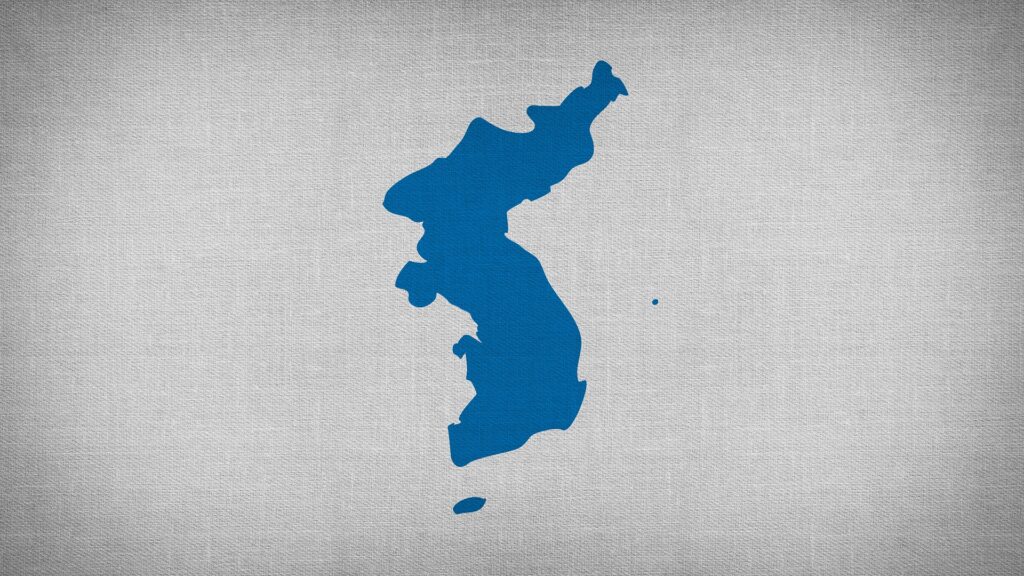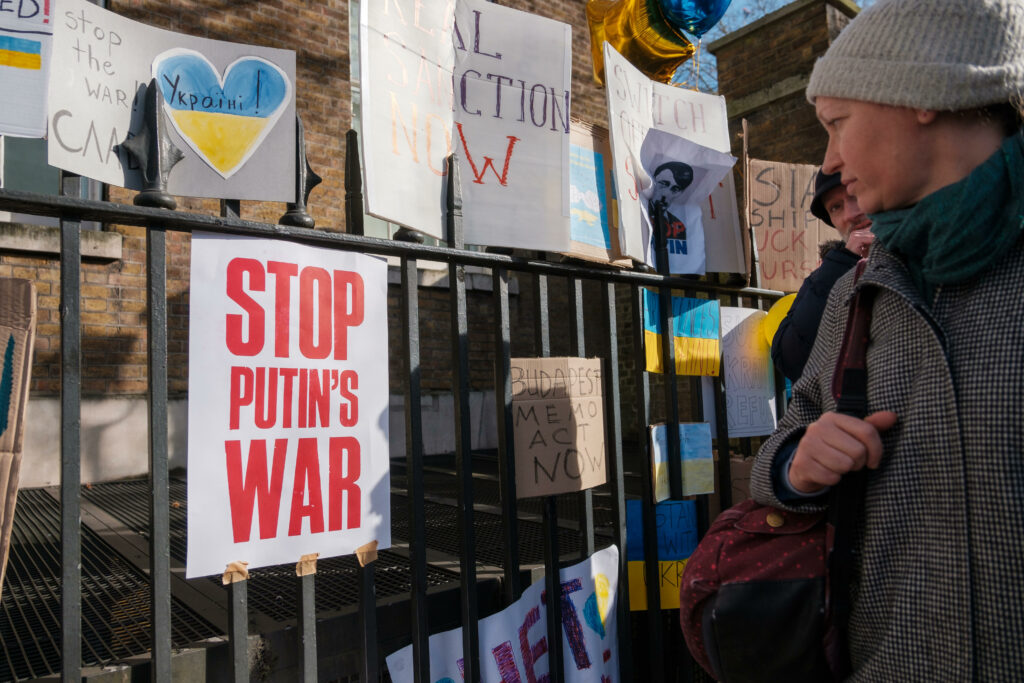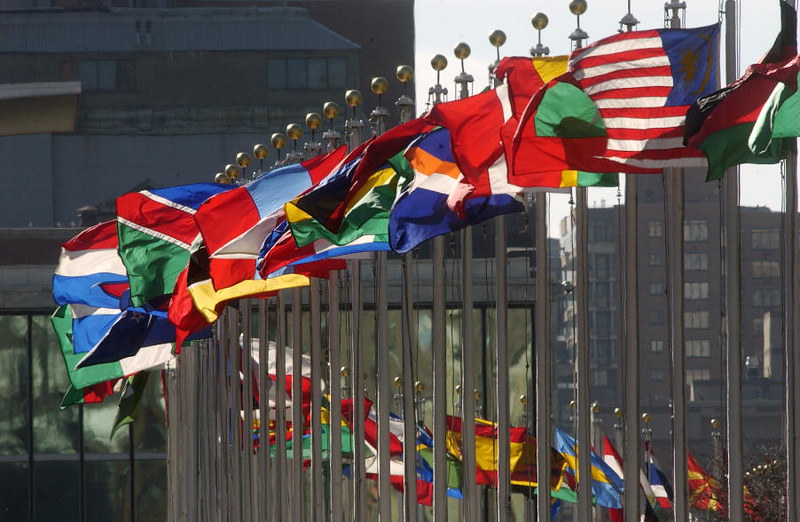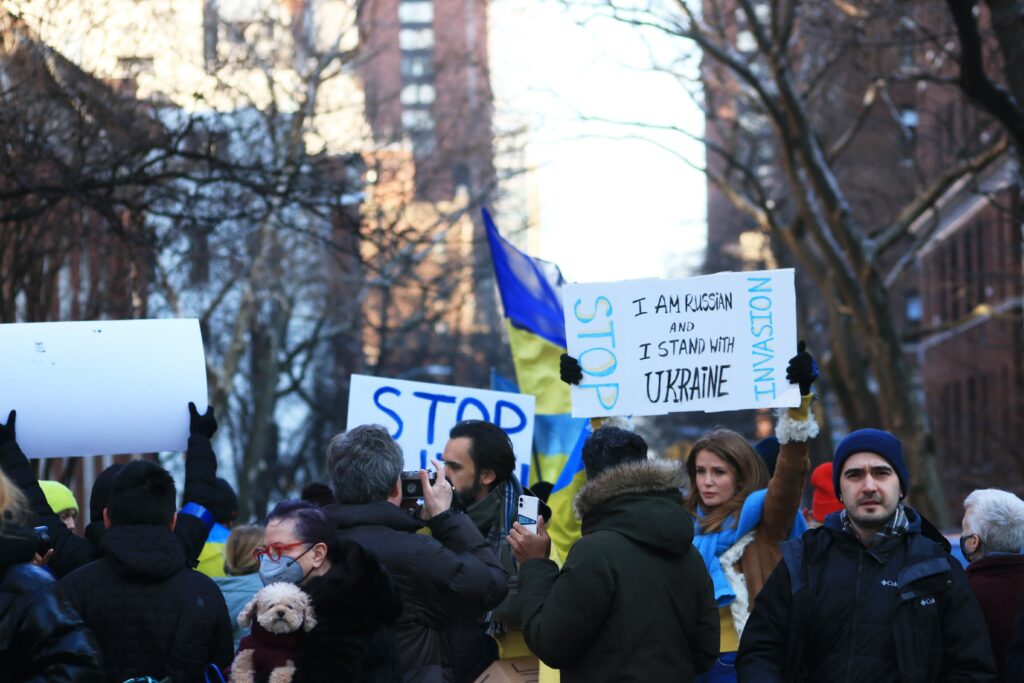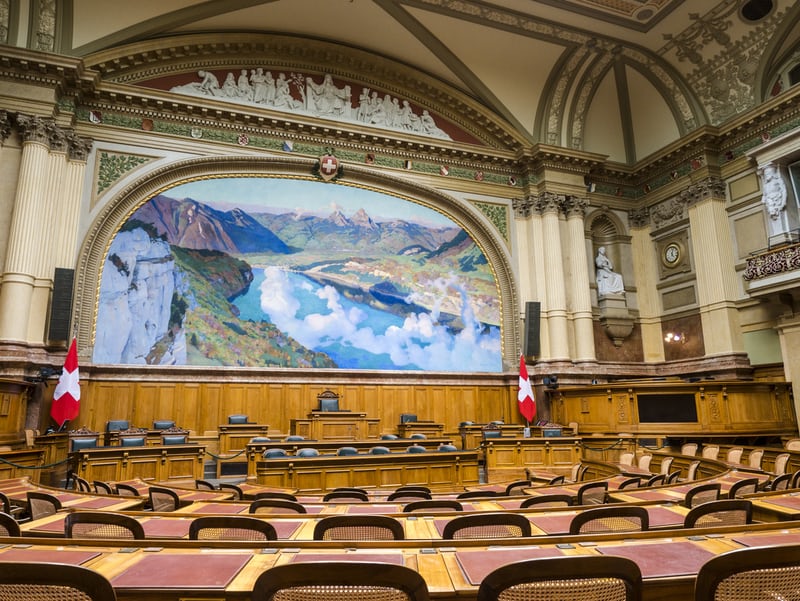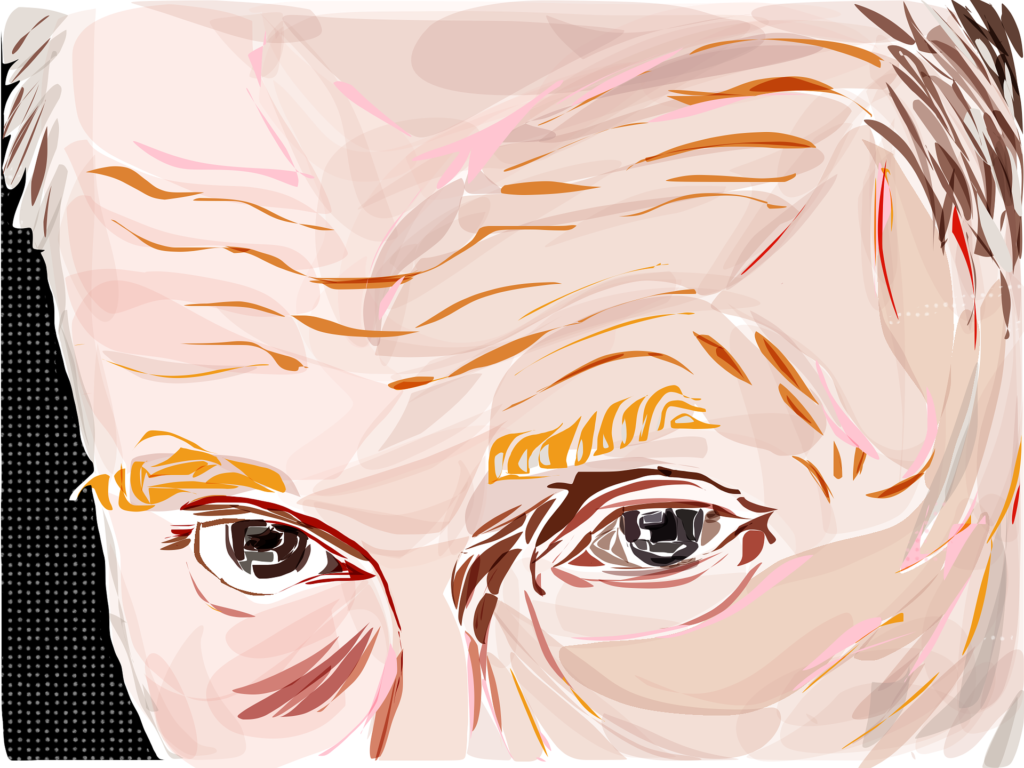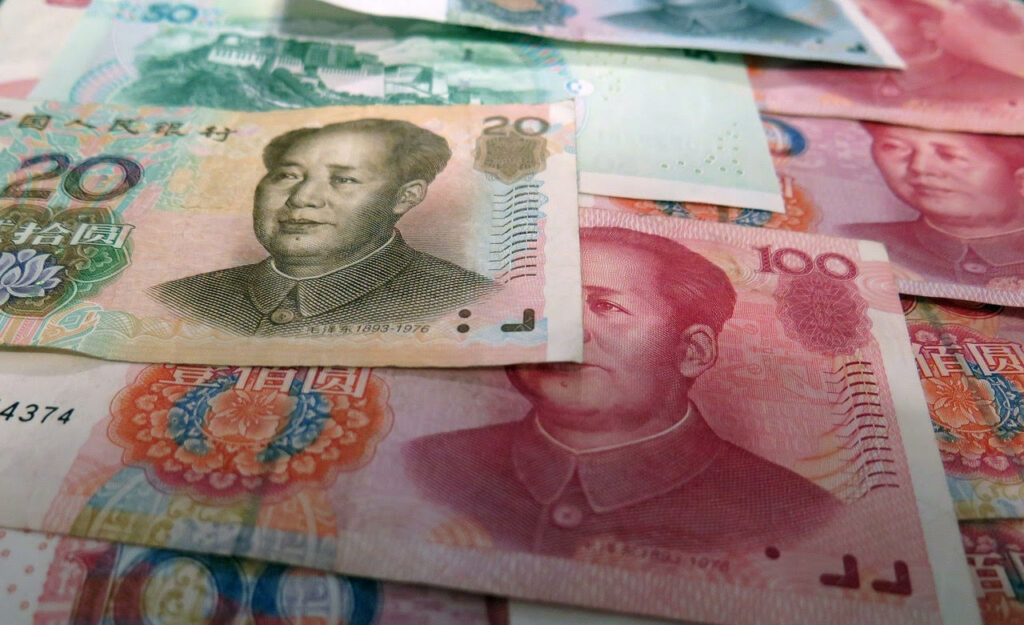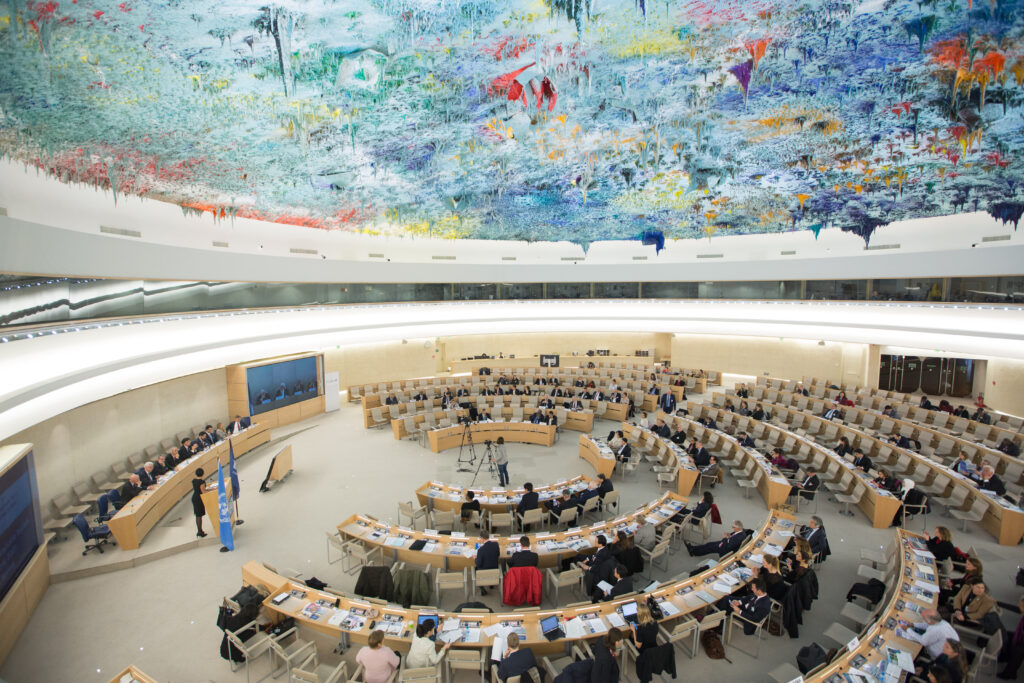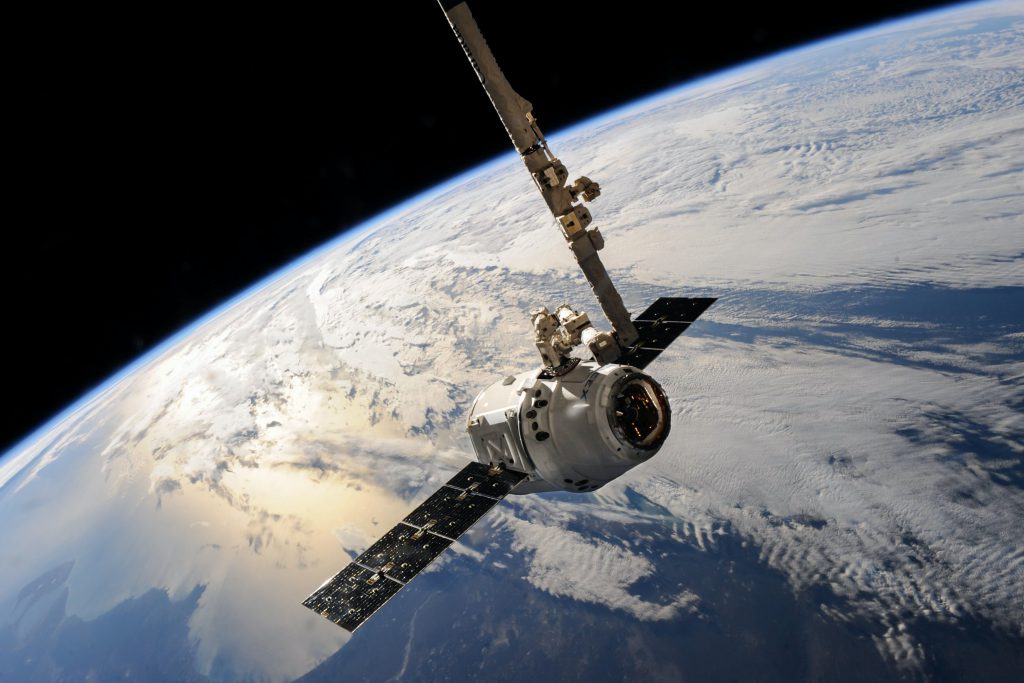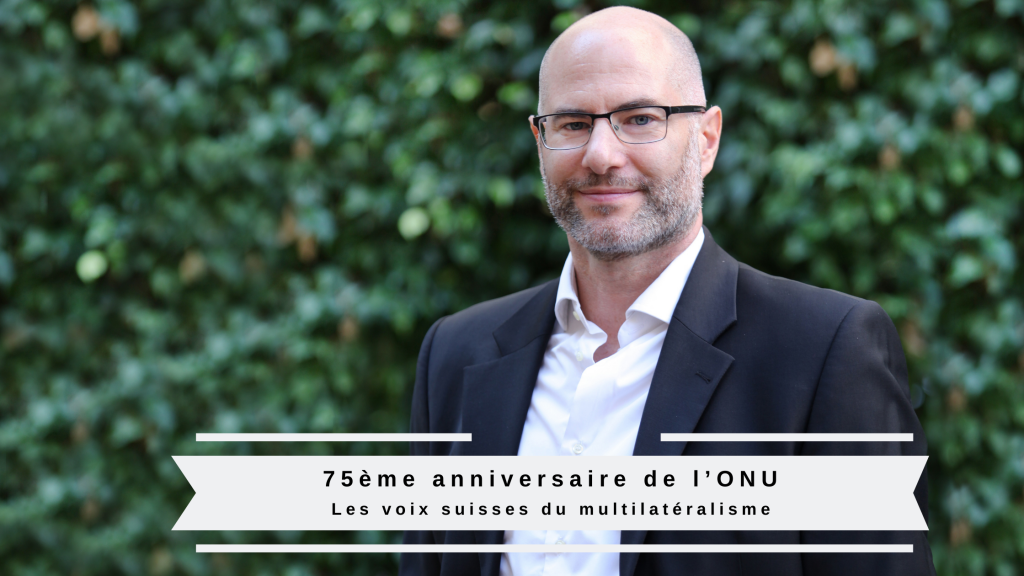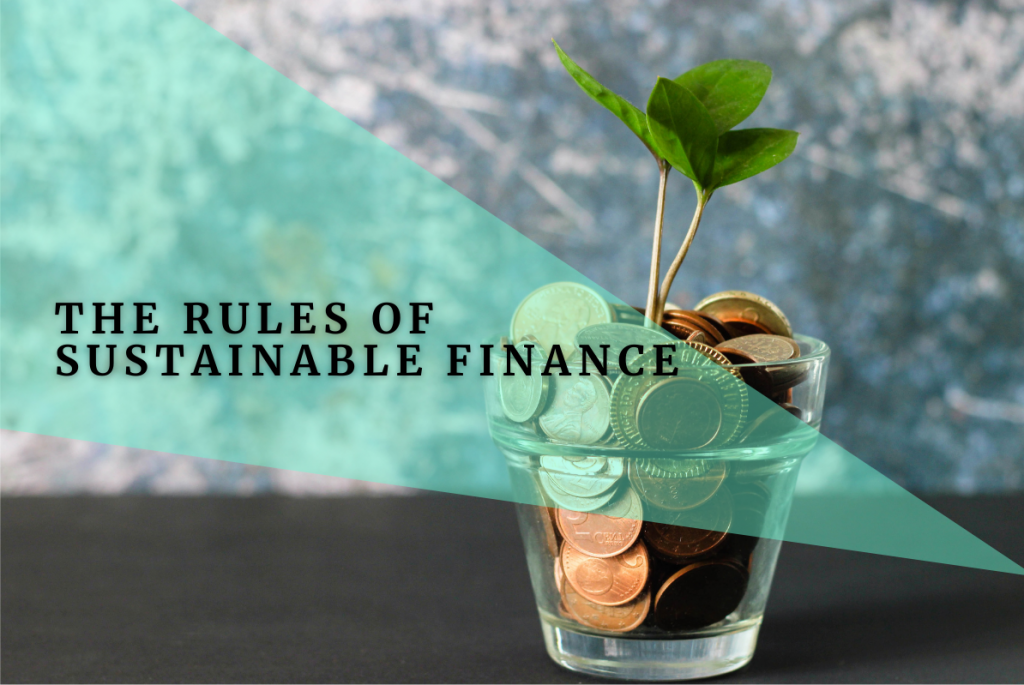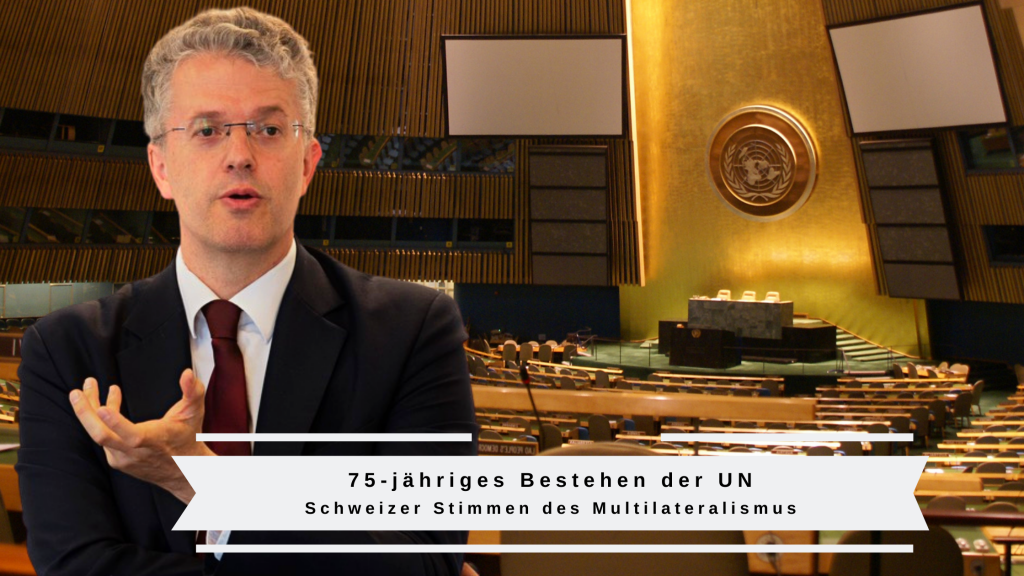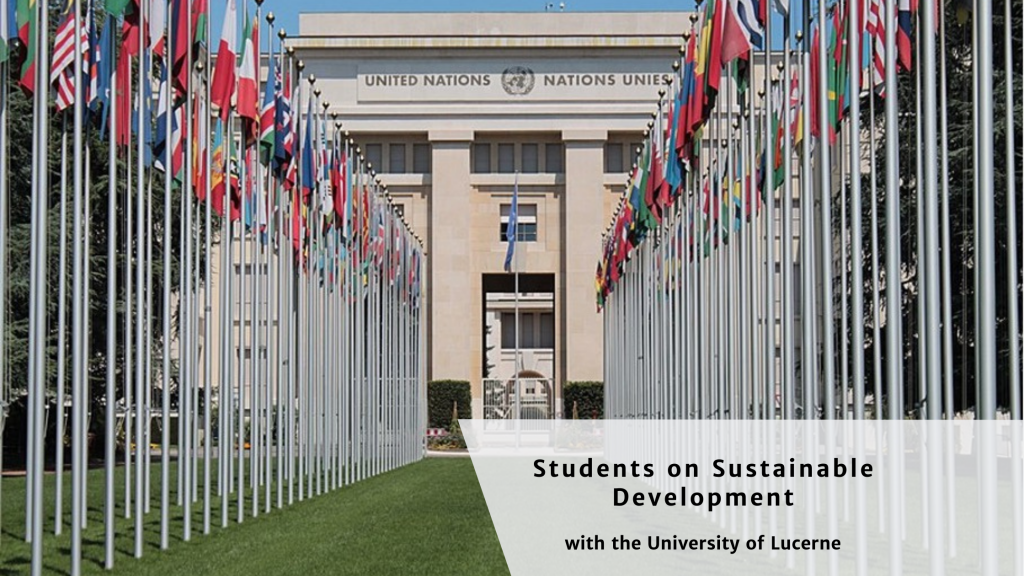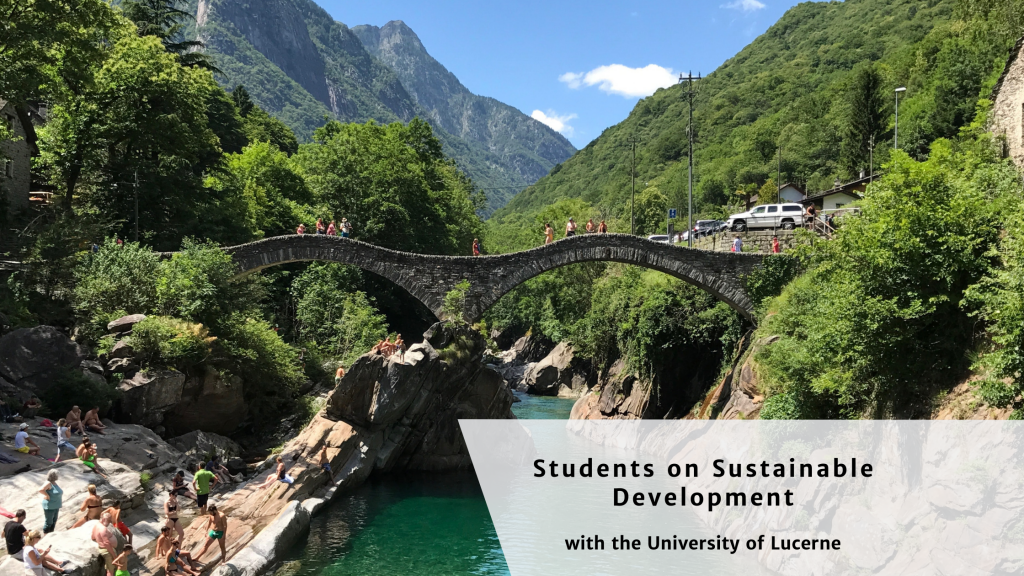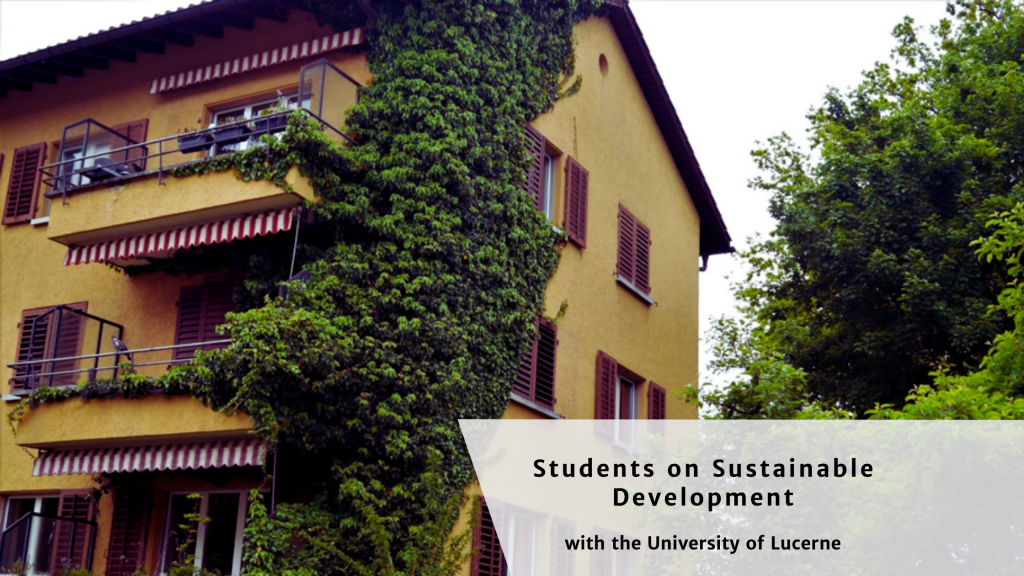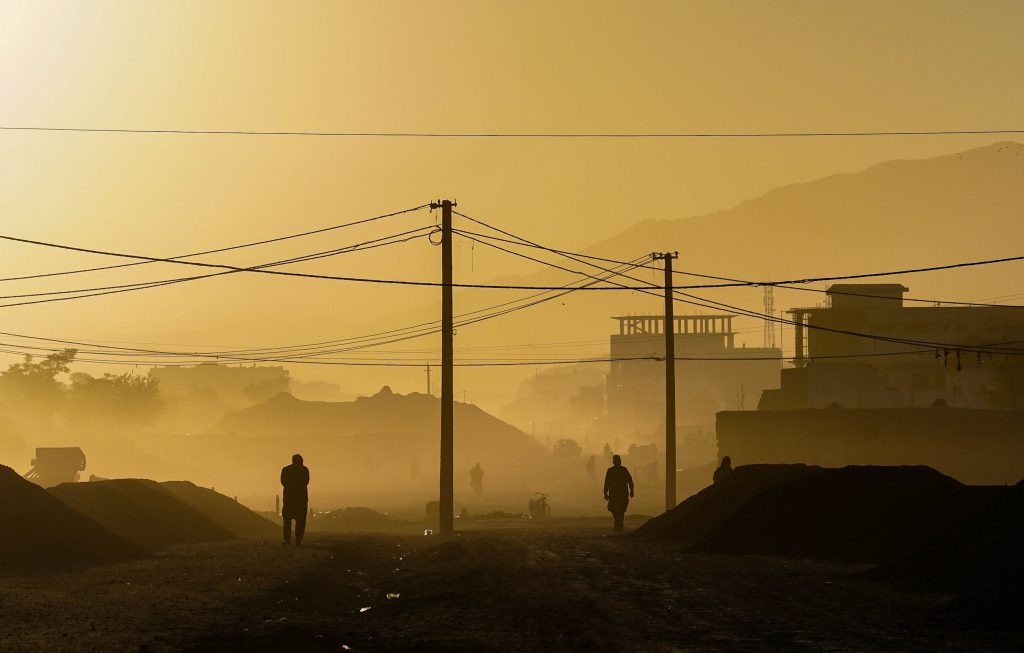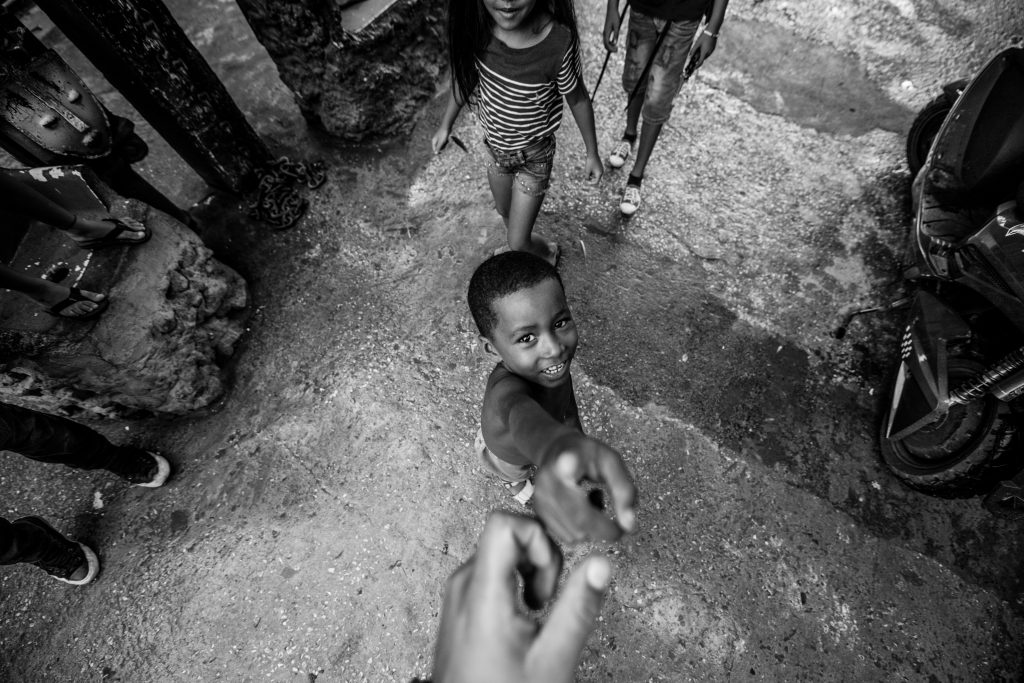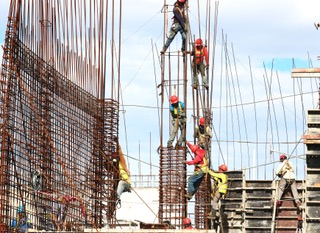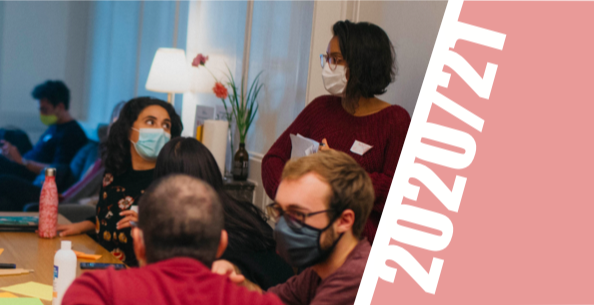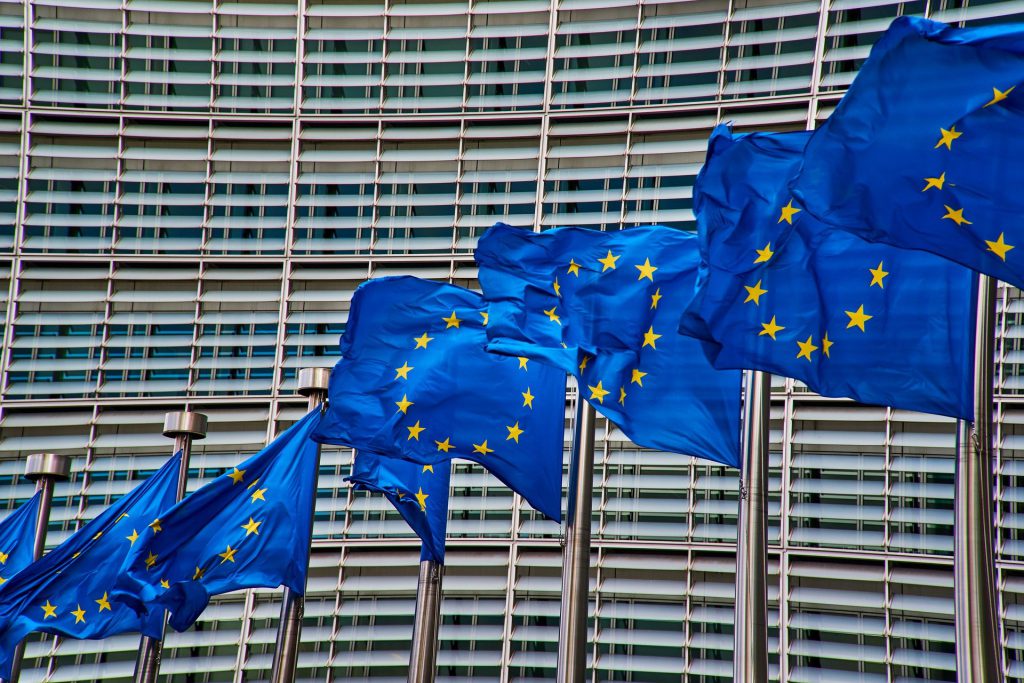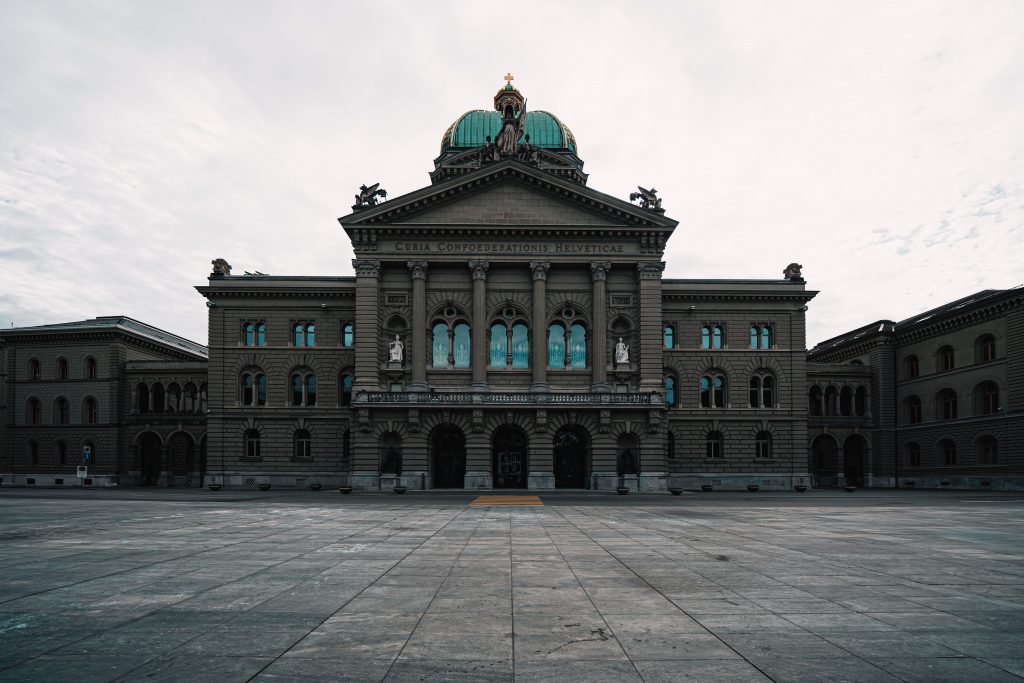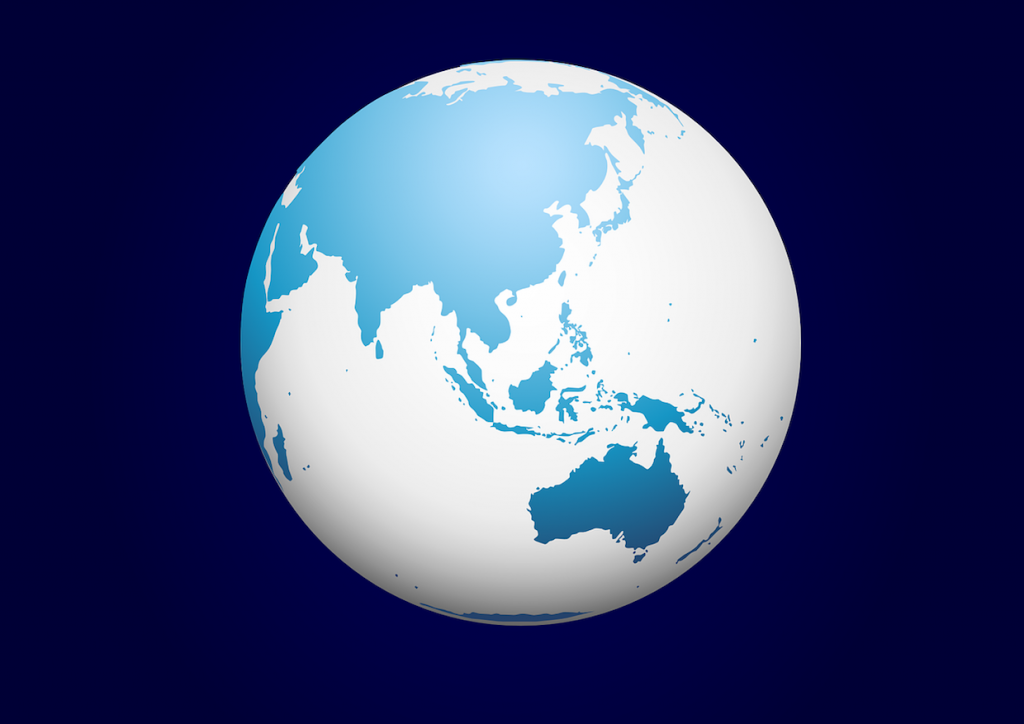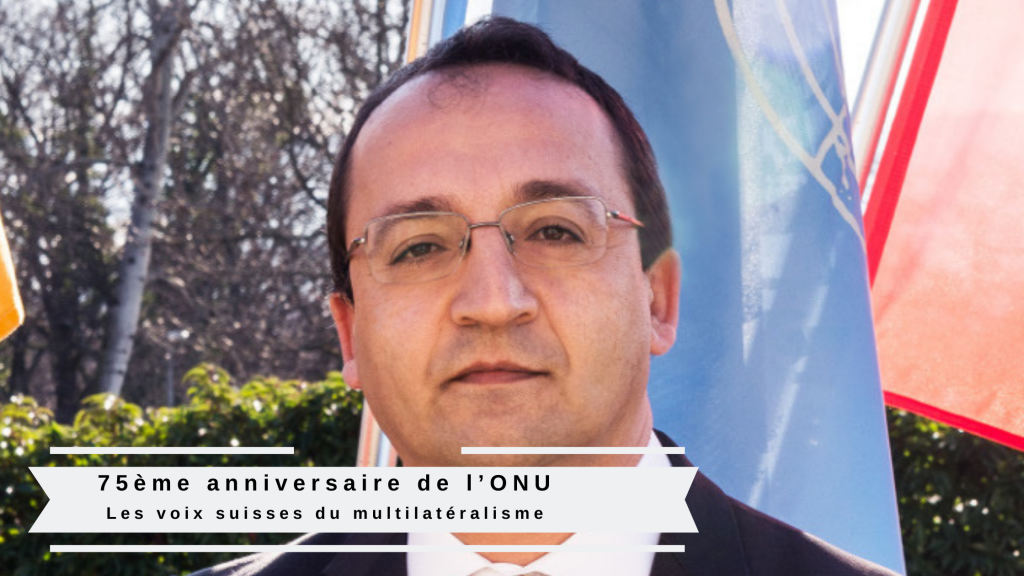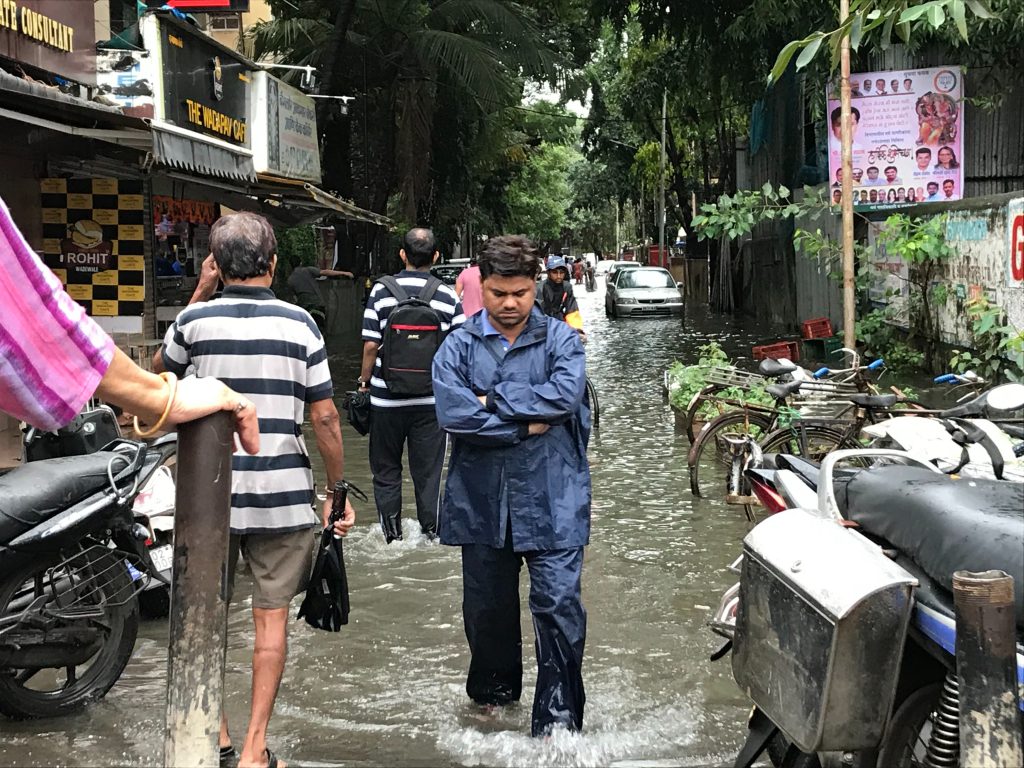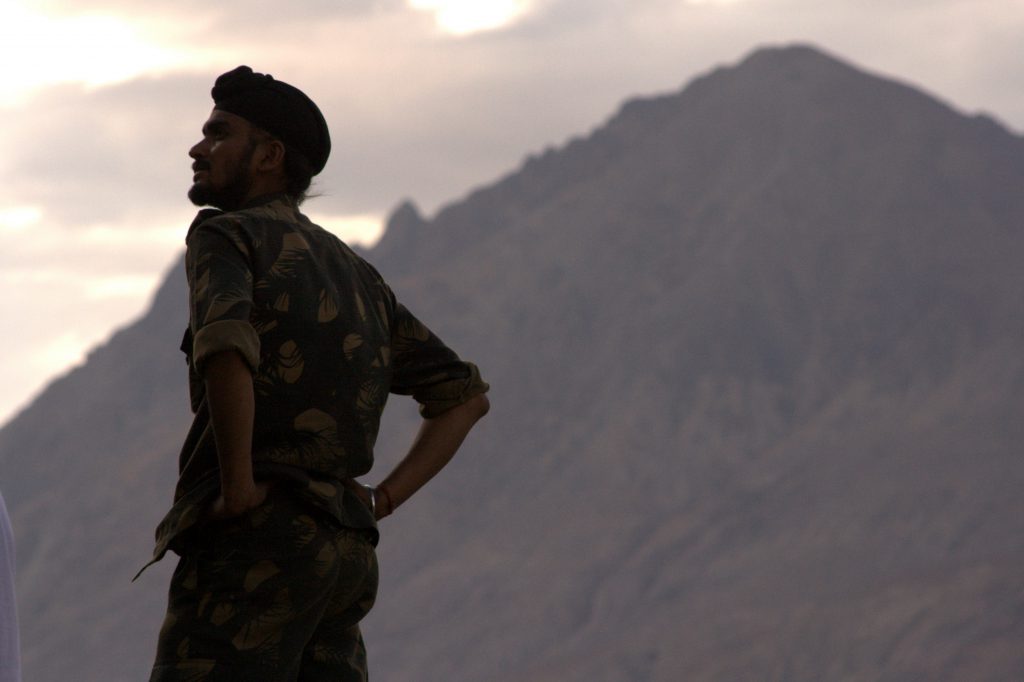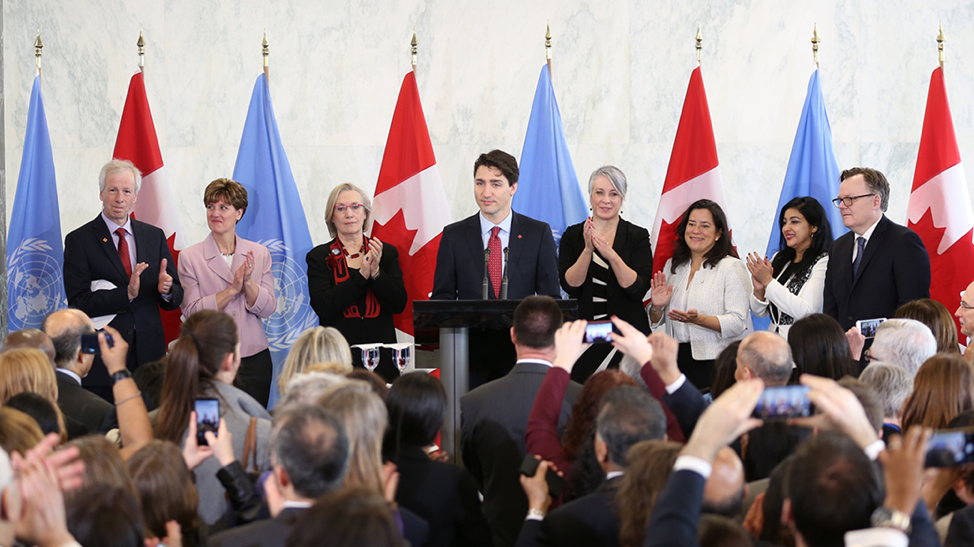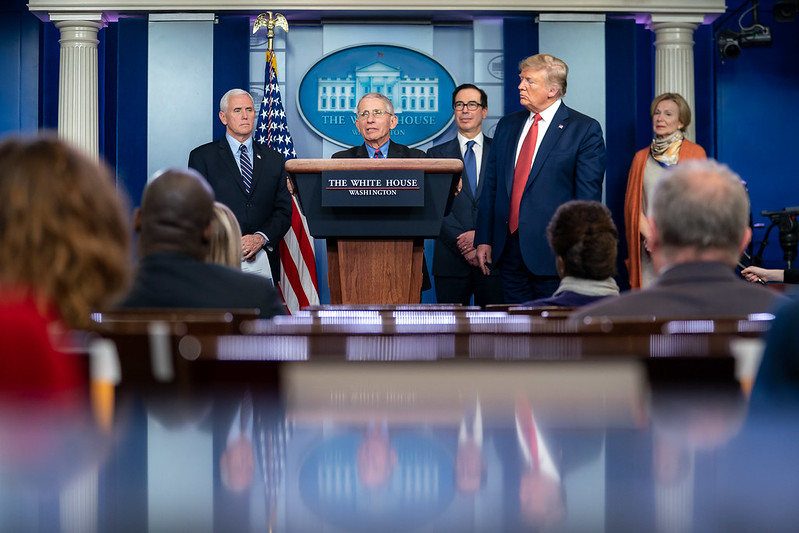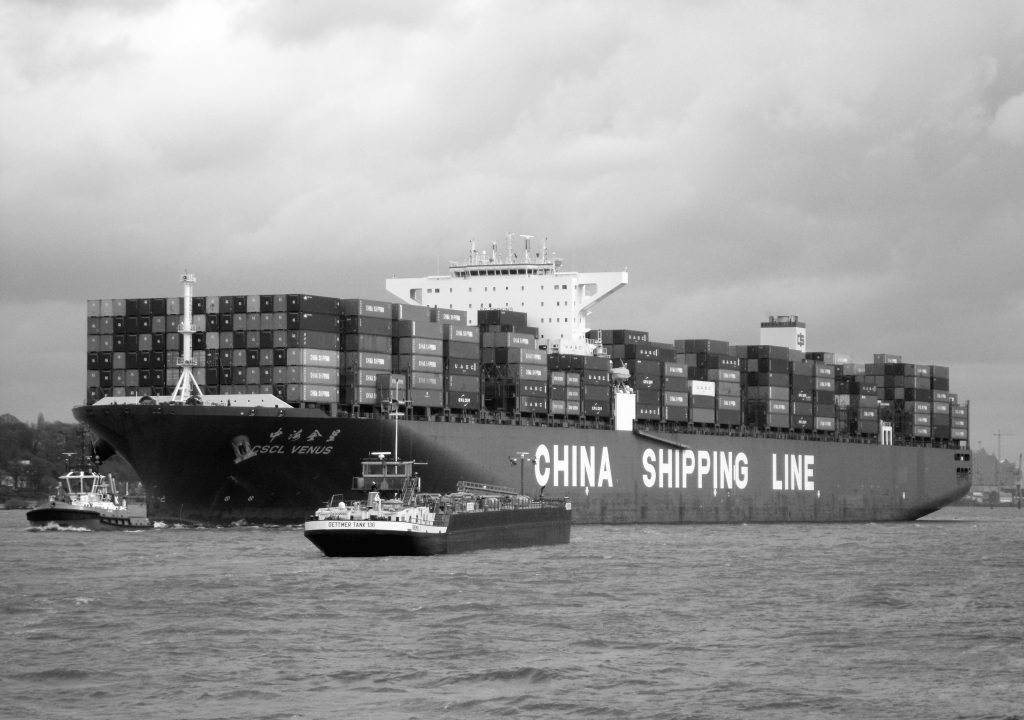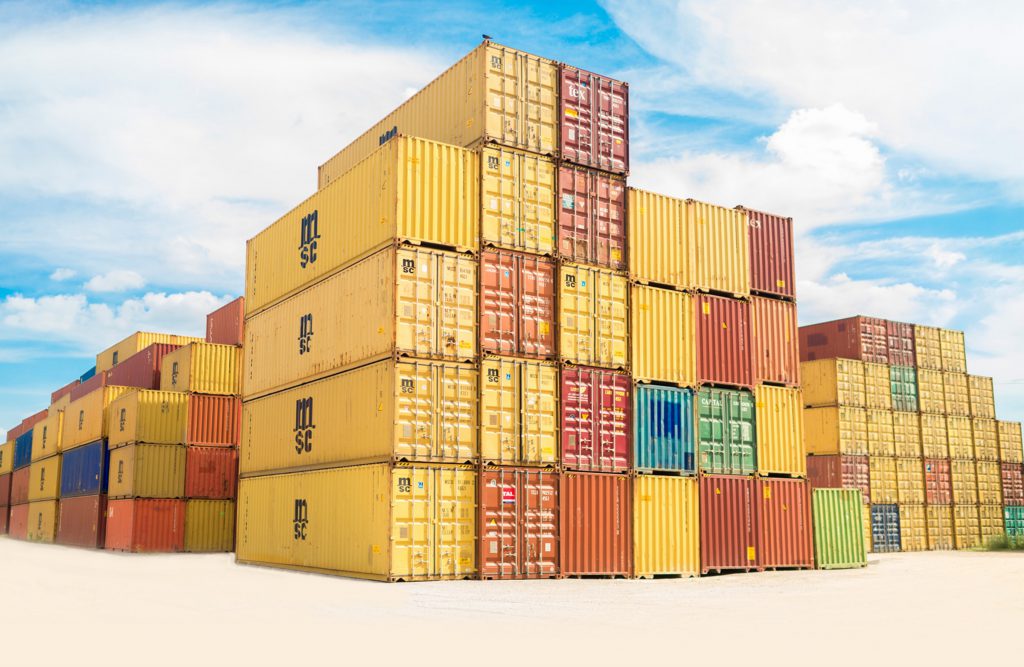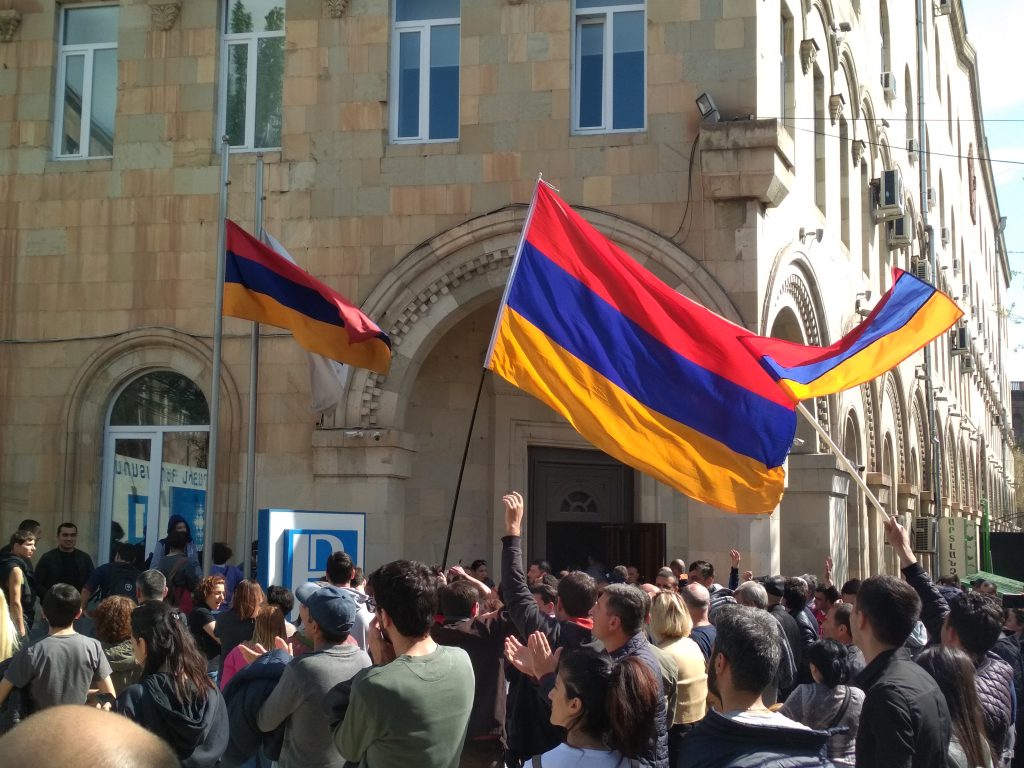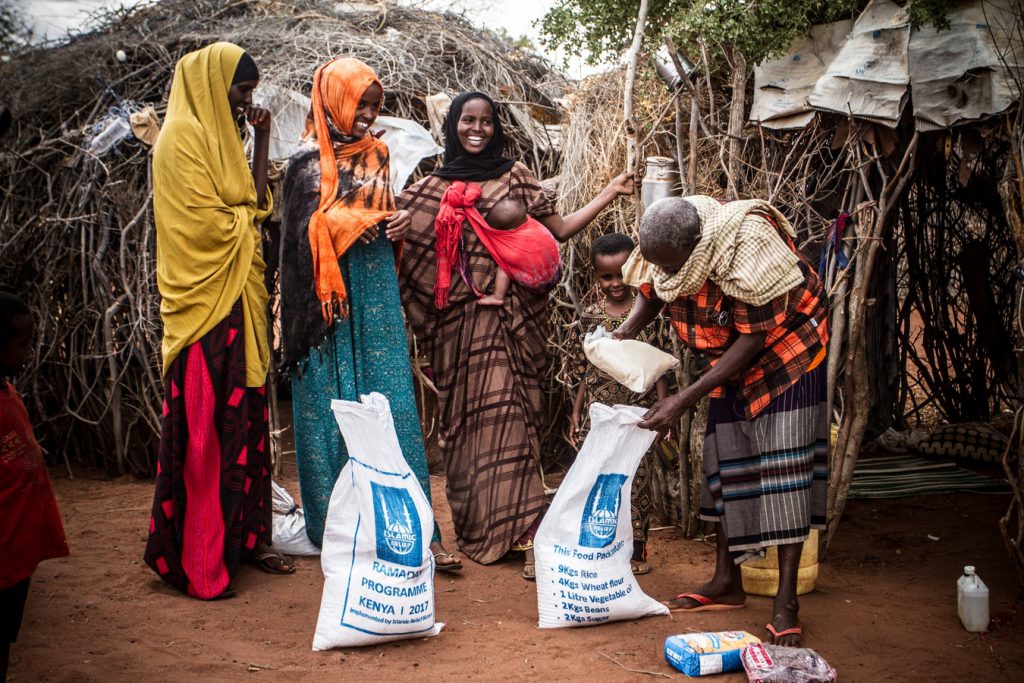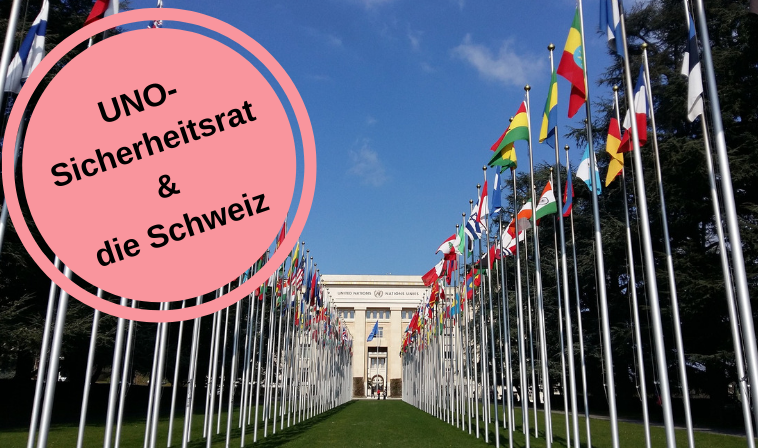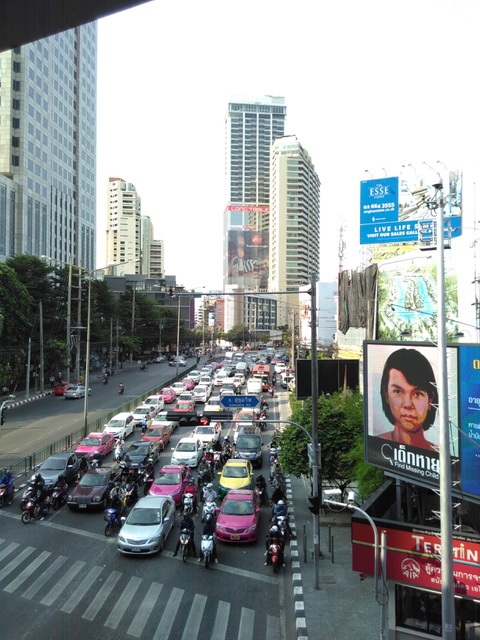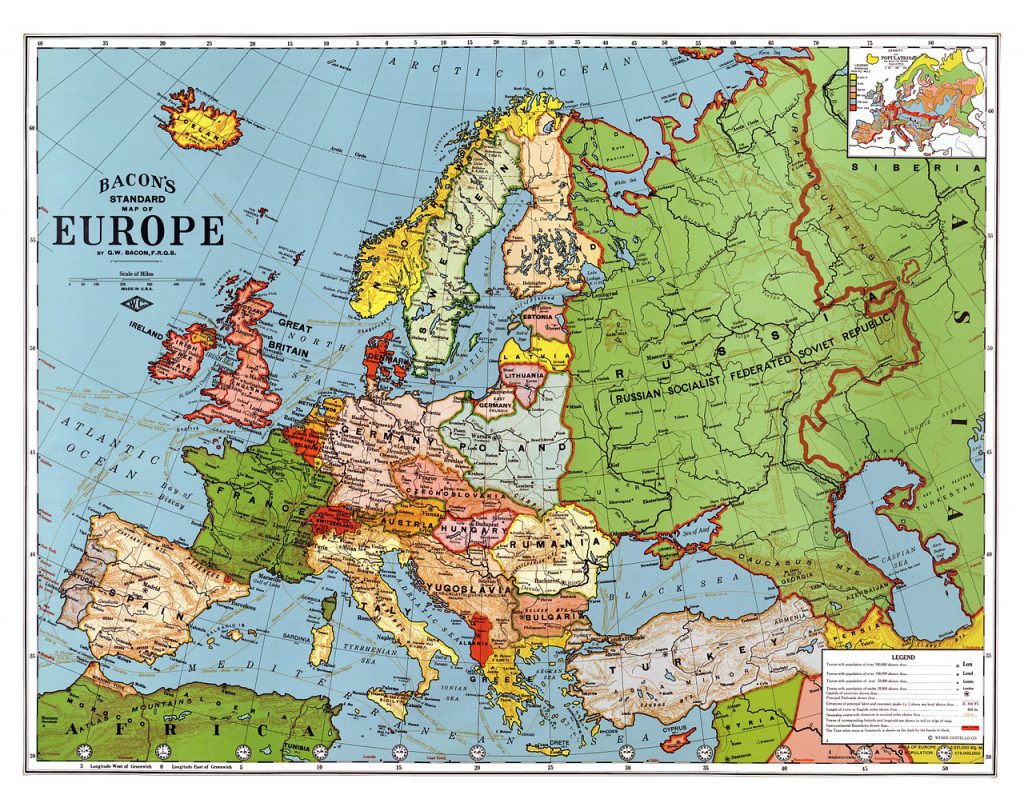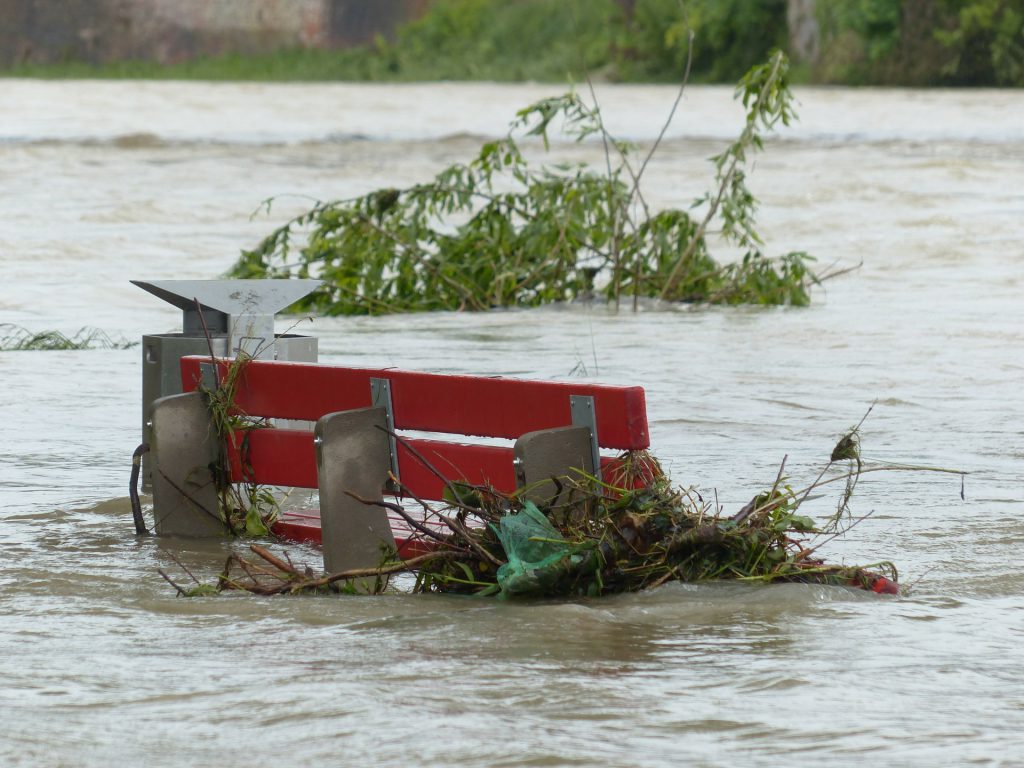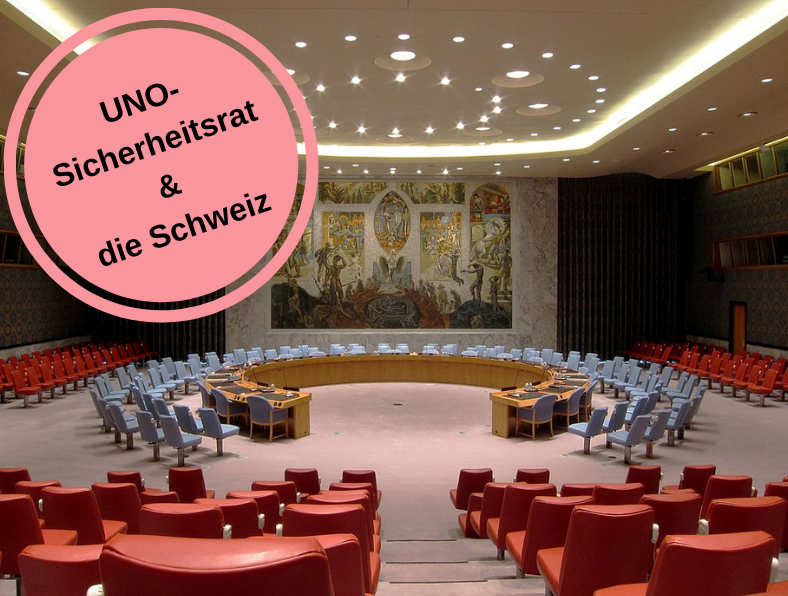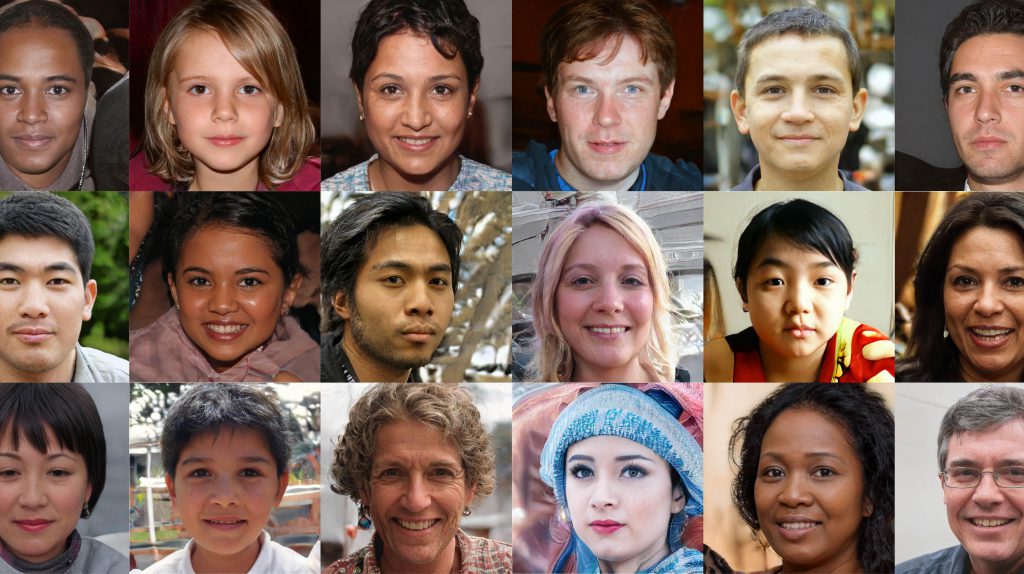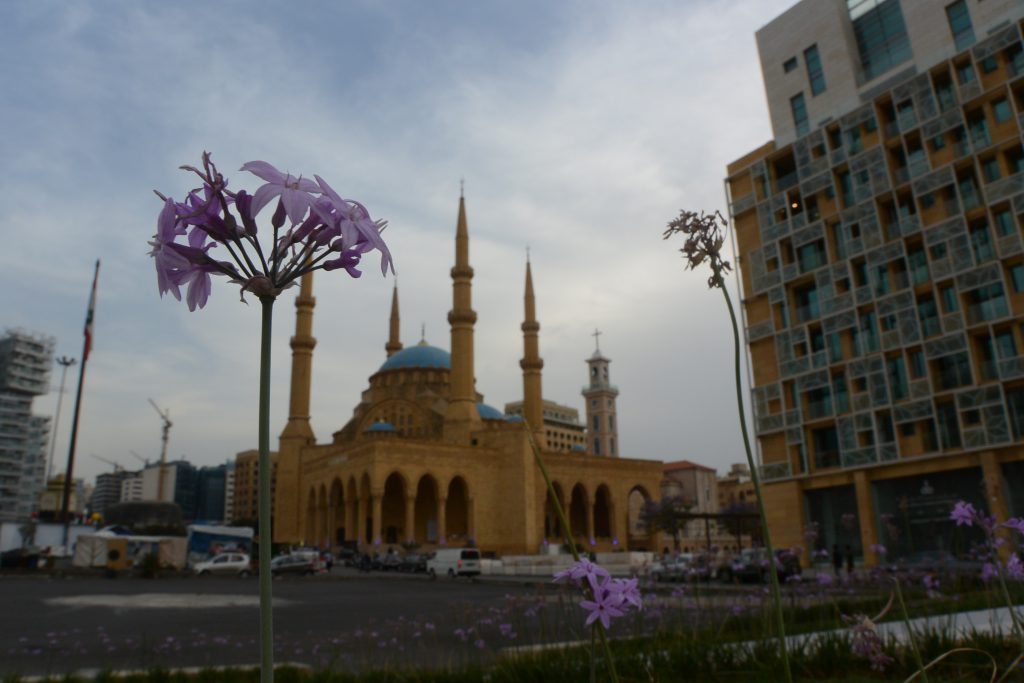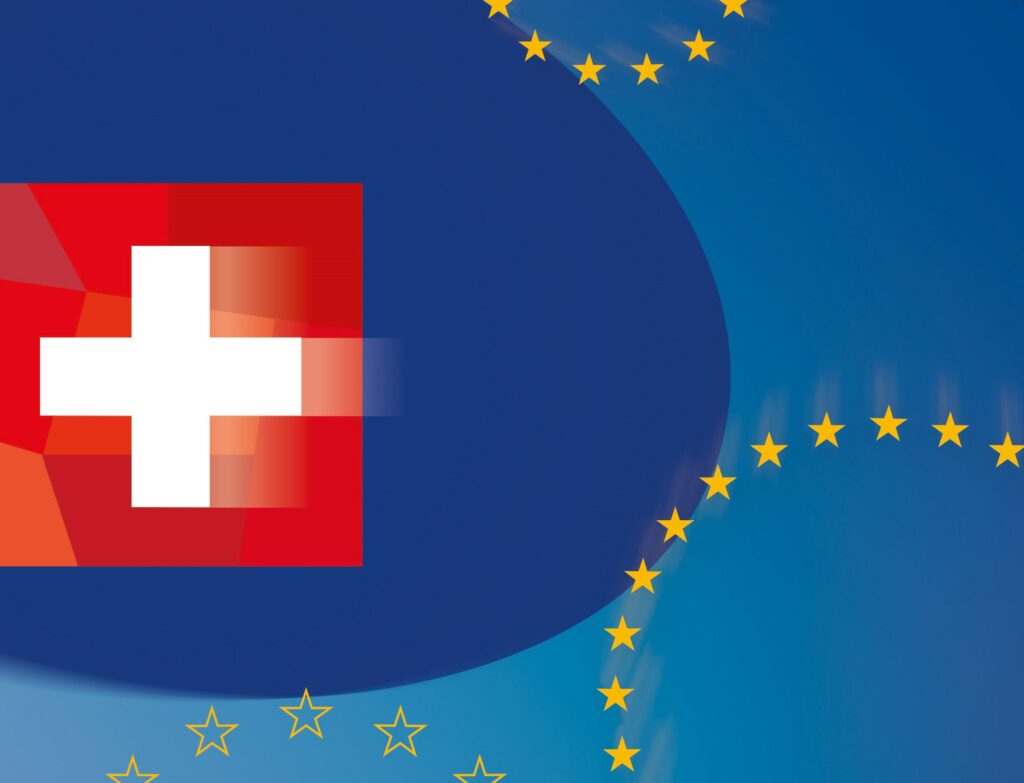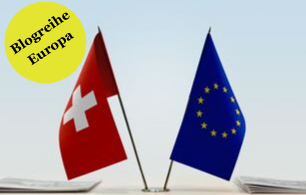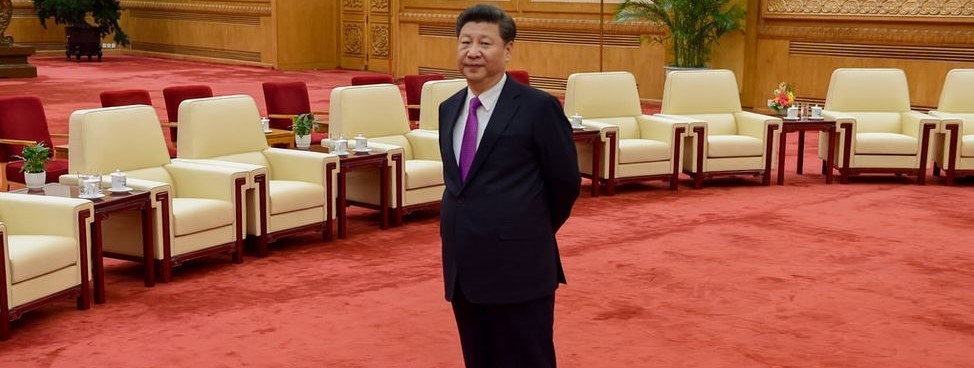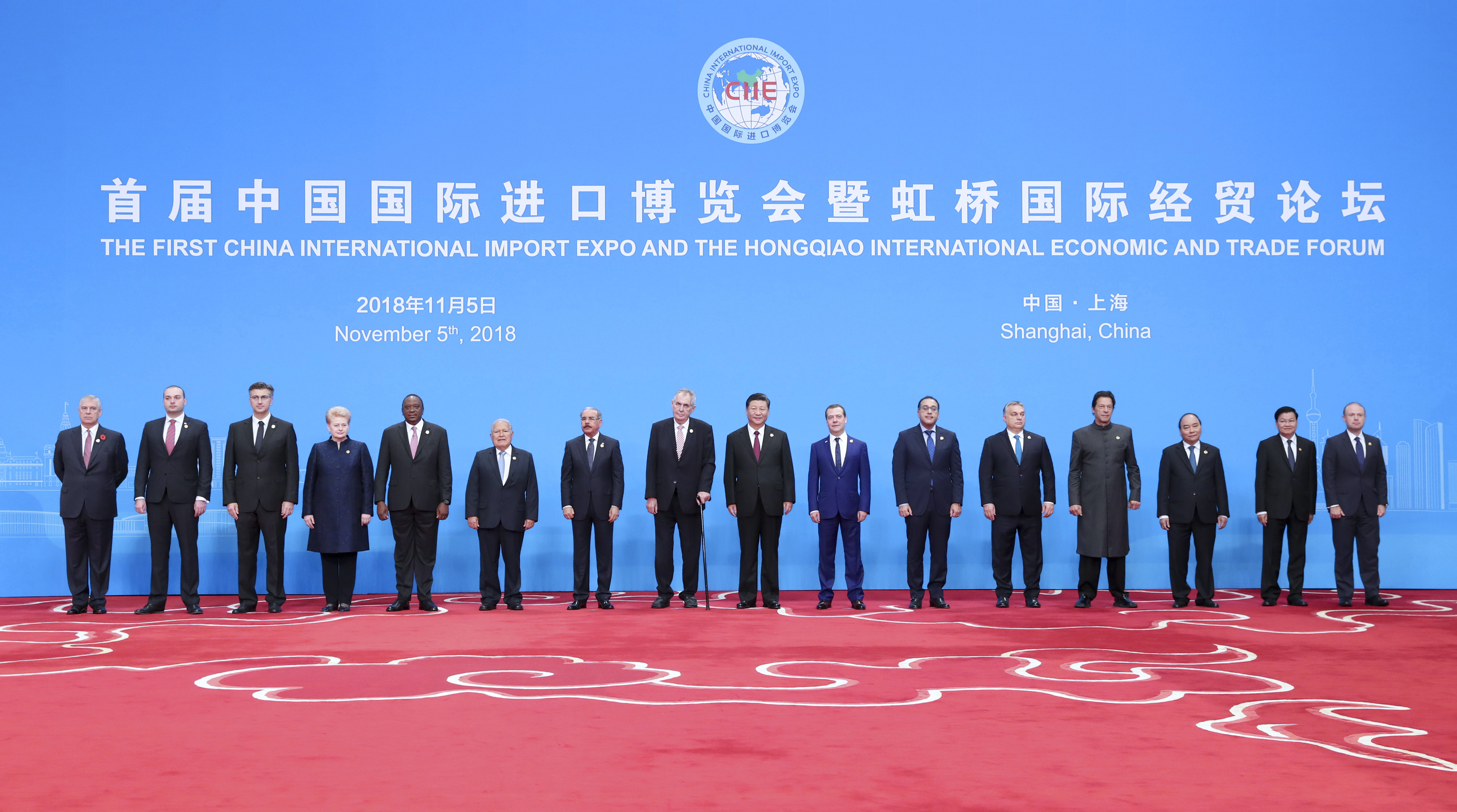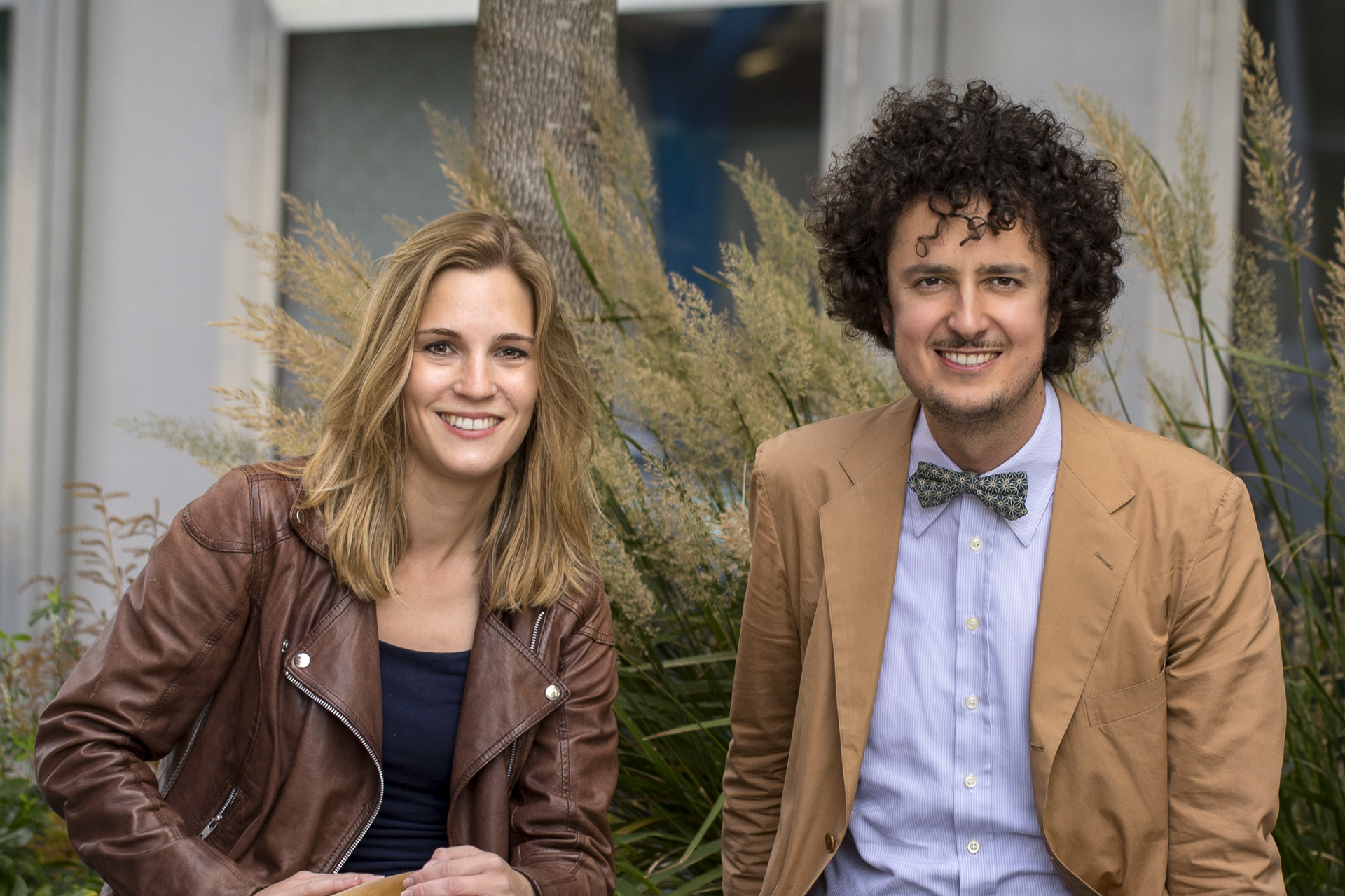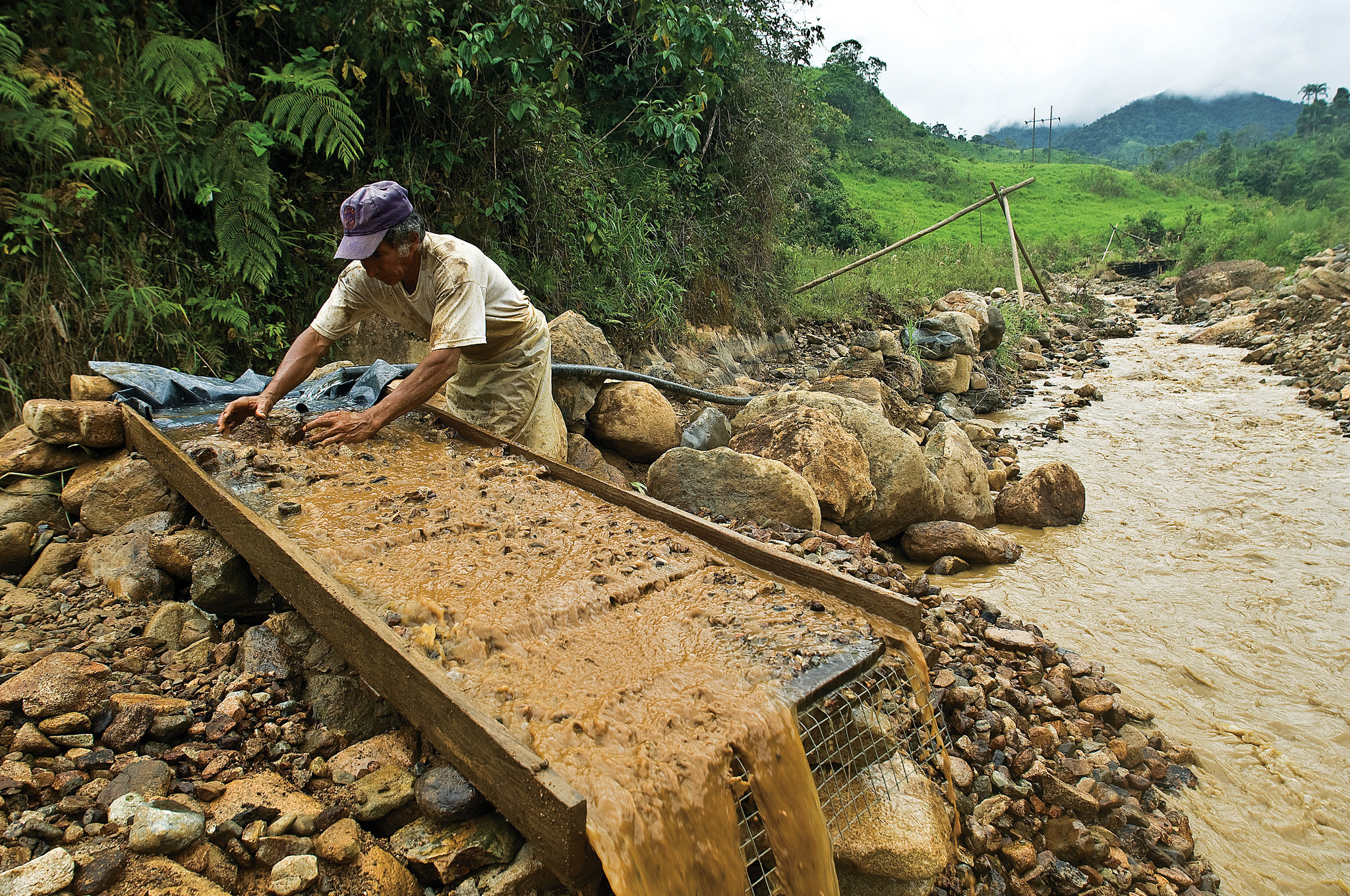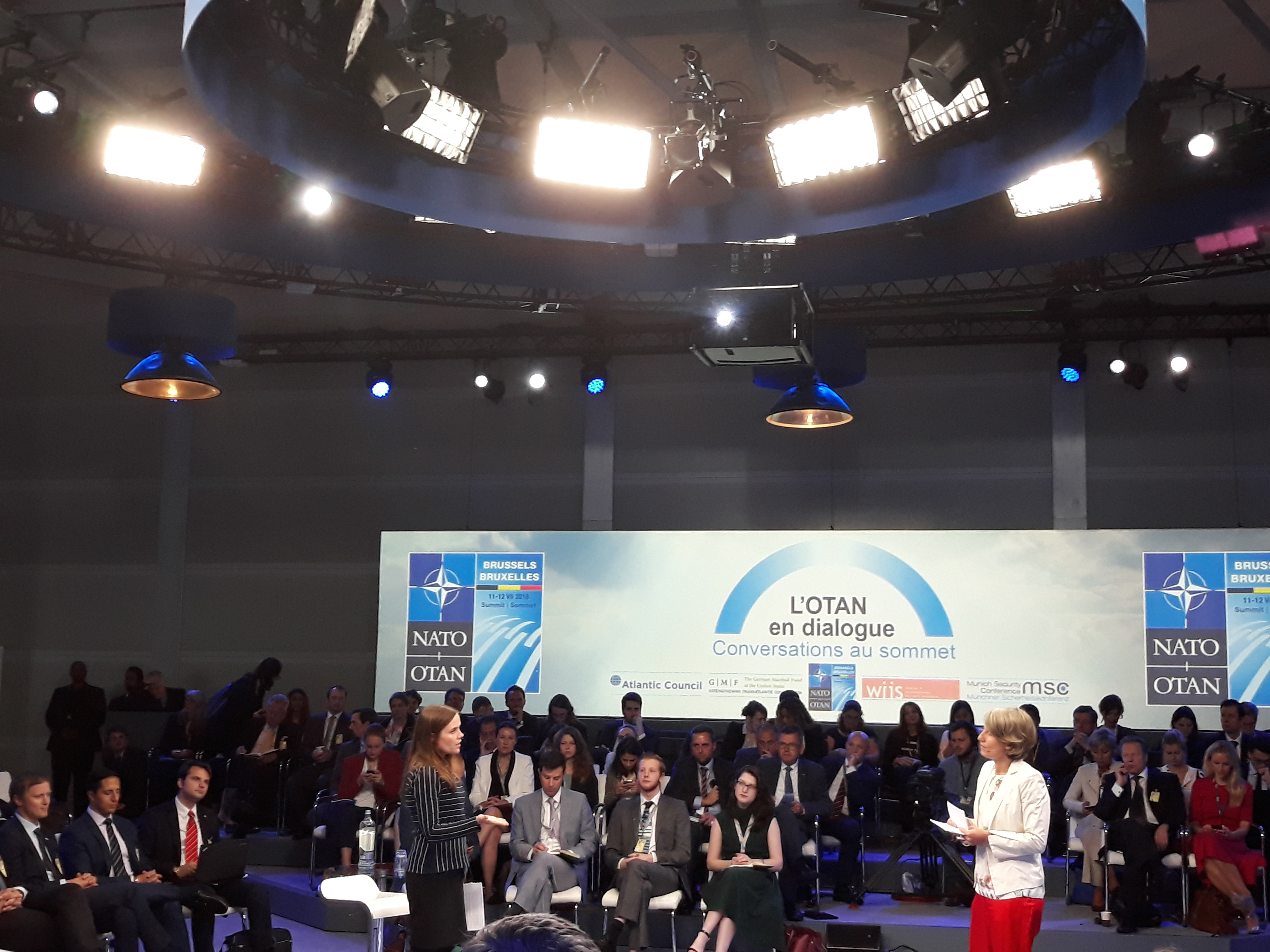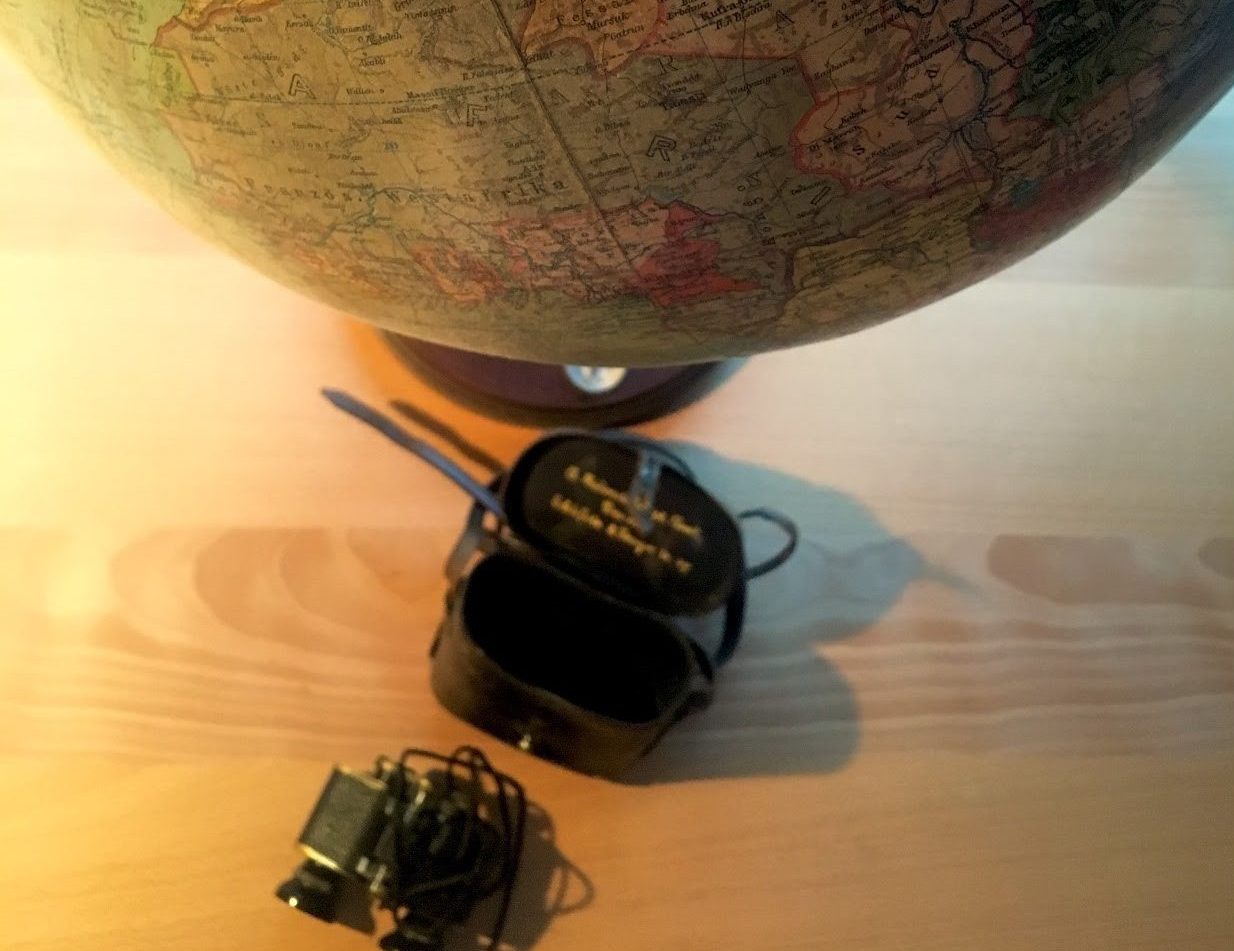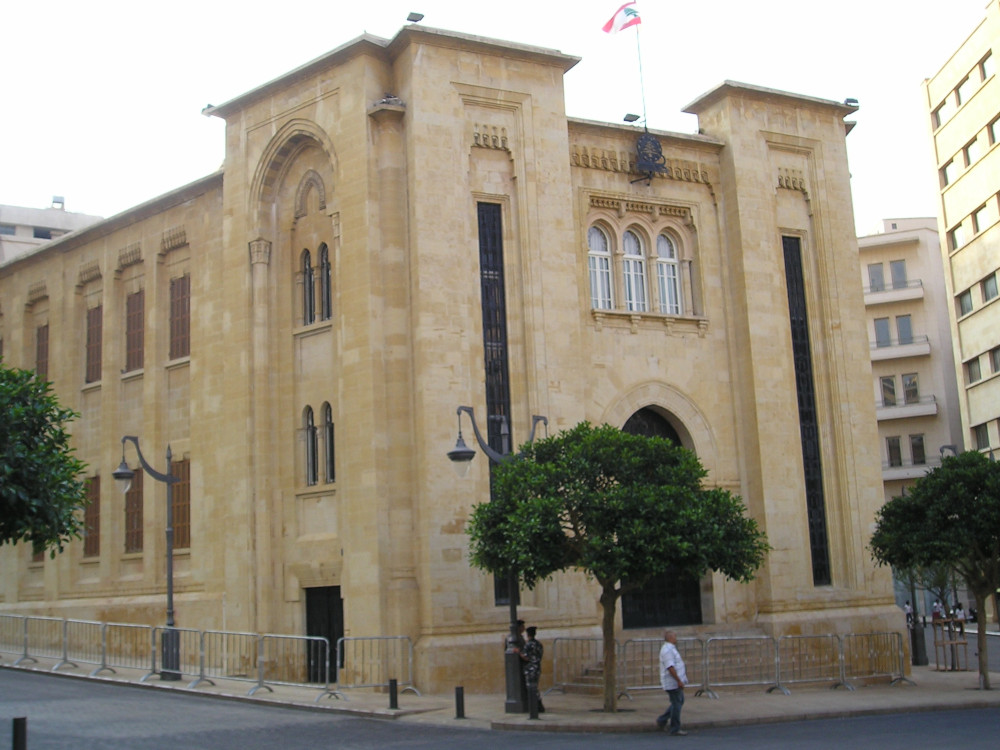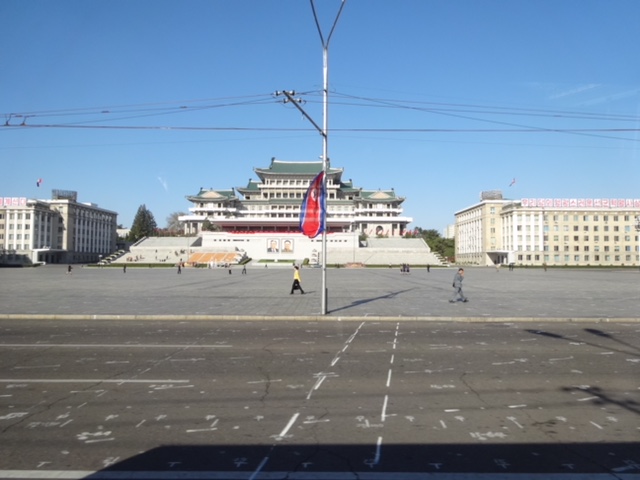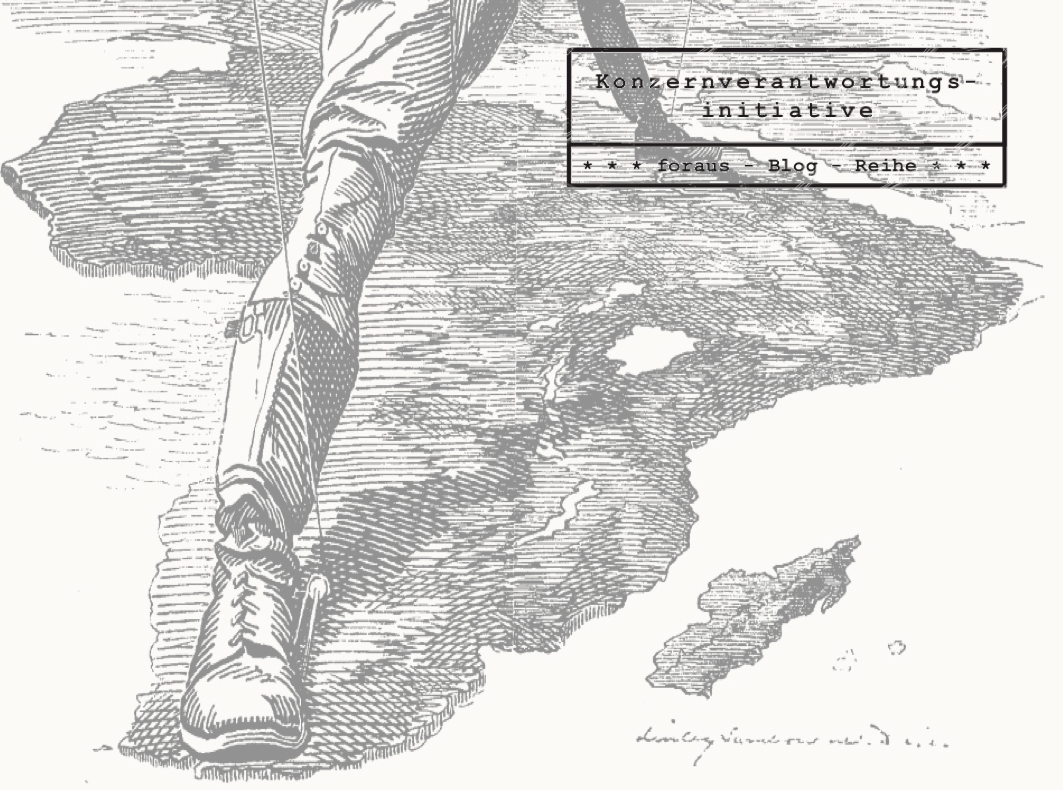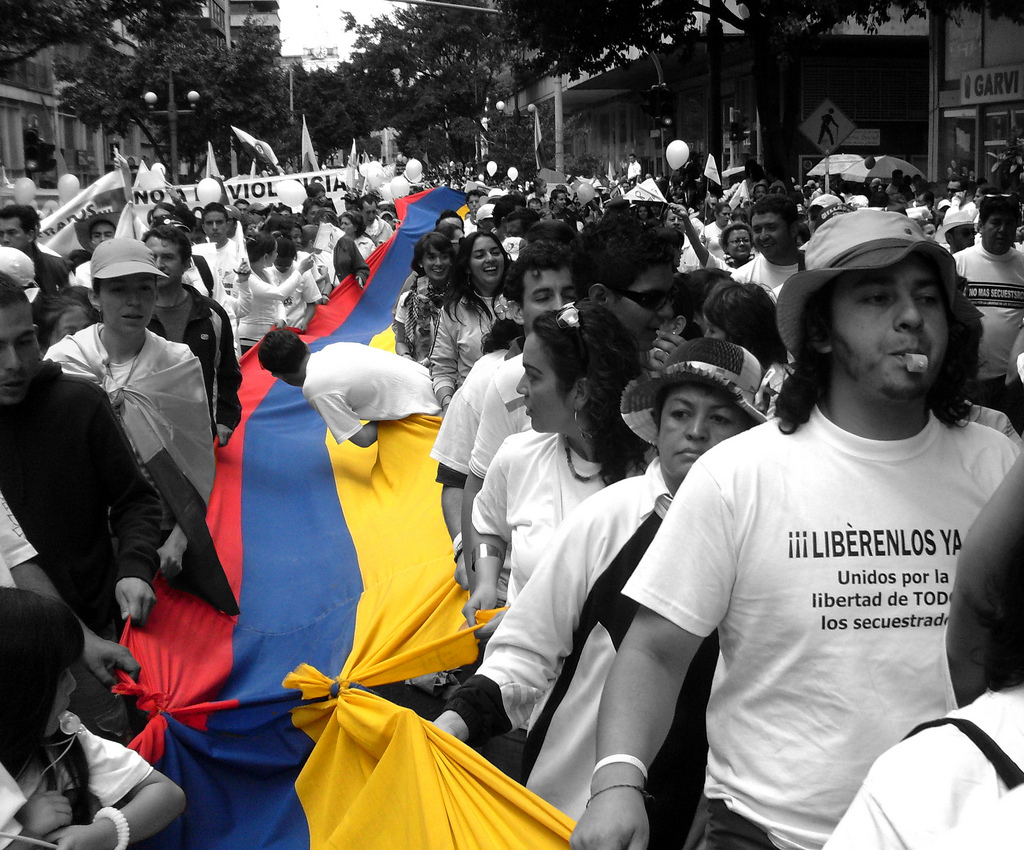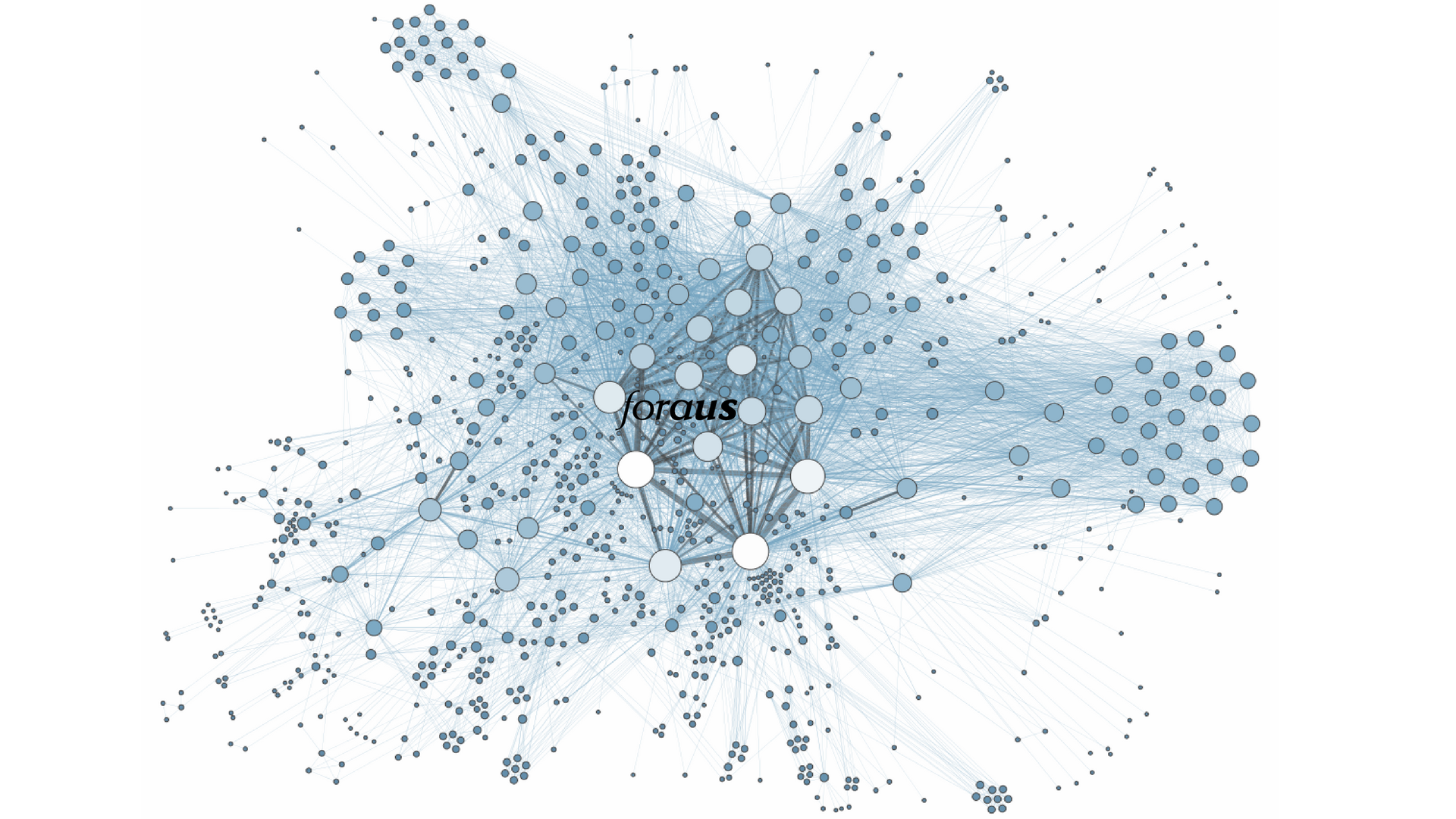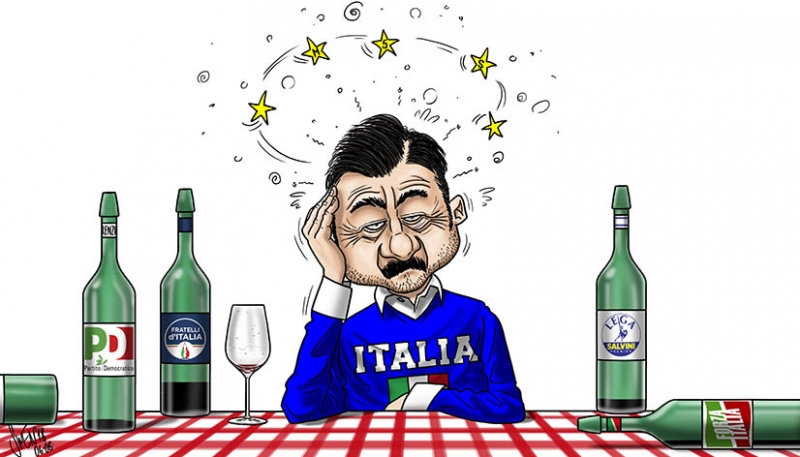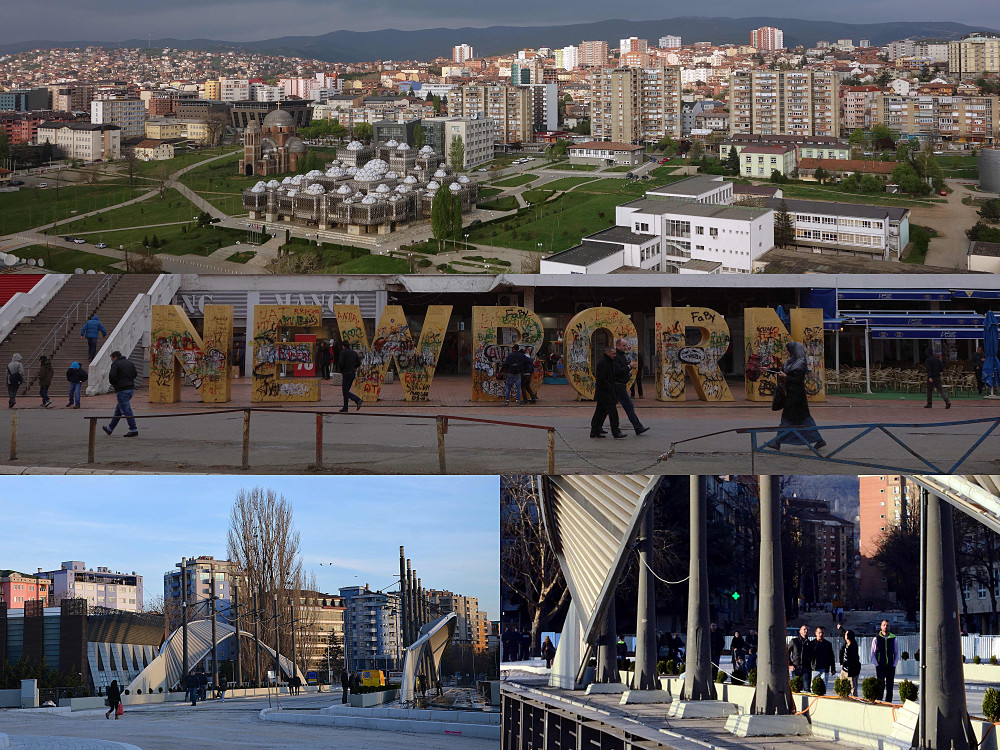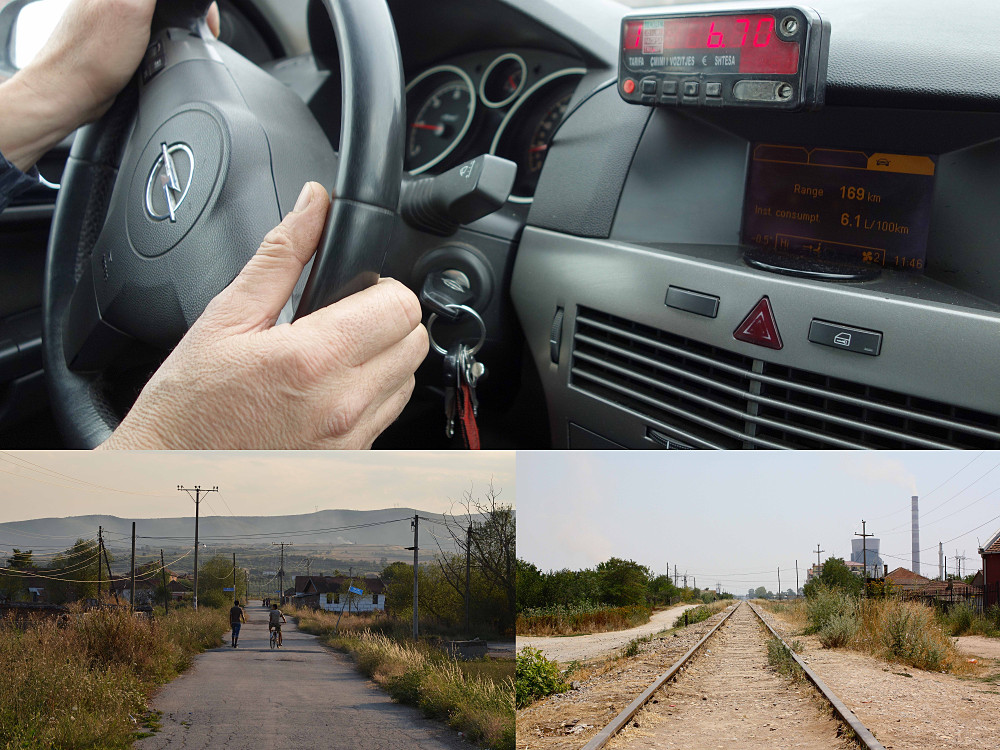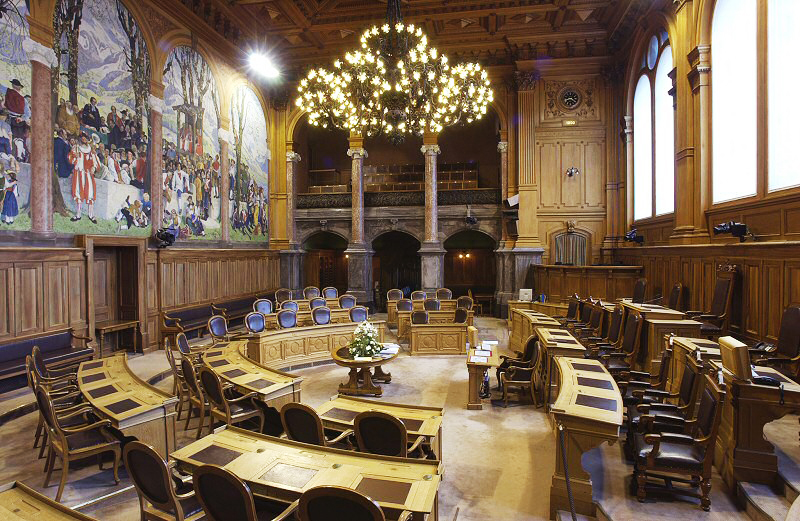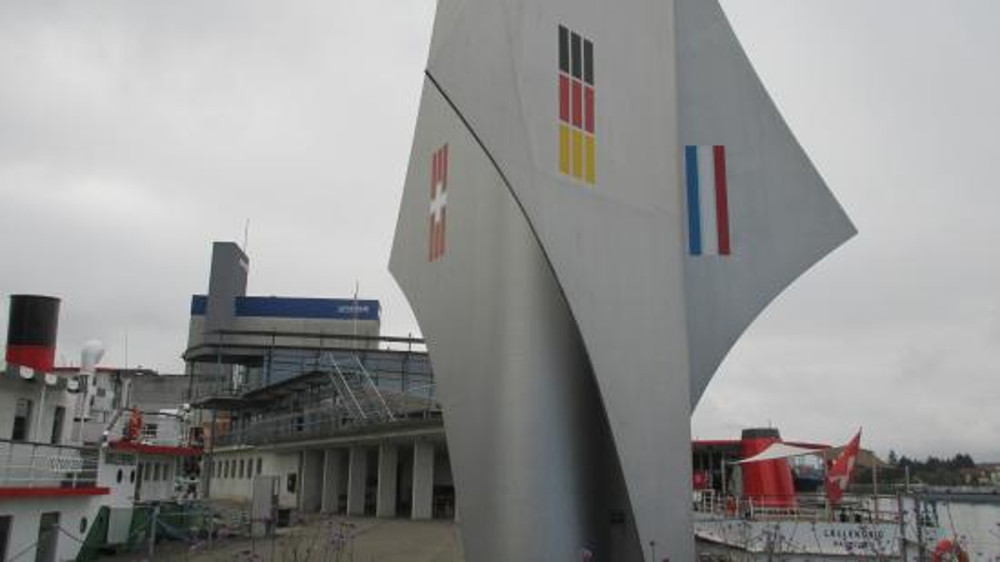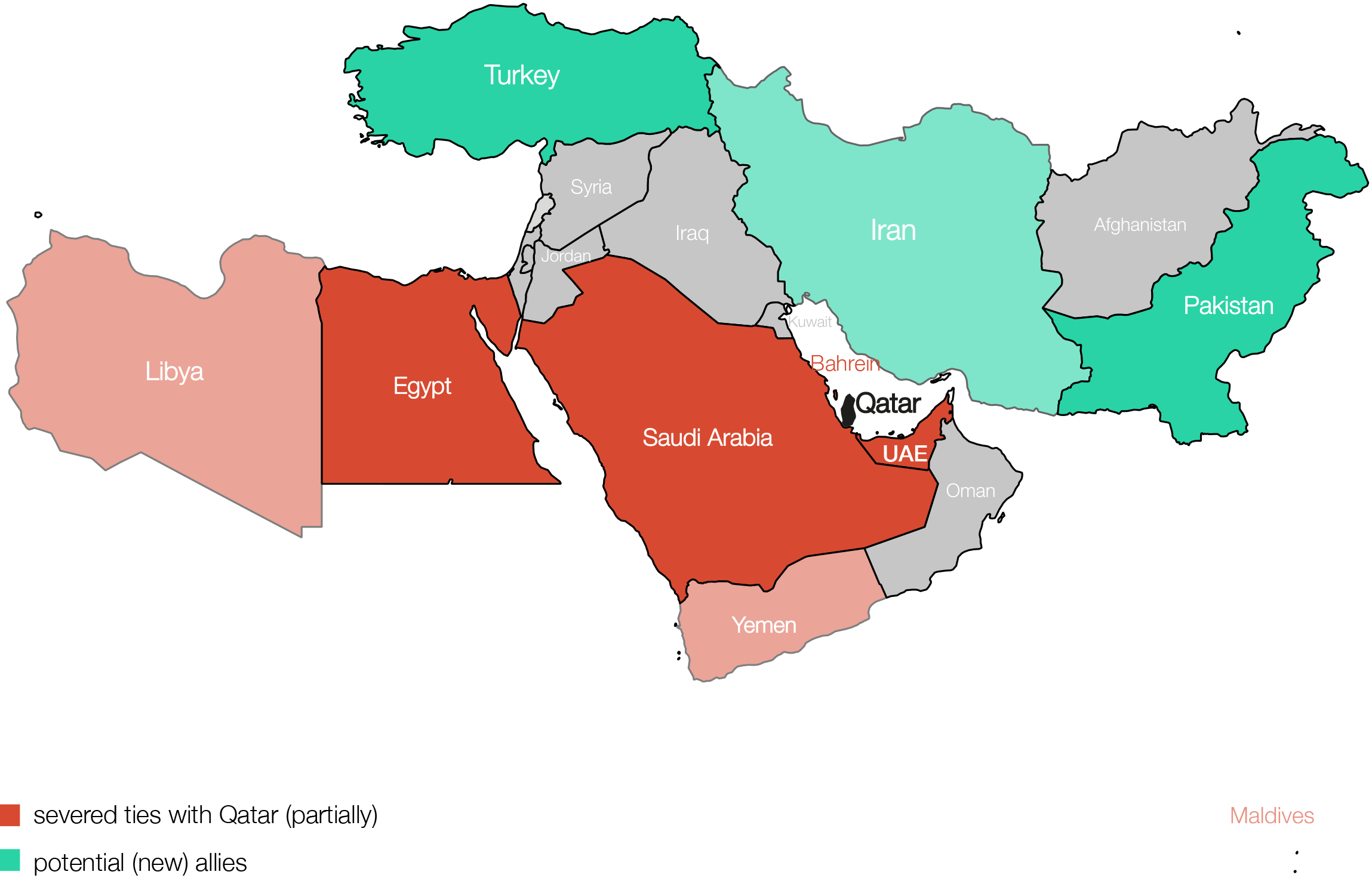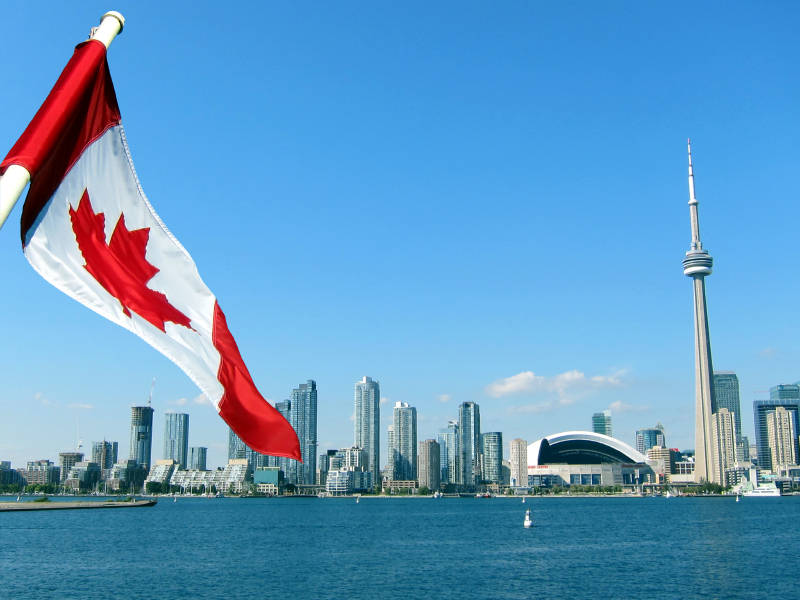Blog – une plateforme pour des débats engagés
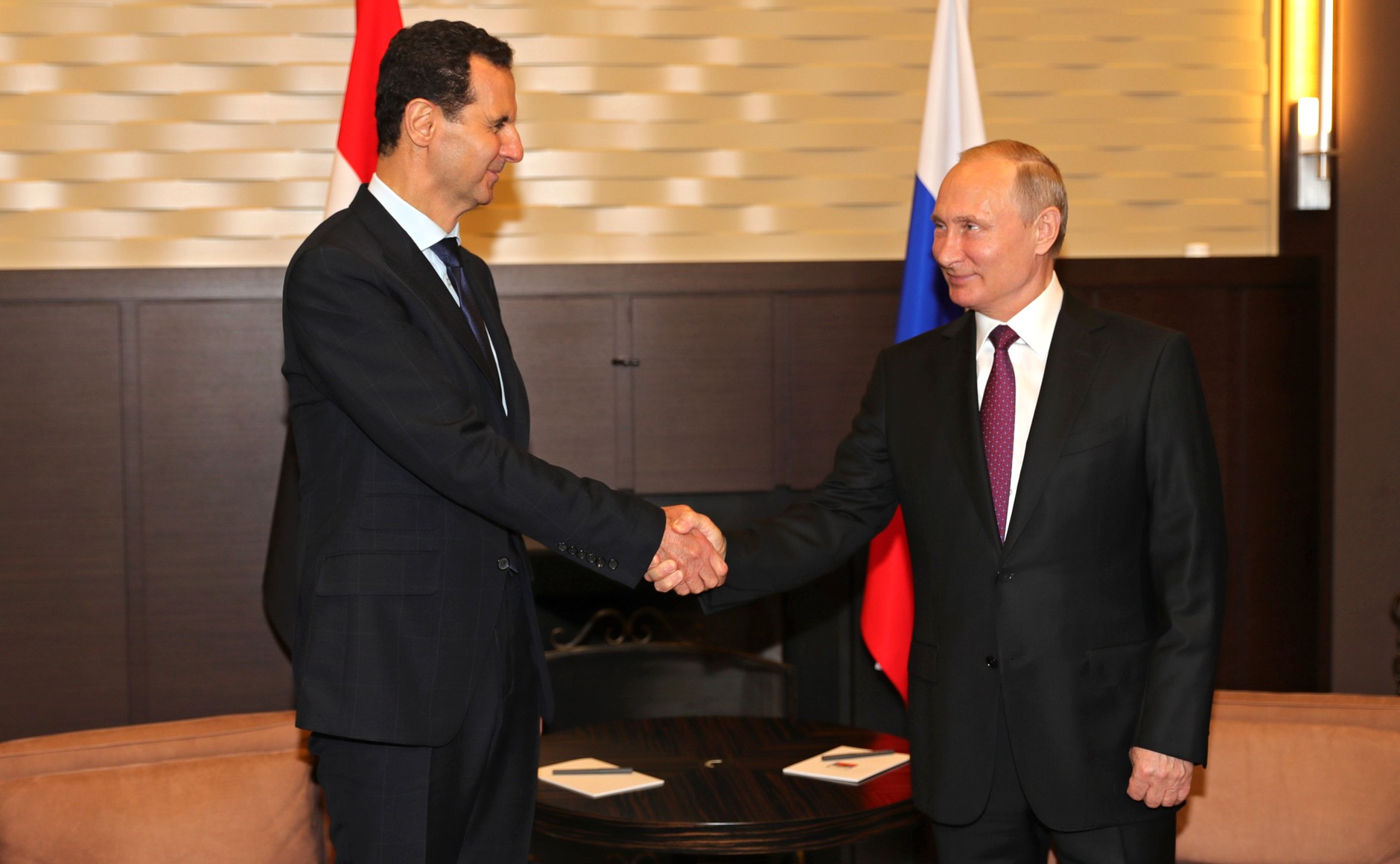
Russian MENA Policy after Al-Assad: A Sign of Decline of Russian Influence in the MENA Region, or Temporary Setback?

Ist Schengen vorerst gerettet? Das Problem der Grenzkontrollen und die Reform des Schengener Grenzkodex
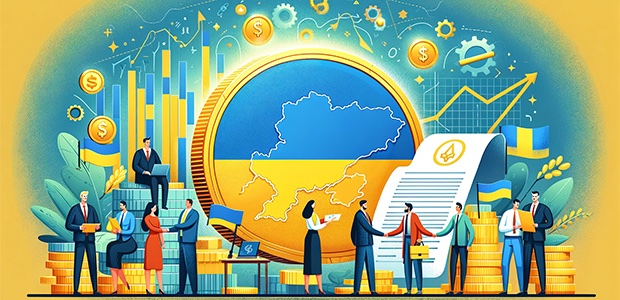
Reconstruire l’Ukraine en investissant dans son secteur privé – Une collaboration prometteuse entre le secteur informatique ukrainien et Innosuisse
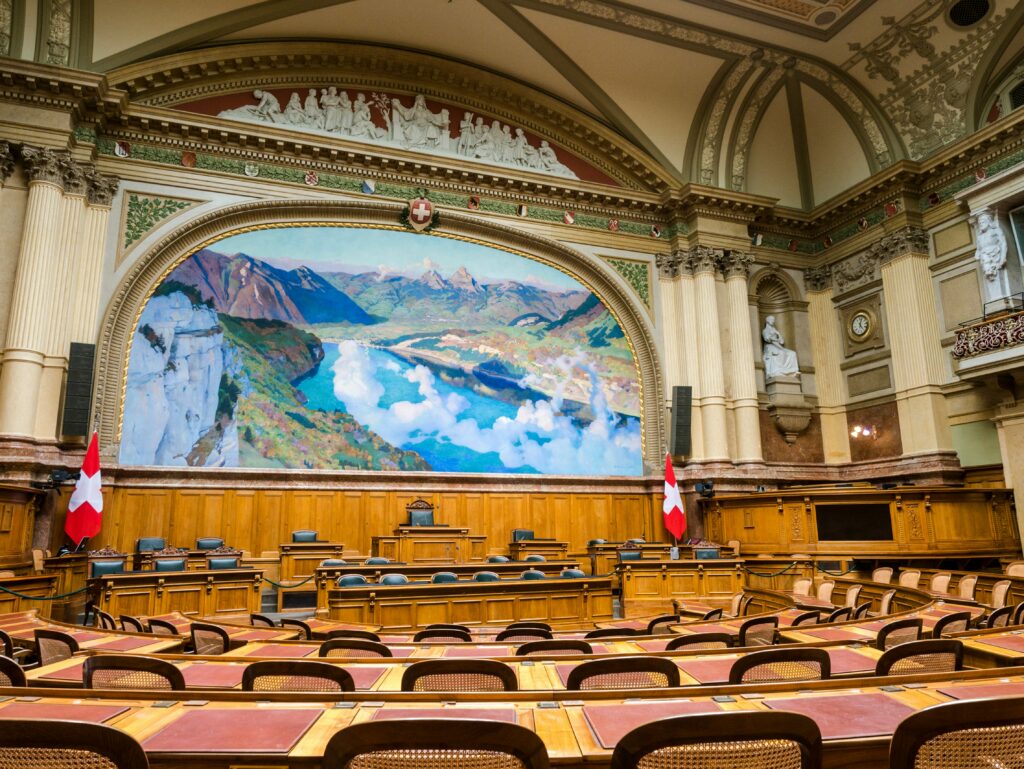
Swiss Sovereignty vs. International Law: The National Council should not echo the Council of States’ declaration criticizing the ECtHR’s recent ‘climate ruling’

Journée internationale pour l’élimination de la violence à l’égard des femmes : quel rôle pour la Suisse et sa population civile ?
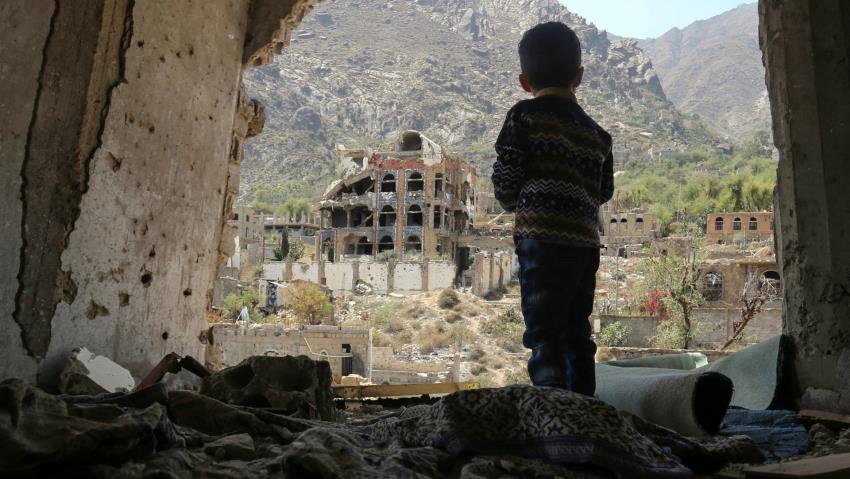
25 Years of the Ottawa Treaty – How Civil Society Organizations Respond to Changes in Warfare and the International Political Environment

Passt der Schweizer Schutzstatus «S» für Geflüchtete aus der Ukraine zum temporären Schutz der EU oder welche Risiken erwachsen aus der Parallelität?
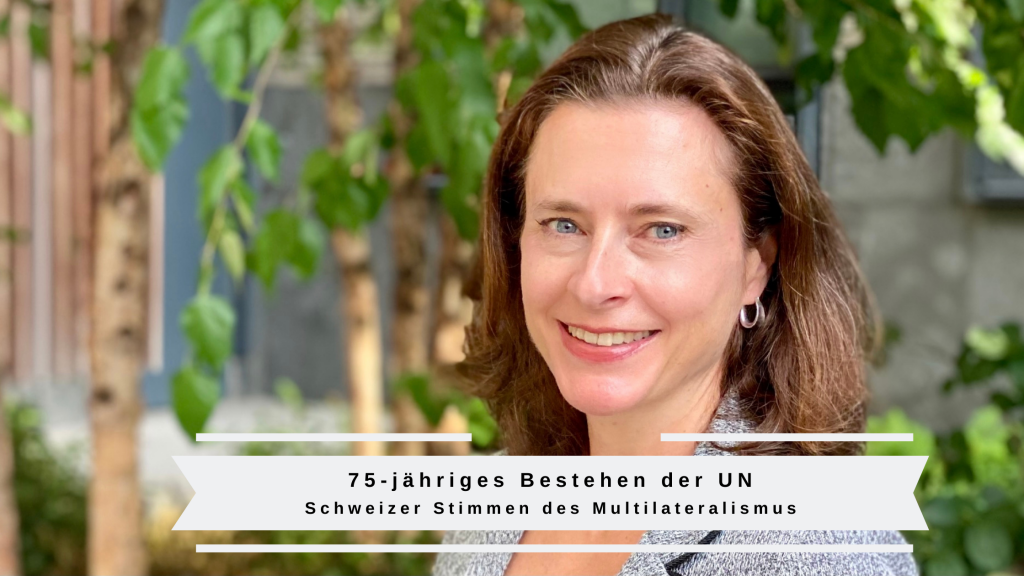
«Treibhausgase, Stürme, Überschwemmungen und Dürren kennen keine Grenzen»: Interview mit Martina Volpe Donlon
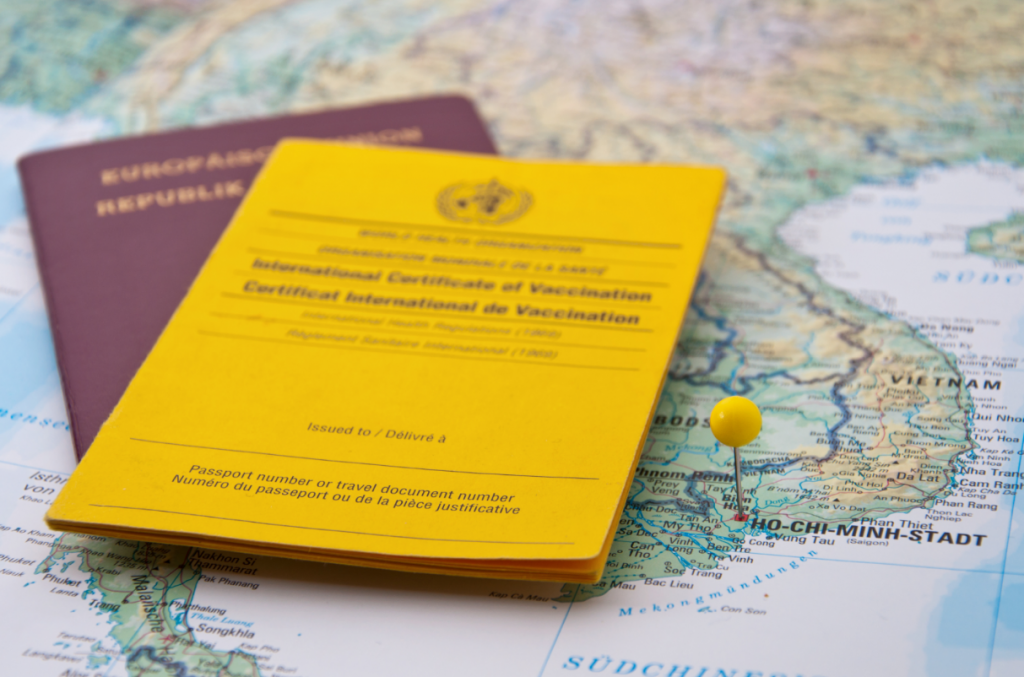
Tackling the Covid-certificate conundrum: a call for international coordination and public inclusion

« Il est important de montrer aux jeunes comme aux âgées que l’ONU est plus que seulement un forum pour résoudre des conflits », entretien avec Aline Stössel, stagiaire à l’ONU.

The potentials of a breakthrough year for Italy: instituting the independent Human Rights Commission

How will the transformation in the way we work accelerate or mitigate the trend of individualisation in our society?
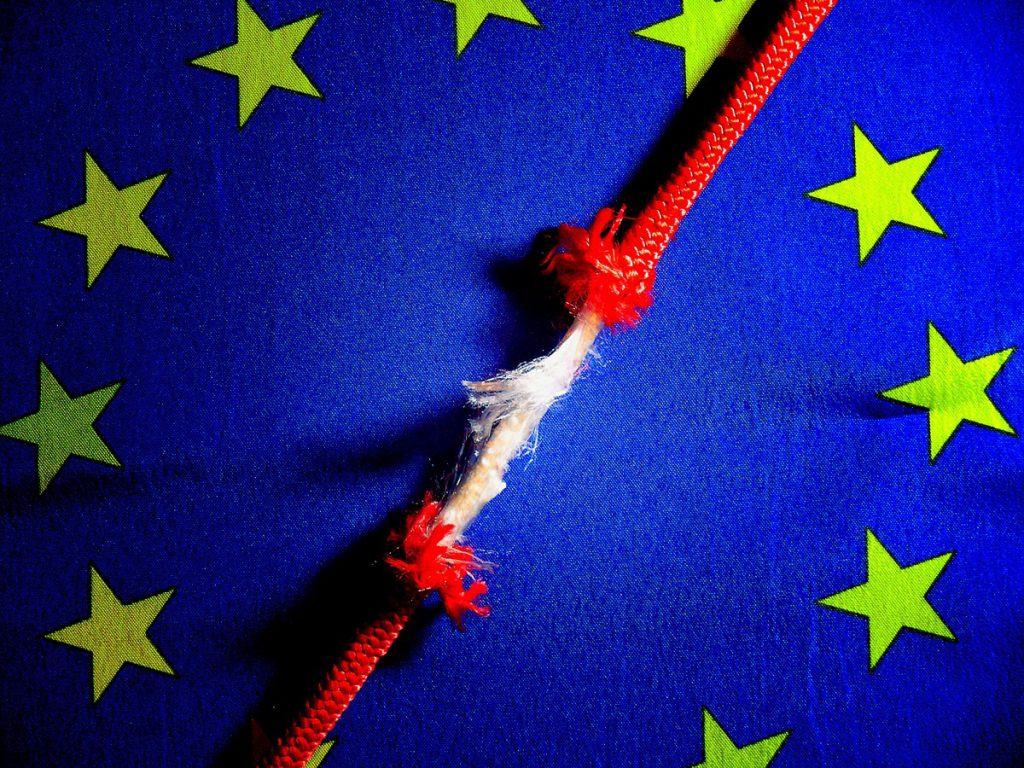
Guter Zug, schlechte Karten: Wieso für die Schweiz trotz Punktsieg im EU-Börsenstreit die Stunde der Wahrheit schlägt

Grande Renaissance — un projet phare de l’Éthiopie au centre de conflits régionaux autour de la répartition des eaux du Nil
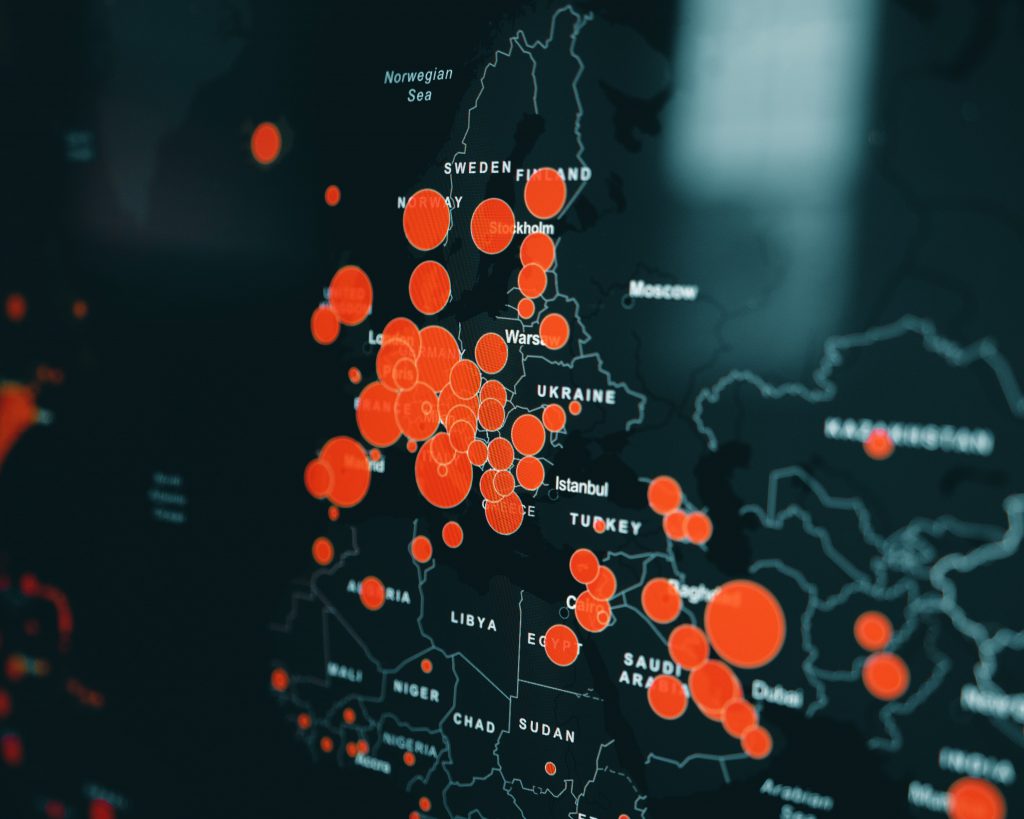
Digital health and Covid-19: Key lessons for a broader conversation about global health data governance
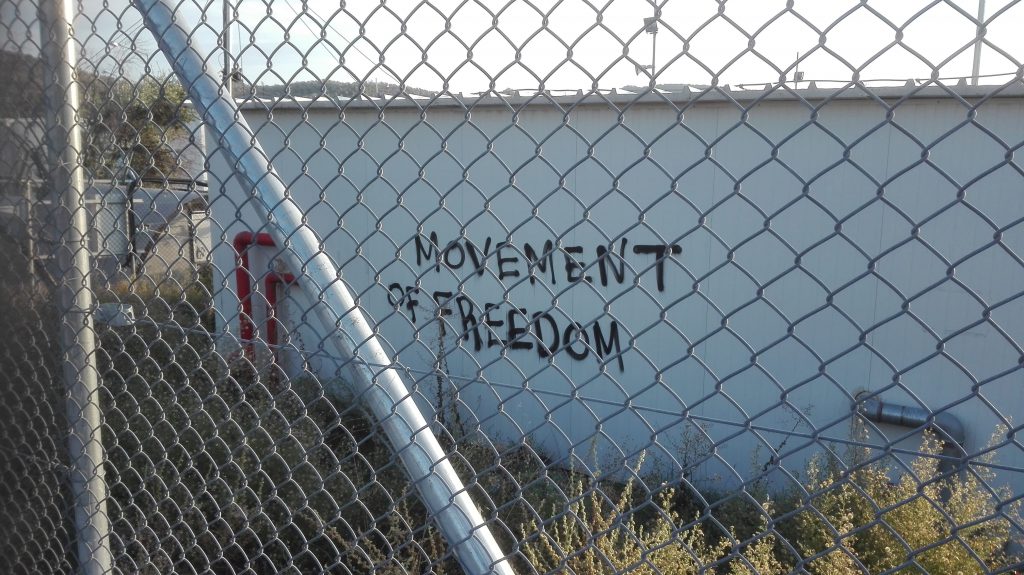
Eine Krise der Werte und Menschlichkeit – Situation für Geflüchtete an der europäischen Aussengrenze
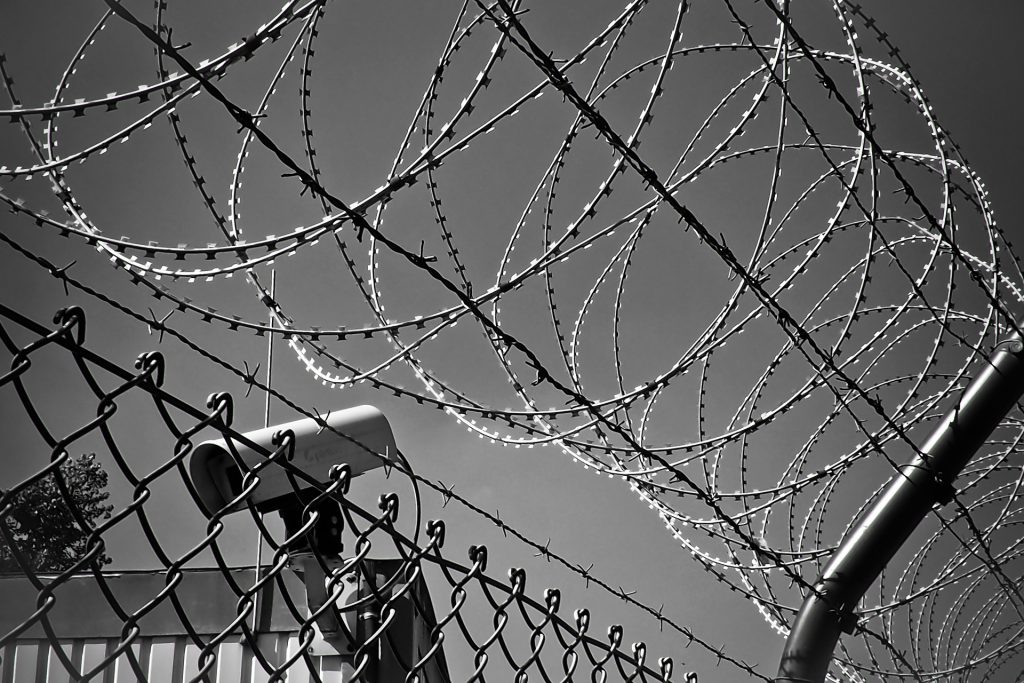
Die Verantwortung des Heimatstaates gegenüber Kindern von ausländischen IS-Kämpfern: Konsularischer Schutz als Ausweg aus den Internierungslagern?

Die Verantwortung des Heimatstaates gegenüber Kindern von ausländischen IS-Kämpfern: Das Kindeswohl als Handlungsmaxime
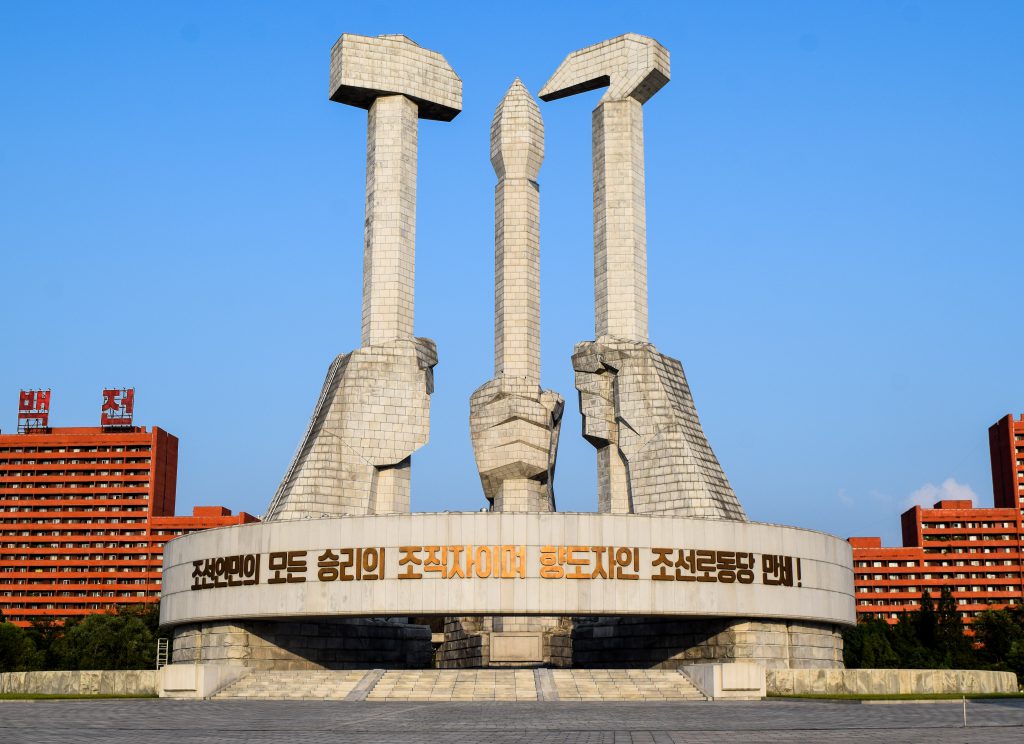
Kim Jong-un: assessing the regional political implications of the Supreme Leader’s apparent health complications.
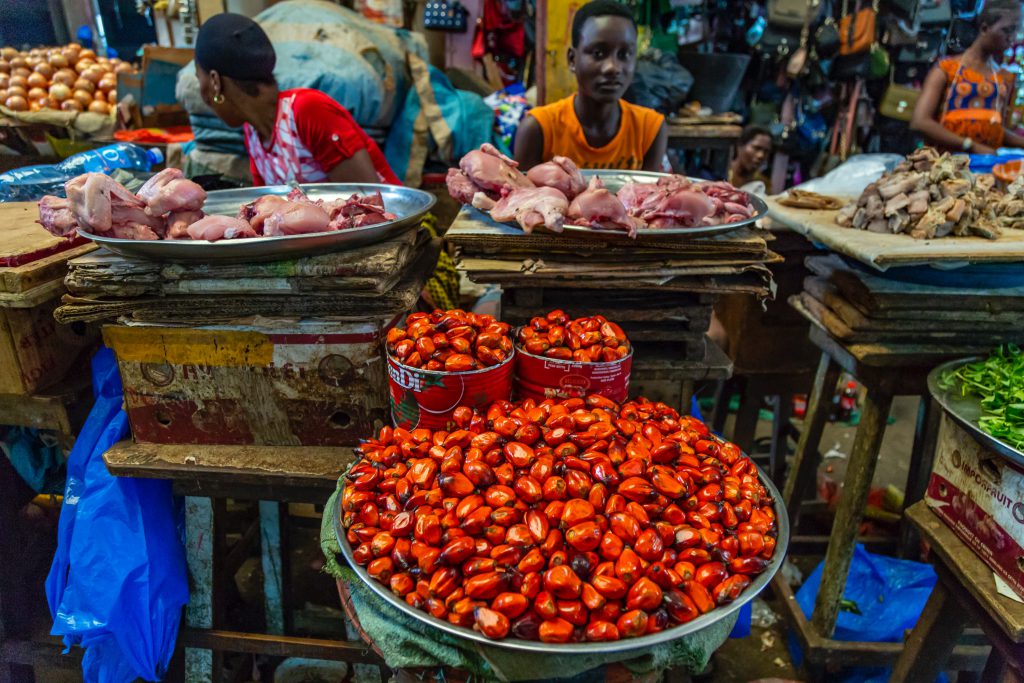
Die Agenda 2030 als Pandemieprävention – oder: Warum die Kürzung von Entwicklungsgeldern auch aus Eigeninteresse eine schlechte Idee ist

Sanctionner malgré soi : le malaise de l’Europe face à l’extraterritorialité des sanctions américaines
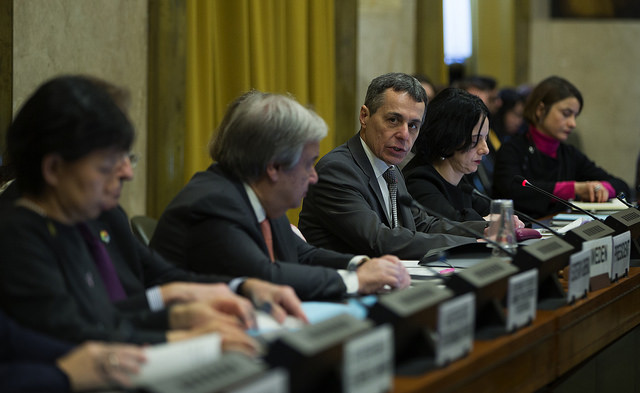
Pour la conclusion d’un rapport conjoint sur les progrès de la négociation institutionnelle entre la Suisse et l’UE

Act of Parliament: in the final stages of Brexit, the terms ‘the people’ and ‘democracy’ require deconstruction
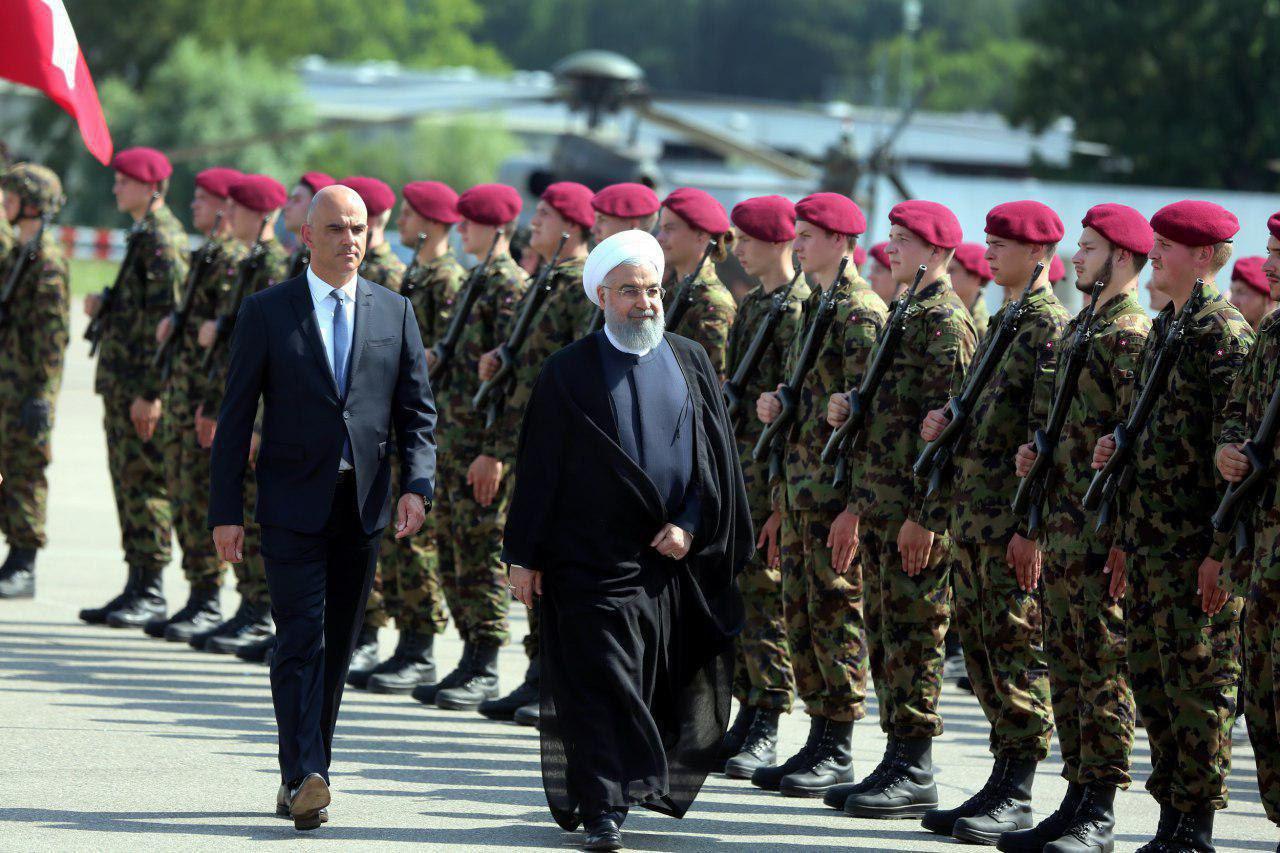
Herculean task for Europe: Iranian President Rouhani visits Switzerland amidst uncertainty over the nuclear deal

Rechtskonservativismus siegt, der Friedensprozess wird geschwächt – teilweise. Kolumbien hat gewählt.

Konzernverantwortungsinitiative – A Contribution to Fulfill Switzerland’s Extraterritorial Human Rights Obligations?

Erneuerung tut Not: Ein Kommentar zum Sondierungspapier der CDU, CSU und SPD zur Wiederauflage einer grossen Koalition in Deutschland

Restoring Paradise: Handlungsmöglichkeiten für die Schweiz zur Verbesserung ihrer Reputation und Rechenschaft

Der Bundesrat schmeisst das RASA-Handtuch: Jetzt müssen die Parteien vier Jahre Stillstand aufwischen.

Die Karthum-Problematik der Schweiz – wie sich Bern für einen besseren Migrationsprozess einsetzen kann

« My kingdom for a horse ! » : le Royaume-Uni va-t-il échanger son appartenance à l’UE contre celle à l’AELE ?

175 Länder unterzeichneten letzten Freitag das Pariser Abkommen – diese Ambition braucht es nun auch in der Umsetzung

De l’art de traiter avec des pays eurosceptiques : le « Brexit » et ses conséquences pour la voie bilatérale

Elections fédérales 2015 : nos partis doivent répondre de leur politique européenne et migratoire devant les citoyens!

Mazedonisches Mischeln: Der neueste EU-Vermittlungserfolg darf nicht über grosse Herausforderungen hinwegtäuschen.

Kandidatur der Schweiz für den UNO-Sicherheitsrat: Vollmitgliedschaft der Schweiz oder Aussenstehende Beobachterin?

Turbulenzen am Himmel: Wie ein beleidigter Saucisson am Euroairport das Schweizer Verhandlungsgeschick herausfordert

Hedgefonds vor Land: Warum Argentinien nicht zum Präzedenzfall für zukünftige Schuldenkrisen werden darf

Dei frontalieri, ovvero del come considerare un unico aspetto populista il fulcro delle relazioni Italia-Svizzera (e contribuire a rovinarle)

Die Augenbinde abnehmen: Technische Eingriffe ins natürliche System könnten den Klimawandel schlimmer machen – oder mindern!
Ist die Schweiz EU-kompatibel? Auswirkungen einer Mitgliedschaft auf den Sonderfall Schweiz (Teil 2)
Ist die Schweiz EU-kompatibel? Auswirkungen einer Mitgliedschaft auf den Sonderfall Schweiz (Teil 1)
Entwicklungshilfe und Asylpolitik: Eine Verknüpfung ist weder effektiv noch im Interesse der Schweiz

Arbeitsverweigerung ist keine Lösung – Die Schweiz muss in der Frage der palästinensischen Staatlichkeit endlich Farbe bekennen

Mythen zur Personenfreizügigkeit Nr. I: Der vermeintliche Souveränitätsanker der Schweiz: Die Ventilklausel

Der EGMR erklärt Beschwerden für unzulässig: Strassburg will sich am Minarettverbot noch nicht die Finger verbrennen

Perlen vor die Säue: Die Beschränkung der Arbeitsmigration bedeutet eine Wertvernichtung von unvorstellbarem Ausmass

Weniger ist mehr: Warum die Schweiz ihre bilaterale Entwicklungszusammenarbeit auf ein einziges Partnerland ausrichten soll

Don Quijchote bekommt Applaus: Zur frappierenden Nutzlosigkeit der Zwangsmassnahmen im Migrationsrecht

Nach dem Frühling: Neue Realitäten in Nordafrika und die Konsequenzen für die internationale Entwicklungszusammenarbeit

Zu dünnes Eis? Die Anerkennung von Rebellen-Regierungen vor dem Ende des Konfliktes ist völkerrechtlich heikel

Wandel zur Realpolitik? Barack Obama verletzt sein Wahlkampfversprechen und schliesst Guantánamo nicht

Die Schweiz als Türöffner zur Europäischen Union? Wie Freihandelsverträge der EFTA mit Drittstaaten das Interesse an der EU steigernDie Schweiz als Türöffner zur Europäischen Union? Wie Freihandelsverträge der EFTA mit Drittstaaten das Interesse an der EU steigern

Revolutionäres im UN-Sicherheitsrat: Wie die internationale Gemeinschaft auf die Krise in Libyen reagiert

Veränderte Umstände oder Vergeltungsmassnahmen: Soll das Schweizerisch-Libysche Schiedsgericht auf Eis gelegt werden?

Die Claqueure des Falken: Die Schweizer Finanzelite empfängt den Präsidenten der Deutschen Bundesbank Axel Weber an der Universität Zürich.

Das Ende der kalten Frieden: Die Neuverteilung der Macht im Nahen Osten und die Chancen für eine Lösung des israelisch-arabischen Konflikts

„Hervorragende Beziehungen“: Die offizielle Schweiz hat Mühe mit der richtigen Distanz zu Husni Mubaraks Ägypten
Événements à venir

Are you a new member of foraus, curious about shaping foreign policy or perhaps still deliberating joining? You've come to the right place! Our engagement team is happy to give you an overview over how we operate, concrete ways you can contribute to our policy work and how to hack your membership to profit of all its advantages. We'll talk structure, policy writing, event management, staying up to date, insider events and much more. The event will take place online.
Join the zoom meeting: https://us06web.zoom.us/j/84162852913
Plus d'informations et inscription

Do you love bubble tea? We do too! 🧋
That is why the foraus Bern office is inviting you to our very own Bubble Tea Event. We will drink bubble tea together,🫧all while learning about its connection to foreign policy. 🌏 Jessica will give a brief introduction on the origins and history of this trendy drink and how it spread throughout the world. This will be followed by Nadine’s input on bubble tea’s connection to foreign policy. 🧐
This summer community event also serves as a bitter-sweet goodbye to our current interns, as they leave foraus to embark on a new journey in August! So if you love bubble tea, foreign policy or just want to wish our interns farewell, drop by the foraus office on the 12th of August at 5pm! ☀️
Plus d'informations et inscription

Welche Bedeutung kommt der Forschung für den Wirtschafts- und Innovationsstandort Schweiz zu? Quel rôle joue la coopération avec l'UE dans le domaine de l'éducation et de la recherche ainsi que dans l'accès à des programmes comme Horizon ?
🗓️ Mardi 16 septembre 2025, 18h00-21h00
📍 Hotel Bern | Zeughausgasse 9, 3011 Bern
Mit Partnern aus Wissenschaft (ETH-Rat, SNF, Akademien der Wissenschaften, swissuniversities) und Wirtschaft (economiesuisse, Centre Patronal, FER Genève, Chambre de commerce Vaud) lädt foraus ein, um Fragen rund um die Forschungszusammenarbeit zwischen der Schweiz und der EU zu thematisieren und zu diskutieren.
—
Agenda
17:45 | Türöffnung
18:15 | Introduction par Monika Rühl (directrice d'economiesuisse) et Michael Gerber (ambassadeur SEFRI)
18:40 | Paneldiskussion mit u.a. Michael Hengartner (ETH-Rat), Torsten Schwede (SNF), Aude Pugin (CEO Apco Technologies) und den Parlamentarier:innen Simone de Montmollin (Nationalrätin FDP / GE), Marianne Binder-Keller (Ständerätin Die Mitte / AG) und weiteren Persönlichkeiten aus Politik und Wirtschaft
20:15 | Apéro 🥂
—
Nous remercions tous nos partenaires pour leur collaboration et nous nous réjouissons de partager un échange enrichissant et instructif ! 🗣️
Bei Interesse zu einer Teilnahme bitten wir um eine Anmeldung. Die Plätze sind begrenzt. 👉
Plus d'informations et inscription

Join us for an epic Skills-Sharing-Workshop on ethic leadership and content production for new insights! More information will follow.
Plus d'informations et inscription

Are you a new member of foraus, curious about shaping foreign policy or perhaps still deliberating joining? You've come to the right place! Our engagement team is happy to give you an overview over how we operate, concrete ways you can contribute to our policy work and how to hack your membership to profit of all its advantages. We'll talk structure, policy writing, event management, staying up to date, insider events and much more. The event will take place online.
Join the zoom meeting: https://us06web.zoom.us/j/84162852913
Plus d'informations et inscription

Dear foraus-people and foreign policy enthusiasts, mark the last october-weekend in your calendars because we will be going tooooo Ticino! 🎬🐆🌞🌴 this year’s autumn retreat will be all about the Swiss foreign policy aspects of the Locarno Film Festival and the region of Ticino. For the early birds please sign up here and let us know that you’ll be joining us!
More details will follow soon!
Plus d'informations et inscription
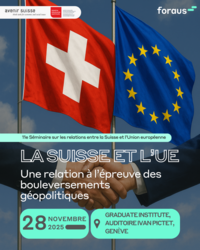
Les récentes décisions prises par l’administration américaine — des droits de douanes au repli stratégique — ont déclenché des bouleversements géopolitiques et géostratégiques à l’échelle mondiale. C’est dans ce contexte d’imprévisibilité croissante que la Suisse et l’UE visent à consolider et développer leur coopération à travers une nouvelle série d’accords bilatéraux qui viennent d’être mis en consultation.
Pour jauger au mieux ces accords, le séminaire propose de prendre du recul et d’aborder des questions avec des enjeux transversaux pour l’avenir économique de la Suisse et de l’Union européenne. L’euro jouera-t-il un rôle plus important dans l’ordre monétaire international ? L’innovation est-elle encore possible en Europe ? Quel avenir pour la circulation des personnes ?
Venez échanger avec des intervenant·e·s de haut niveau issu·e·s des secteurs institutionnel, académique et privé européens et suisses. Ne manquez pas cette opportunité !
Organisé par le foraus en partenariat avec le Graduate Institute et Avenir Suisse, ce séminaire sur les relations entre la Suisse et l’Union européenne revient pour sa 11e édition.
Le programme détaillé ainsi que le lien d'inscription seront communiqués prochainement.
Plus d'informations et inscription

Are you a new member of foraus, curious about shaping foreign policy or perhaps still deliberating joining? You've come to the right place! Our engagement team is happy to give you an overview over how we operate, concrete ways you can contribute to our policy work and how to hack your membership to profit of all its advantages. We'll talk structure, policy writing, event management, staying up to date, insider events and much more. The event will take place online.
Join the zoom meeting: https://us06web.zoom.us/j/84162852913
Plus d'informations et inscription

Rejoins-nous à la retraite de printemps du foraus, les 13er et 14 mars 2026, pour une expérience exceptionnelle ! En tant que membre de la communauté forausienne, c'est une occasion de #connecter #collaborer #créer ensemble.
L'hébergement, les repas et le programme sont pris en charge par le bureau du foraus. Les bénévoles actif·ve·s bénéficient d'une entrée gratuite, en guise de remerciement pour leur engagement. Les membres sans rôle formel peuvent aussi participer moyennant une petite contribution. Prépare-toi à un week-end de discussions inspirantes, d'ateliers stimulants et de moments conviviaux. Des activités amusantes, des célébrations et de délicieux repas sont également au programme. Note bien ces dates dans ton calendrier et reste à l’affût pour plus de détails !
Sei mit dabei an der foraus-Frühjahrsretraite am 13. und 14. März 2026! Als Mitglied der foraus Community oder engagierte:r Freiwillige:r ist dieses Wochenende deine Gelegenheit, dich mit anderen zu #verbinden #zusammenzuarbeiten #gemeinsam mutige Aussenpolitik zu kreieren.
Übernachtung, Verpflegung und Programm werden von der foraus Geschäftsstelle organisiert – aktive Freiwillige laden wir zum Dank für die investierte Zeit gerne gratis ein und Mitglieder ohne formelle Rolle können gegen einen kleinen Unkostenbeitrag auch mit dabei sein. Freu dich auf ein Wochenende voller zukunftsweisender Diskussionen, inhaltlicher Workshops und informellem Zusammensein. Daneben bilden aber auch Spass, gemeinsames Feiern und leckeres Essen den Kern des Programms. Schreibe dir diesen Termin bereits im Kalender ein und bleib gespannt für weitere Informationen!
Plus d'informations et inscription
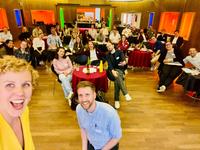
Rejoins-nous à l’assemblée générale 2026 du foraus, le 9 mai 2026 à Berne. Lors de cet événement annuel, nos membres définissent les orientations stratégiques pour l'avenir du foraus. Outre la partie ordinaire, des discussions politiques ainsi qu'un délicieux apéro attendent les participant·e·s.
Deviens membre du foraus ici ou actualise ton adhésion existante sur notre plateforme communautaire. Une inscription formelle à l'AG est souhaitée.
Entscheide mit an der foraus Generalversammlung 2026 am 9. Mai 2026 in Bern. An diesem jährlichen Anlass stellt ihr Mitglieder die Weichen für die Zukunft des Vereins foraus. Neben dem statutarischen Teil erwarten euch auch politische Diskussionen sowie ein leckerer Apéro.
Werde hier Mitglied von foraus oder aktualisiere deine bestehende Mitgliedschaft auf unserer Mitgliedschaftsplattform, um mit abstimmen zu können. Eine formelle Anmeldung zur GV ist erwünscht.
Plus d'informations et inscription



